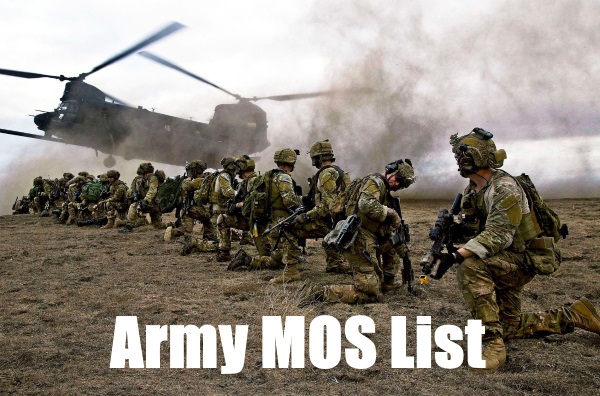When enlisting in the U.S. Army, all new recruits may select a job. This more specialized form of occupation is known as a Military Occupational Specialty, or MOS.
The U.S. Army currently has over 140 active enlisted MOS (Military Occupational Specialties), grouped into Career Management Fields (CMF). This comprehensive list covers them all with descriptions and minimum ASVAB requirements (as of 2026).
Below each job, you will see a brief description of the Army MOS, as well as the minimum necessary ASVAB line score.
2026 Update: Army enlisted MOS structure and CMF groupings remain stable with over 140 active jobs. No major retirements or new MOS additions reported for enlisted roles in 2025–2026 (some warrant/officer changes like 40D exist but not enlisted). Minimum ASVAB line scores are current as listed but can vary slightly with policy tweaks, so it’s best to verify with official Army sources. Enlistment bonuses cap at $50K for 6-year contracts in high-demand MOS (effective 2025–2026 charts).
(*Note: Learn more about ASVAB scores and how they relate to Army jobs here.)
Army MOS are broken down into fields and branches, and they include:
- Infantry (Field 11)
- Construction & Engineering (Field 12)
- Field Artillery (Field 13)
- Air & Missile Defense (Field 14)
- Aviation (Field 15)
- Cyber Warfare (Field 17)
- Special Operations (Field 18)
- Armor (Field 19)
- Signal Corps (Field 25)
- JAG Corps (Field 27)
- Electronic Warfare (Field 29)
- Military Police (Field 31)
- Intelligence (Field 35)
- Financial Management (Field 36)
- Psych Ops (Field 37)
- Civil Affairs (Field 38)
- Adjutant General’s Corps (Field 42)
- Public Affairs (Field 46)
- Acquisition Corps (Field 51)
- Chaplain (Field 56)
- Medical CMF (Field 68)
- Chemical, Biological, Radiological and Nuclear (Field 74)
- Recruiting & Retention (Field 79)
- Transportation (Field 88)
- Explosive Ordnance (Field 89)
- Mechanical Maintenance (Field 91)
- Quartermaster Corps (Field 92)
- Electronic & Missile Maintenance (Field 94)
To help you save time in your Army job search, enter your ASVAB scores in the table below:
CL
CO
DLAB
ECLT
EL
FA
GM
GT
ICLT
MM
OF
SC
ST
With all of this information in mind, below are all of the jobs that the U.S. Army offers to those who are qualified and can pass the requirements. In parentheses are the 3-digit codes that make up the Military Occupational Specialty (MOS) assigned to each job.
These minimum ASVAB line scores are current as of 2026 but subject to minor adjustments. Always confirm with an Army recruiter or goarmy.com for your qualification.
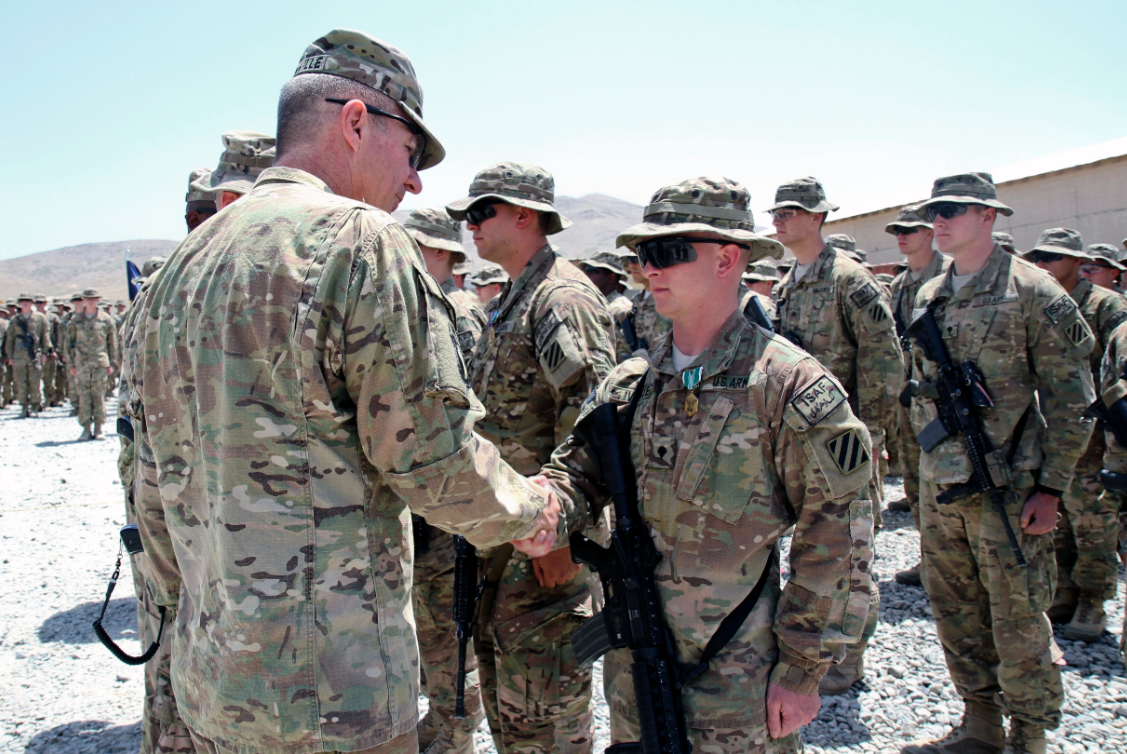
What They Do: This job is the main land combat force of the Army. They’re responsible for defending the country. They are a part of fire teams in drills or real/live combat scenarios, and aid in the mobilization of vehicles, troops, weaponry, and more.
Minimum ASVAB Score: CO: 87
2. Indirect Fire Infantryman (11C)
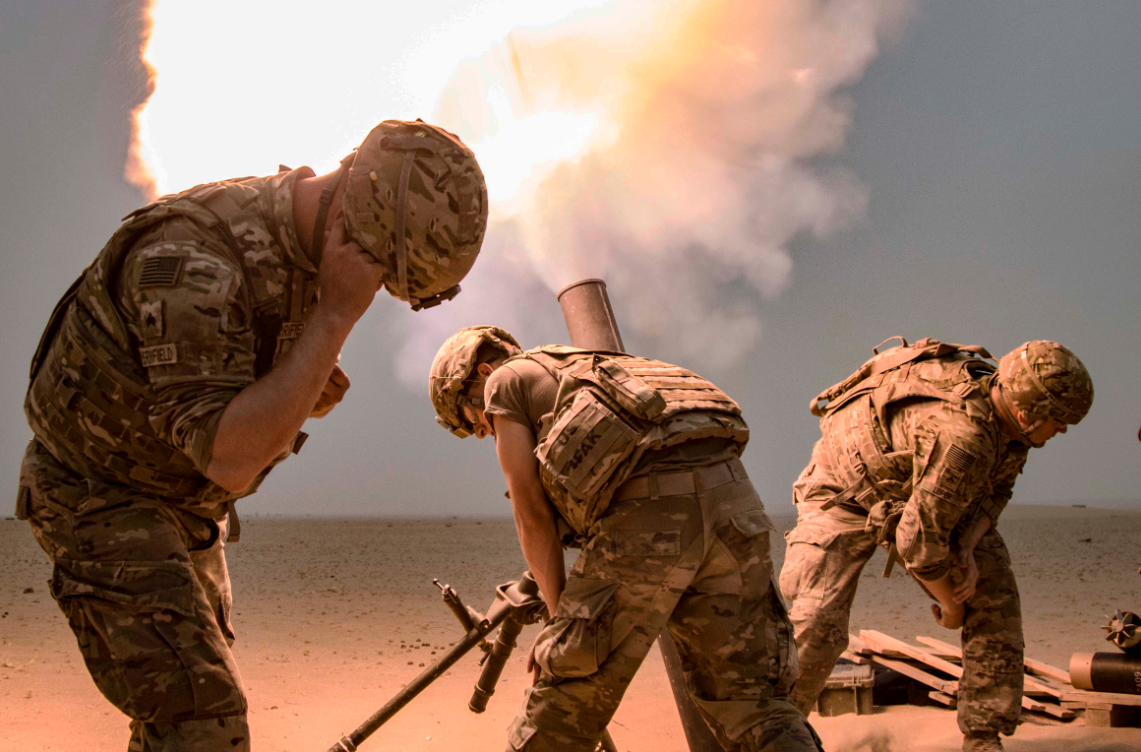
What They Do: This is similar to an infantryman described above, but a bit different: these soldiers are a member of a mortar squad/section/platoon and are responsible for maintaining and using different types of mortars, as well as a variety of other responsibilities.
Minimum ASVAB Score: CO: 87
3. Combat Engineer (12B)
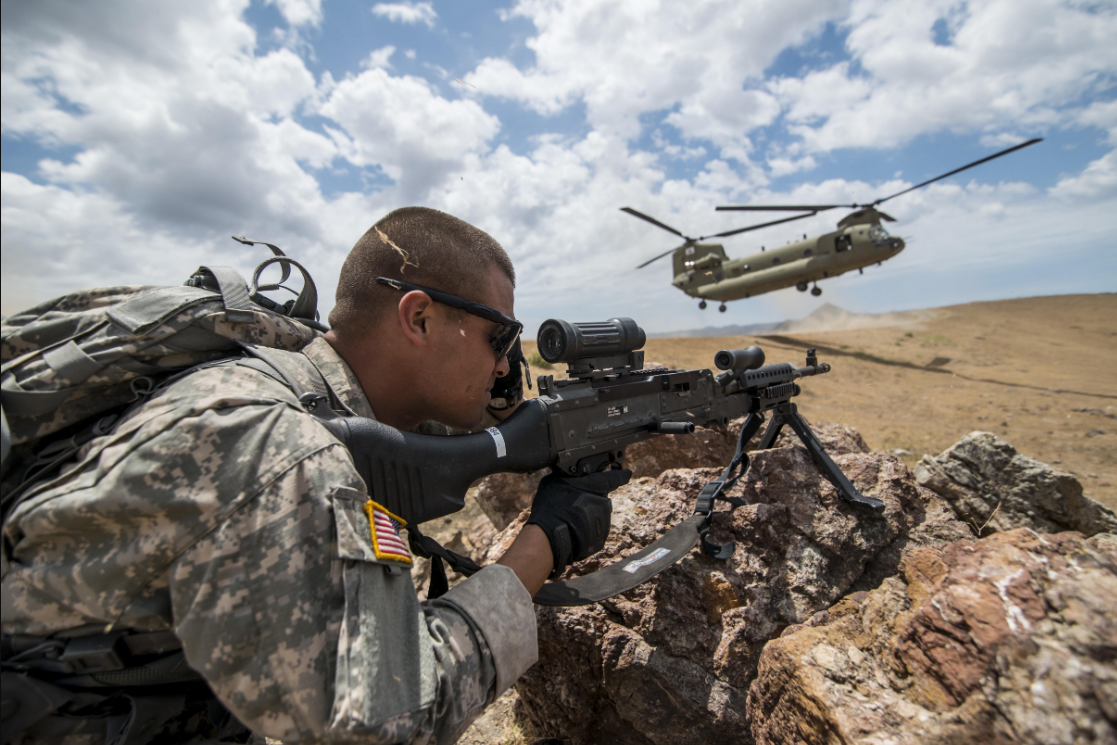
What They Do: Combat engineers are part of larger squads and have a large list of duties: from constructing bridges and firing positions to detecting mines, to placing and detonating explosives, combat engineers are often required when dealing with rough terrain in combat situations.
Minimum ASVAB Score: CO: 87
Related Article – Army AIT Training: List of 11 locations
4. Bridge Crewmember (12C)
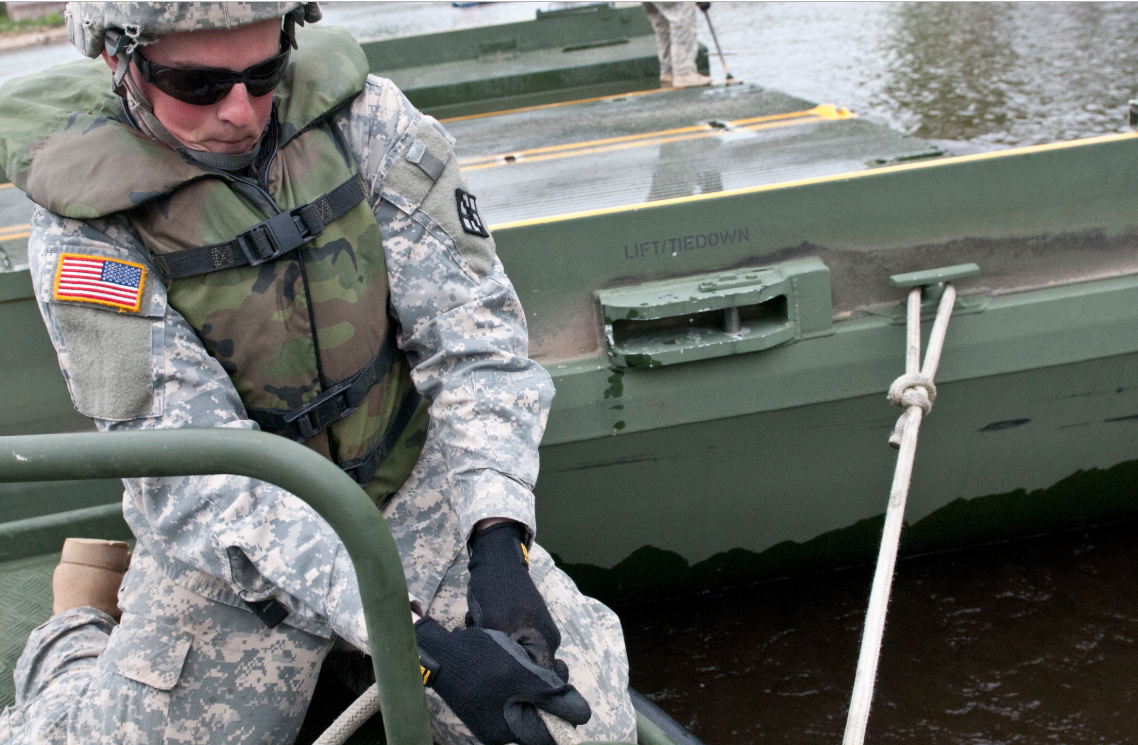
What They Do: Similar to combat engineers but a bit more specialized, Bridge Crewmembers are specifically used when a squad or large group of soldiers are tackling rough terrain involving water in a combat situation. They drive light vehicles, perform duties as a deckhand on a bridge erection boat, assist in bridge preparation and bridge operations, and much more.
Minimum ASVAB Score: CO: 87
Related Article – ASVAB Scores for Navy Jobs
5. U.S. Army Diver (12D)
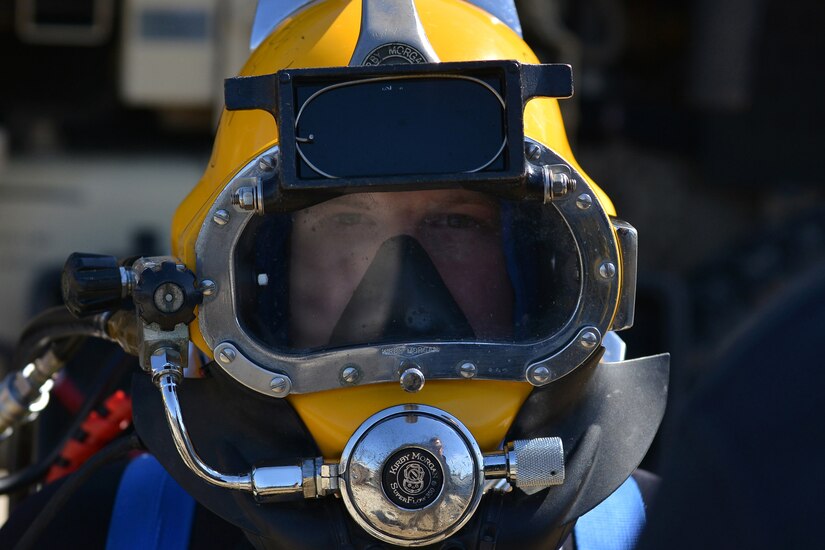
What They Do: This job is very self-explanatory. They perform reconnaissance, demolition, salvage, and more in underwater conditions. Scuba diving and deep sea diving (different depending on the depth, deep sea diving being deeper) are both sub-specialties that divers can consider.
Minimum ASVAB Score: GM: 98 & GT: 107 & ST: 106
6. Quarrying Specialist (12G)
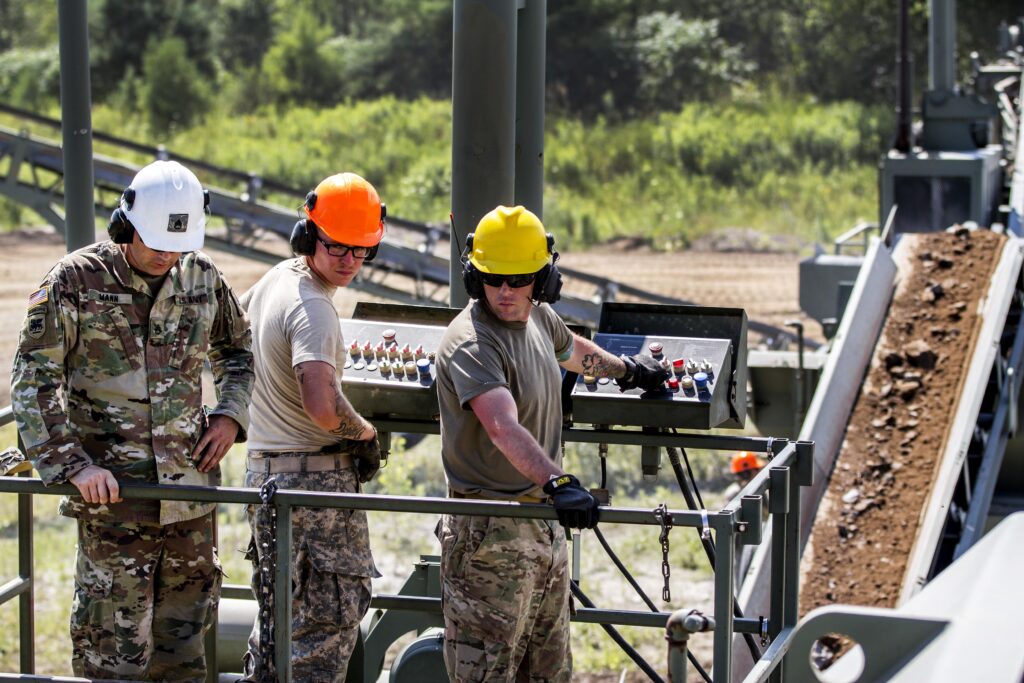
Minimum ASVAB Score: GM: 93
7. Plumber (12K)
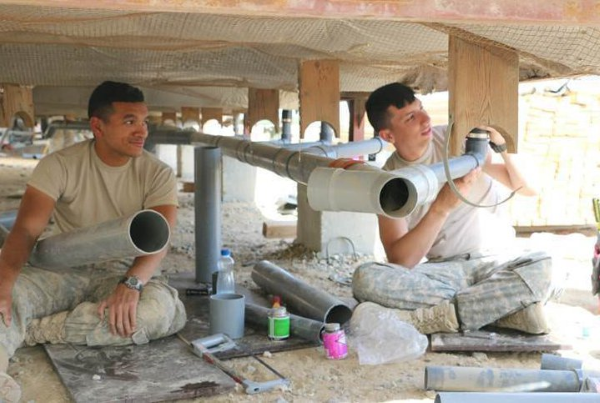
What They Do: This is a job that has potential in civilian life after military retirement. They maintain heating systems, water supply and water distribution, they repair these systems and construct new ones for fixtures, pipes, traps, vents, insulation, and more. Very transferable to a civilian career after military retirement.
Minimum ASVAB Score: GM: 88
8. Firefighter (12M)
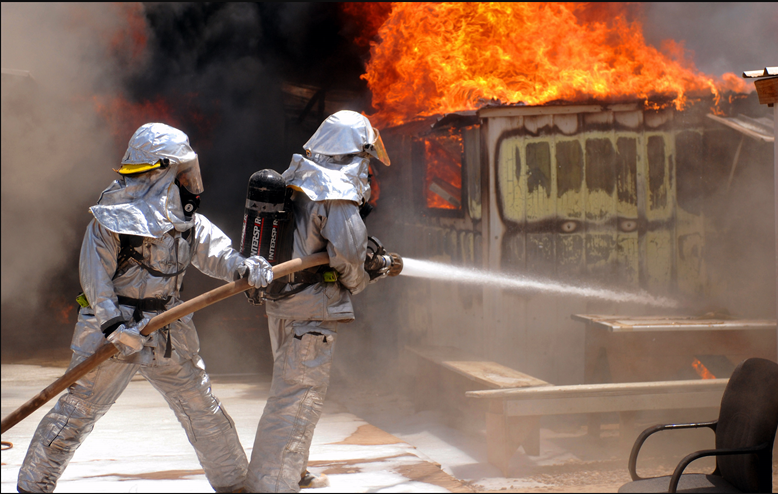
What They Do: Just like a plumber, this also has the potential for civilian applications. Firefighters protect human lives and property from damage from fire. They control outbursts of fire and help it not spread and get out of control. First aid and emergency response are key to this job.
Minimum ASVAB Score: GM: 88
9. Horizontal Construction Engineer (12N)
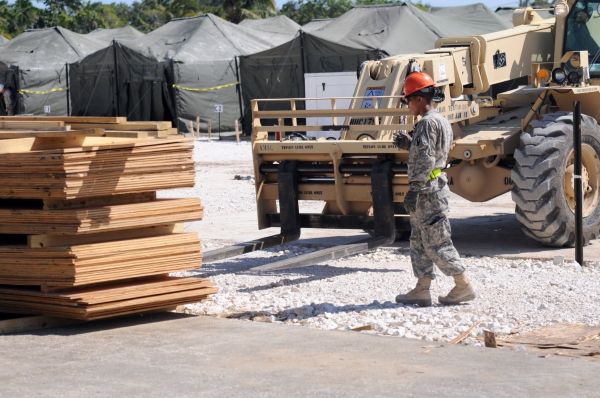
What They Do: These engineers use construction equipment, heavy vehicles and other equipment to do construction projects for the Army. They perform a wide variety of responsibilities relating to construction, as well as assist with responsibilities involving combat engineer missions.
Minimum ASVAB Score: GM: 90
10. Prime Power Production Specialist (12P)
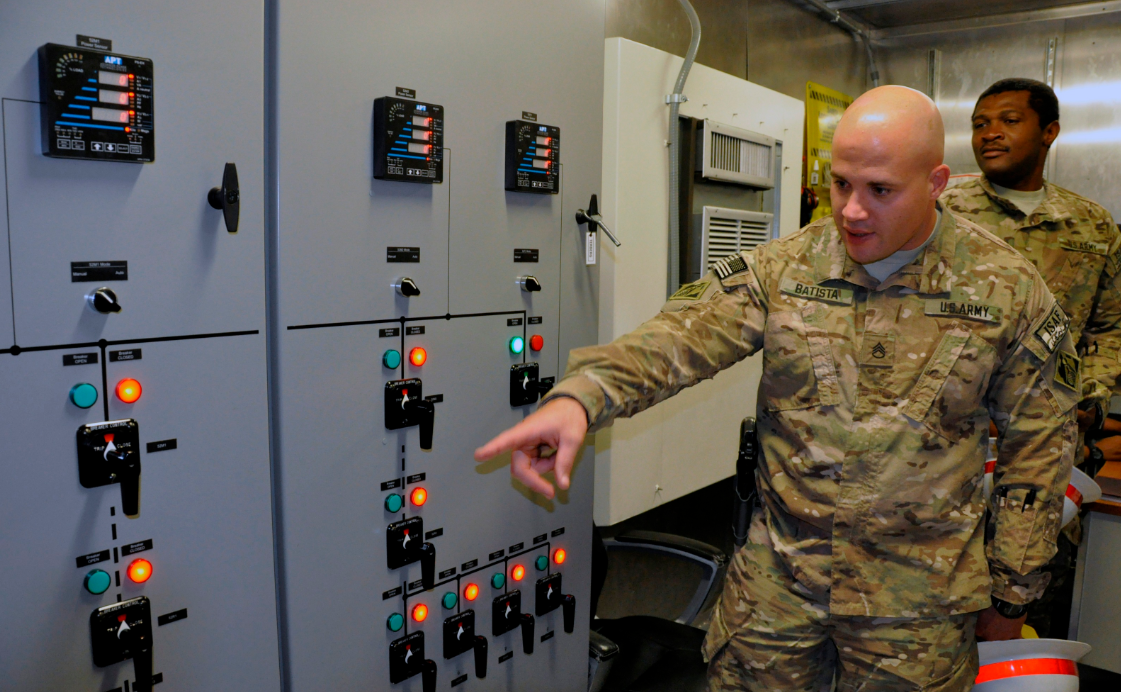
What They Do: This specialized role operates and maintains power plants, analyzes the equipment in said power plants to make sure they are functioning properly, performs general repairs and maintenance, and makes sure everything they’re responsible for is functioning as it should be.
Minimum ASVAB Score: GT: 110 & EL: 107 & ST: 107
11. Power Distribution Specialist (12Q)
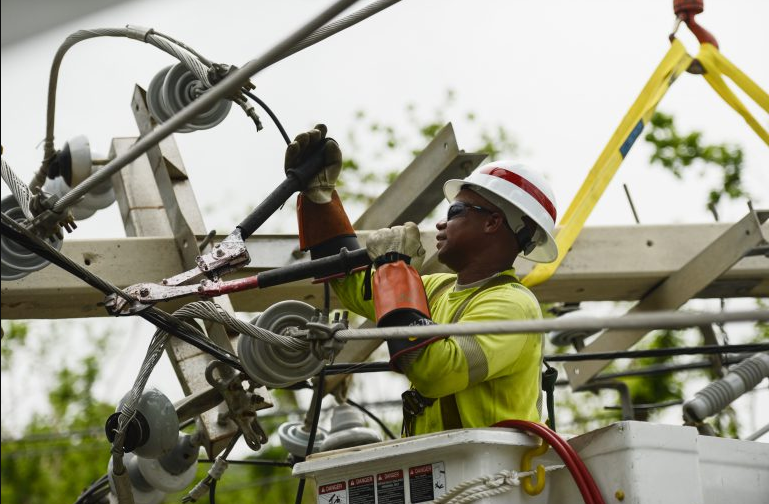
What They Do: These soldiers install electrical power distribution systems and hardware, connect service drops, and perform other duties relating to the Army’s need for proper electrical infrastructure.
Minimum ASVAB Score: EL: 93
Related Article: 6 Ways To Check If Someone Was In The Military / Verify Military Service
12. Interior Electrician (12R)
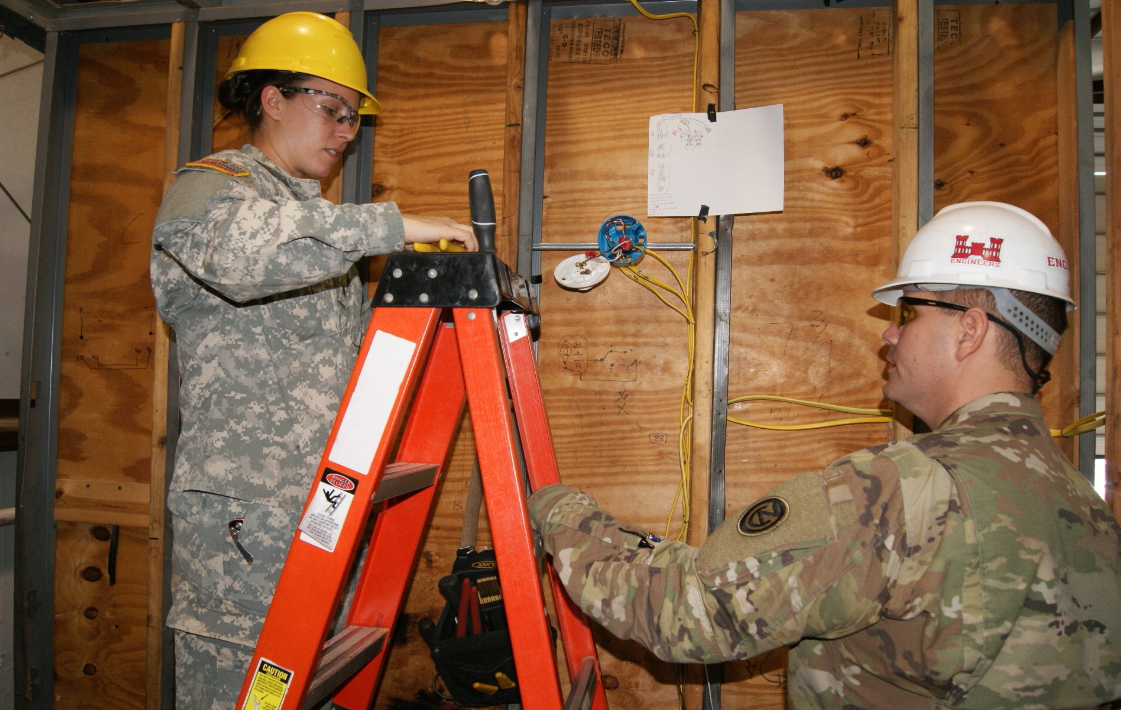
What They Do: Unlike the Distribution specialist, these soldiers install transformers, circuit breakers, service panels, and other interior electrical systems, as well as read blueprints and test equipment.
Minimum ASVAB Score: EL: 93
13. Technical Engineer Specialist (12T)
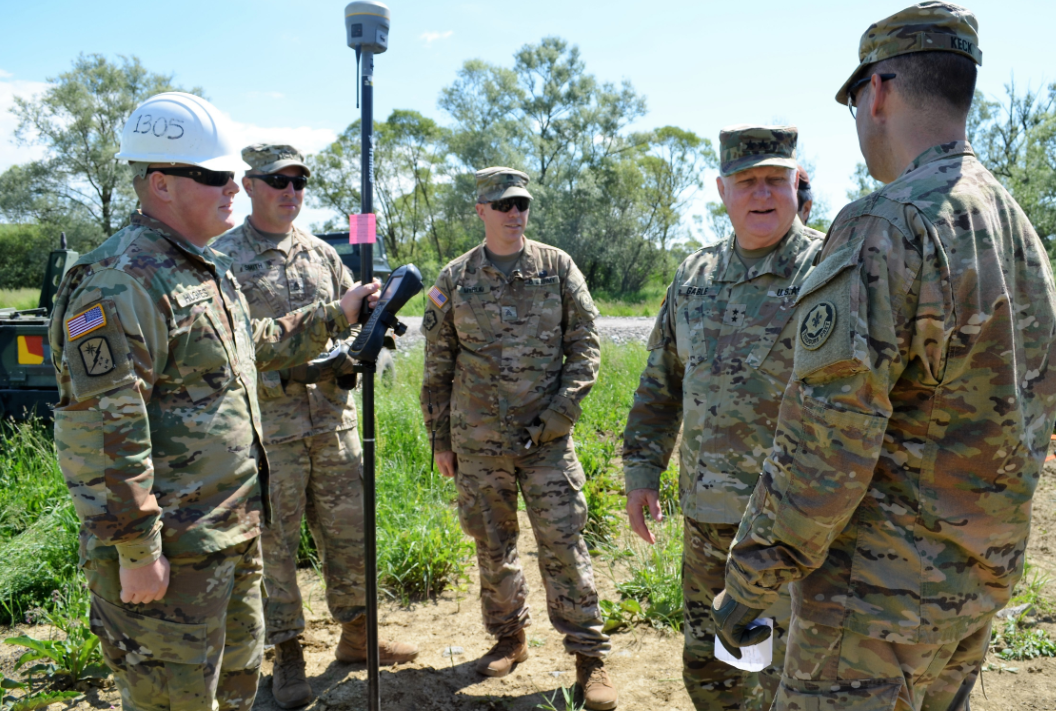
What They Do: They perform laboratory and field tests on construction materials and surveys and drafts, draw maps and charts, provide technical support, and more. They also supervise and participate in construction site development.
Minimum ASVAB Score: ST: 101
14. Concrete & Asphalt Equipment Operator (12V)
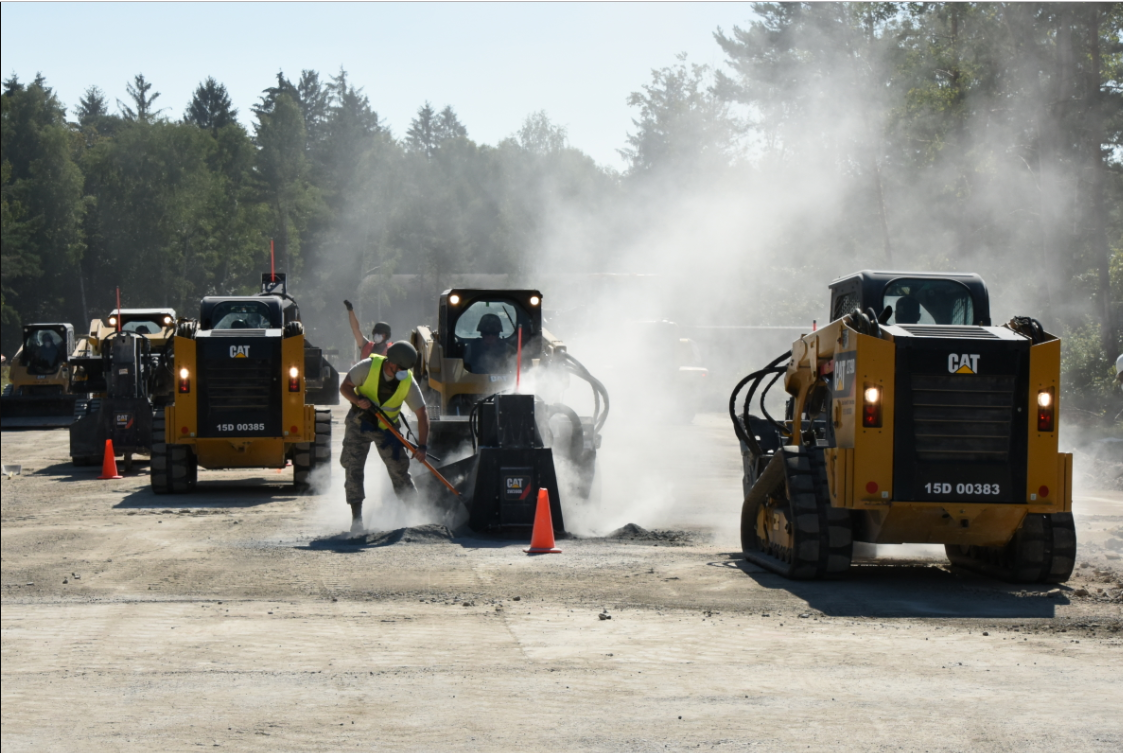
What They Do: These operators supervise and operate equipment related to concrete and asphalt production, which is very important when it comes to making roads, dams, buildings, and airfields. They also perform combat engineer missions.
Minimum ASVAB Score: GM: 88
15. Carpentry & Masonry Specialist (12W)
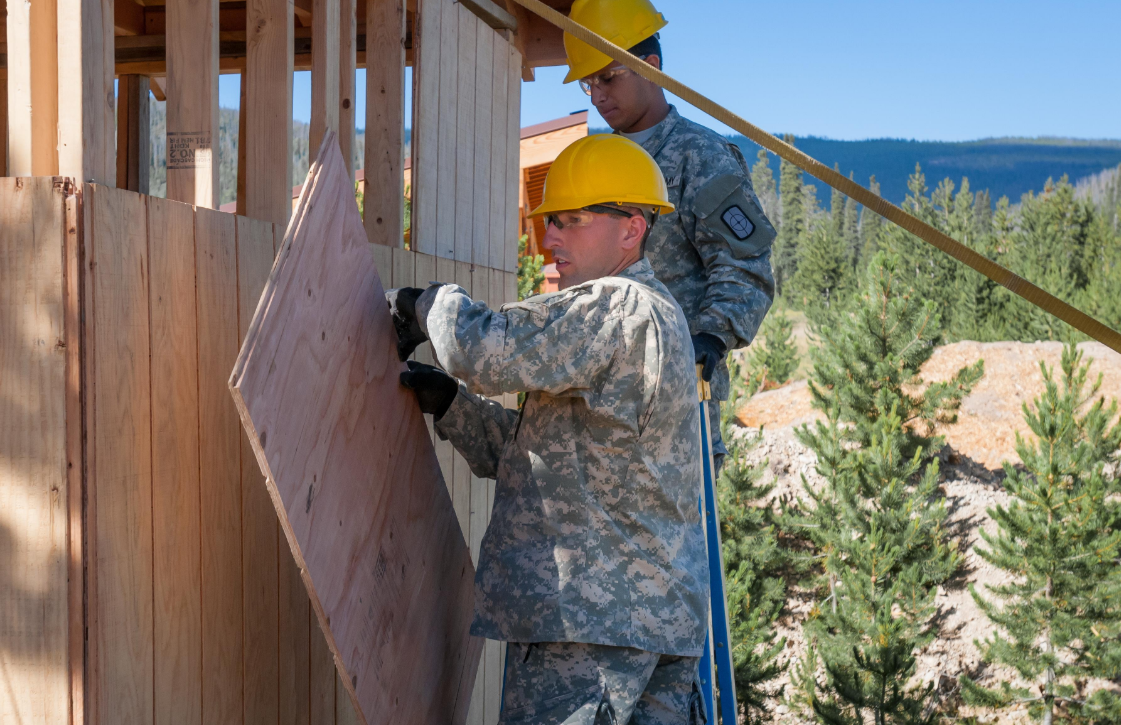
What They Do: These soldiers work in general heavy carpentry and masonry duties. They construct rigging devices, work on laying out and roofing structures, and perform combat engineer missions.
Minimum ASVAB Score: GM: 88
16. Geospatial Engineer (12Y)
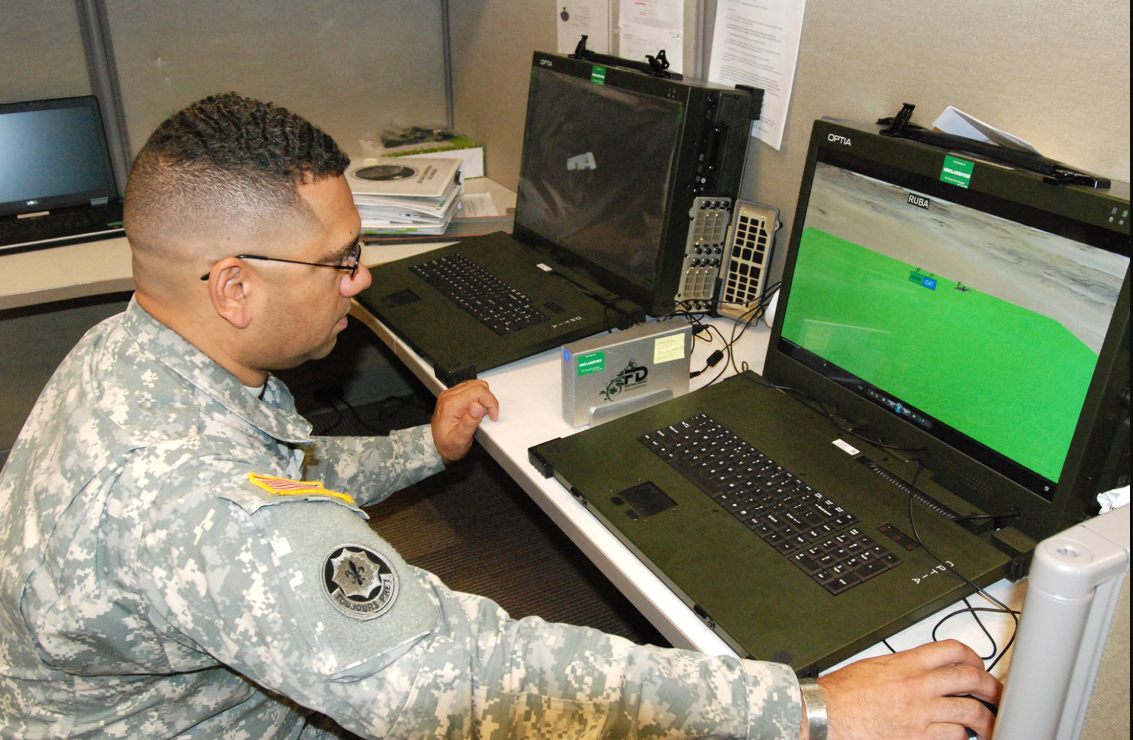
What They Do: These army engineers use geographic data and use it to create maps, which helps commanders understand the layout of the battlefield. They also use this information to create military briefs.
Minimum ASVAB Score: GT: 100 & ST: 100
17. Cannon Crewmember (13B)
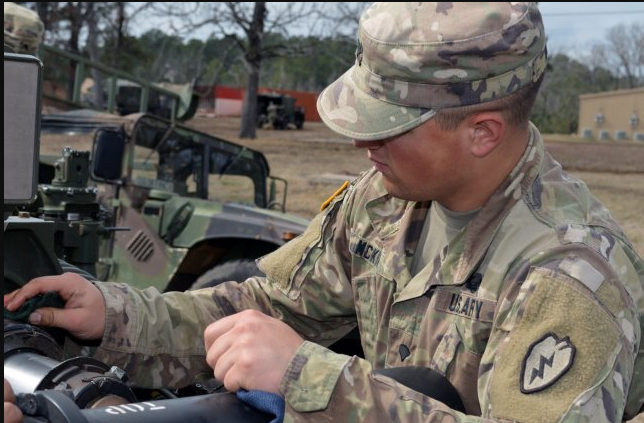
What They Do: They work howitzer cannons, engage in wire and radio communications, identify target locations, and participate in reconnaissance missions.
Minimum ASVAB Score: FA: 93
Related Article – ASVAB Scores for Air Force Jobs
18. Fire Support Specialist (13F)
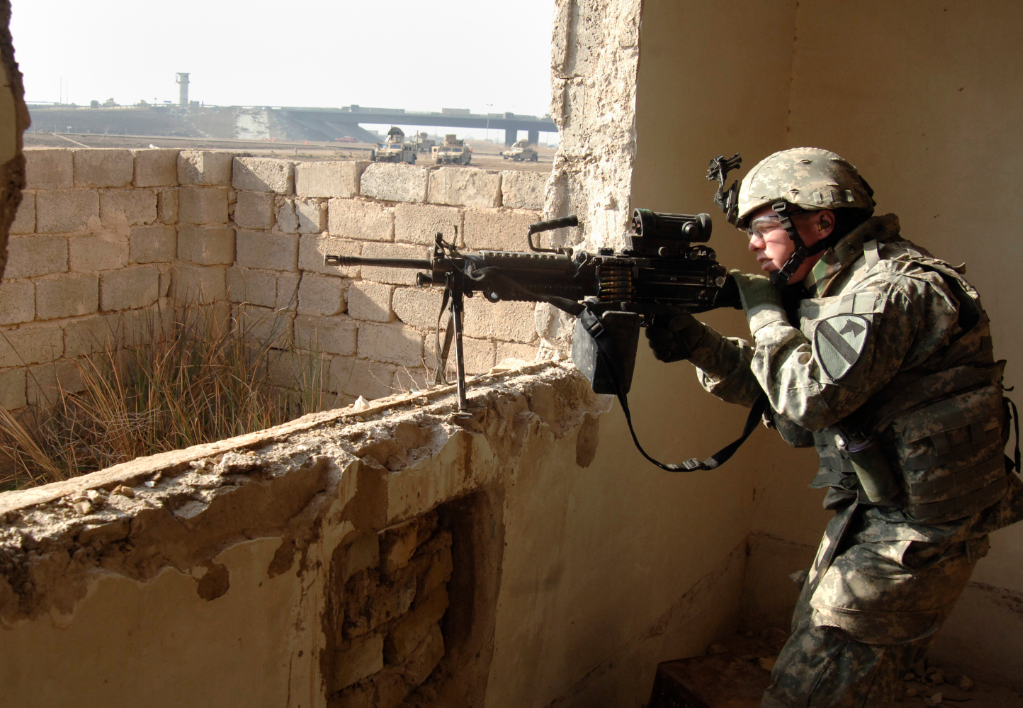
What They Do: Their duties revolve around intelligence relating to the Army’s artillery teams: setting up communication systems, encoding and decoding messages, and determining target location using computers or manual calculations are just some of the things they do.
Minimum ASVAB Score: FA: 96
19. Fire Control Specialist (13J)
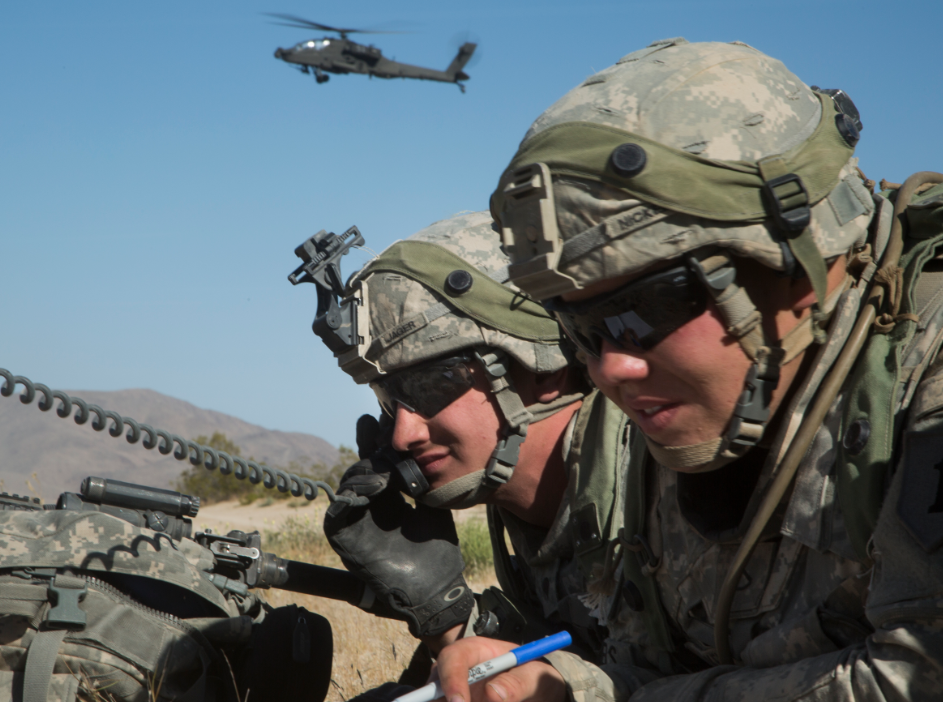
What They Do: Once again related to artillery, these soldiers process data from all over the artillery team and use it in order to manage the data and accurately run it through army sensors and systems. They also do fire mission processing.
Minimum ASVAB Score: FA: 93
20. Multiple Launch Rocket System (MLRS/HIMARS) Crewmember (13M)
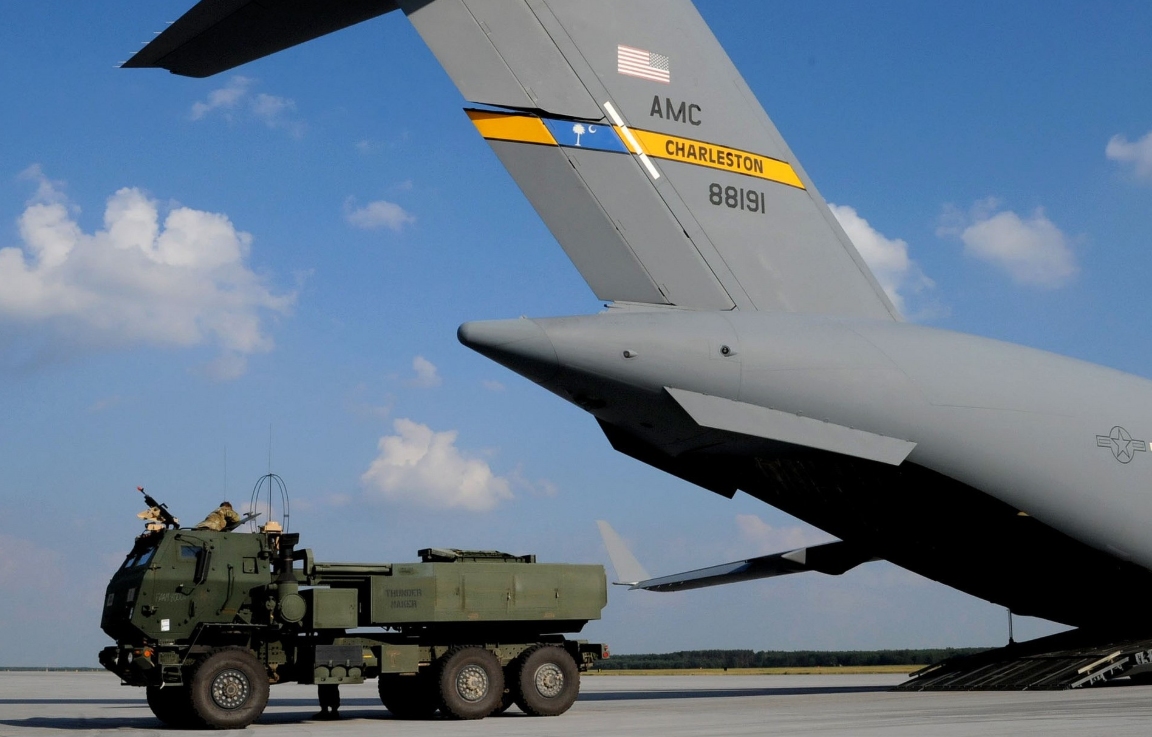
What They Do: These soldiers operate and maintain multiple launch rocket systems. They mainly support infantry and tanks during live combat. They drive, maintain, operate, and reload and resupply these vehicles.
Minimum ASVAB Score: OF: 95
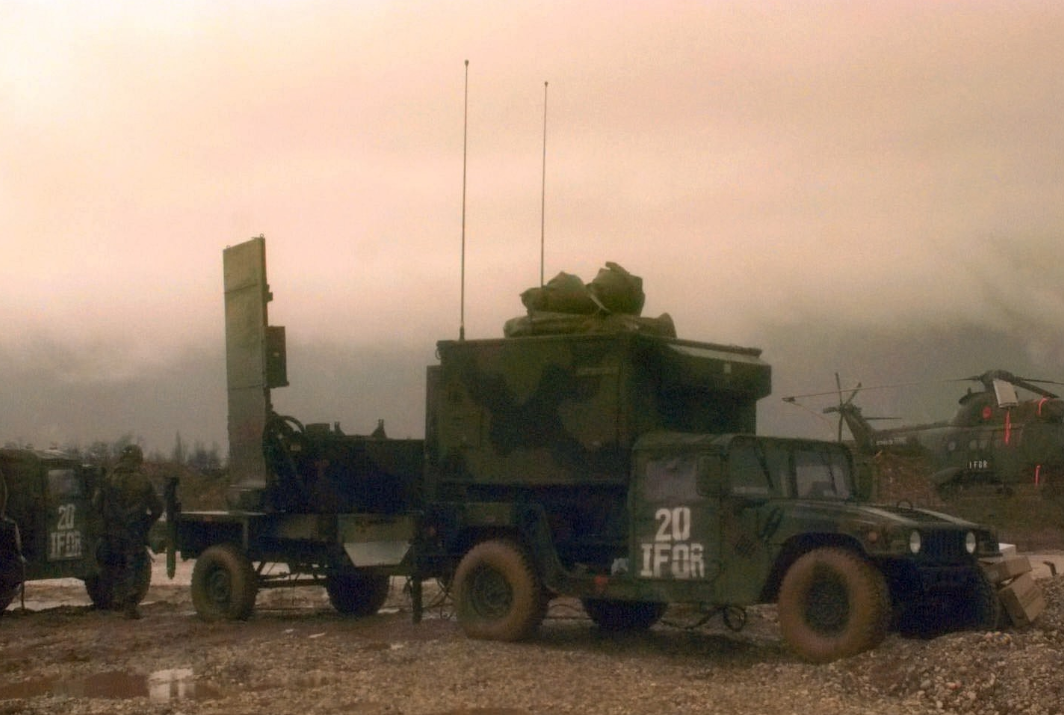
What They Do: These soldiers are primarily responsible for locating, detecting, and making the Army aware of enemy forces and movements using firefinders, which are specialized, powerful radars.
Minimum ASVAB Score: SC: 98
22. Field Artillery Senior Sergeant (13Z)
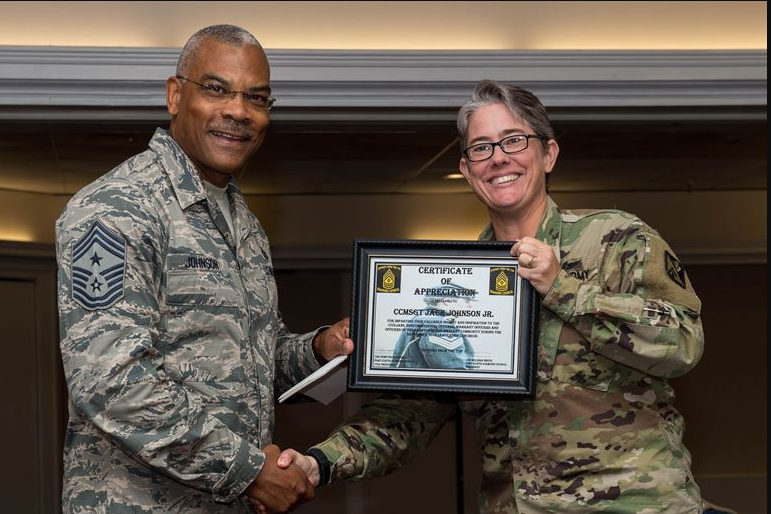
What They Do: These sergeants primarily lead in terms of fire support and the artillery teams. They lead, supervise, and coordinate between soldiers, as well as inspect and evaluate Field Artillery training programs.
Minimum ASVAB Score: N/A
23. Patriot Fire Control ENH Oper/Maint (14E)
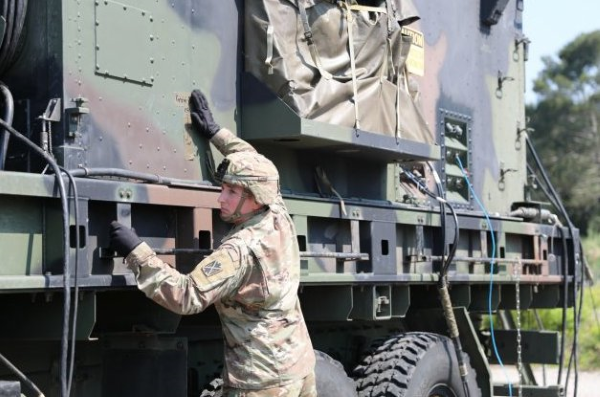
What They Do: They operate, maintain, move, and place the Patriot Fire Control system, in various locations and environments. This is an important job because the Patriot Fire Control system is a defense against most air threats.
Minimum ASVAB Score: MM: 100
24. Air Defense Battle Management System Operator (14G)
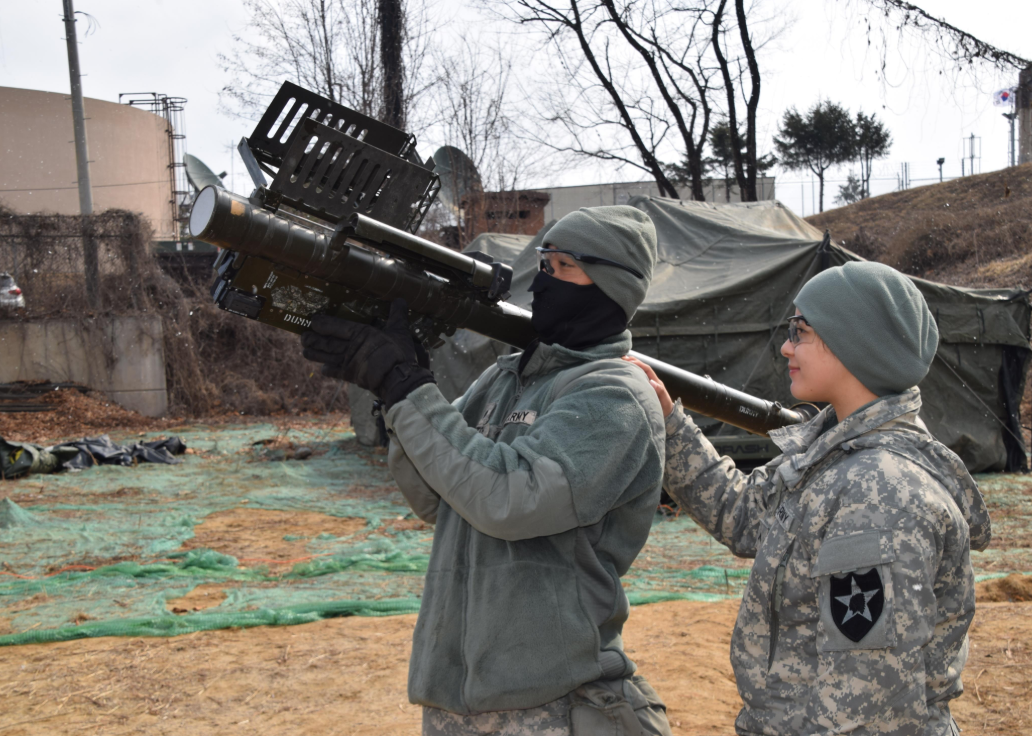
What They Do: They move, place, and operate a modern, powerful radar system that warns, detects, and protects the armed forces from aerial and missile attacks, as well as aerial surveillance. They have a list of other duties as well, mostly related to communications and information.
Minimum ASVAB Score: MM: 99 & GT: 98
25. Air Defense Enhanced Early Warning System Operator (14H)
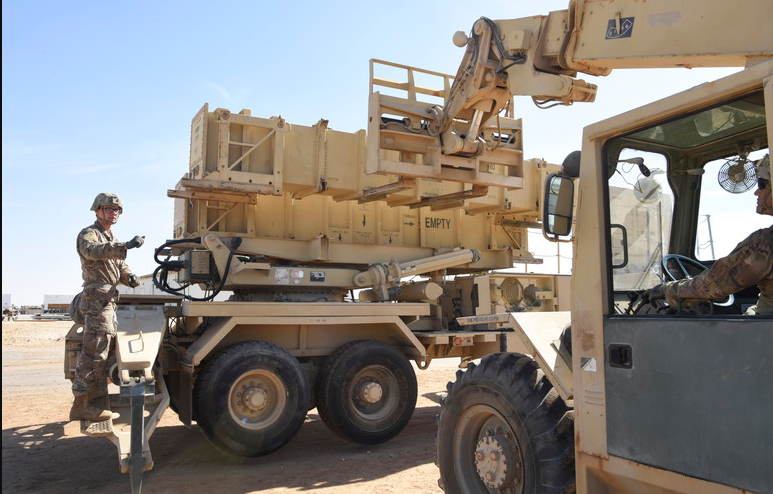
What They Do: These soldiers provide extremely important information about incoming enemy aerial and missile attacks. They do this by operating, maintaining, moving, and placing radars and other modern computer equipment in various locations/environments.
Minimum ASVAB Score: MM: 99 & GT: 98
26. Air & Missile Defense (AMD) Crewmember (14P)
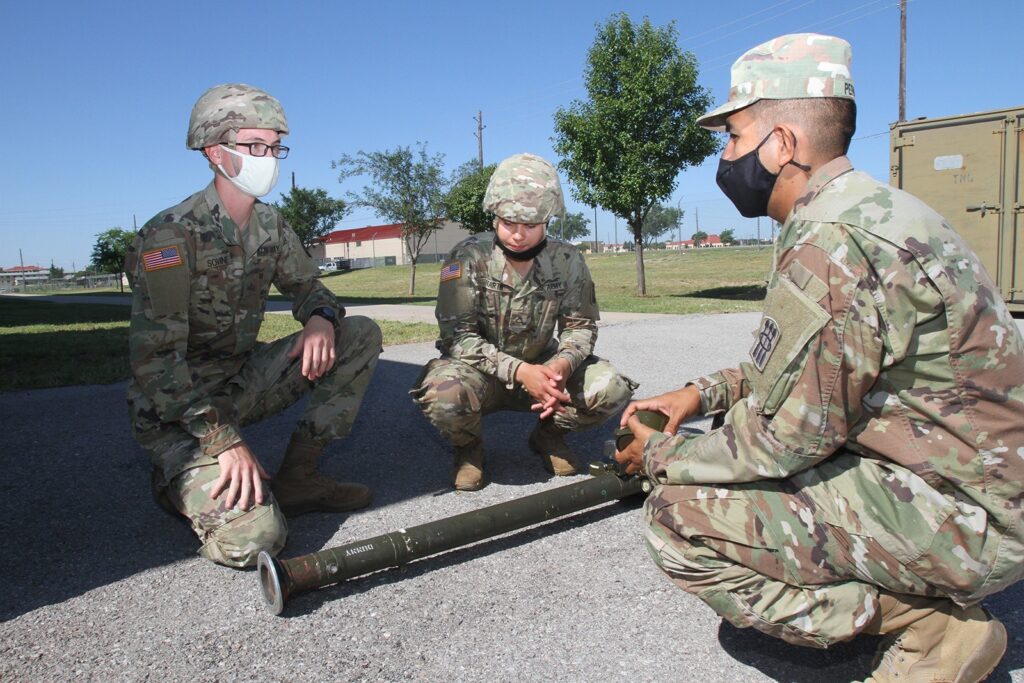
What They Do: They operate and maintain surface-to-air advanced weapon systems. These systems (AVENGER, STINGER, and C-RAM) can provide mobile, shorter-range air defense against threats.
Minimum ASVAB Score: OF: 95
27. PATRIOT Launching Station Enhanced Operator/Maintainer (14T)
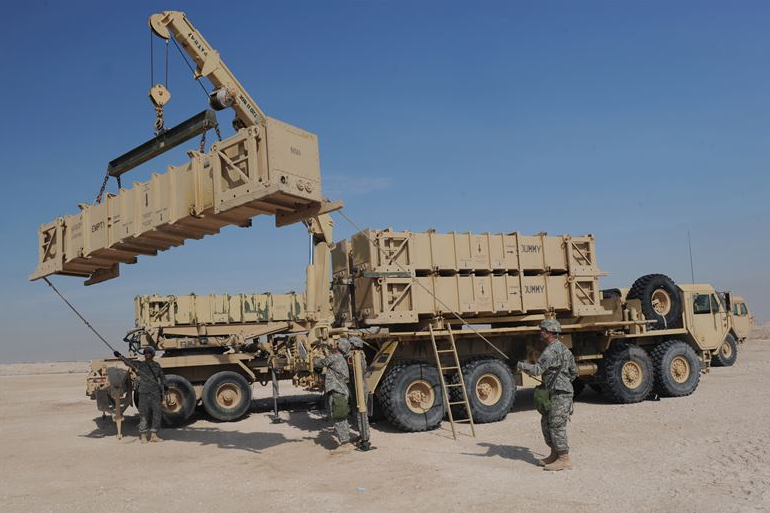
What They Do: They operate, place, move, and maintain the Patriot Launching Station, which is one of the most powerful and advanced missile systems, one of the army’s main lines of defense against any kind of enemy missile threat.
Minimum ASVAB Score: OF: 95
28. Air Defense Artillery Senior Sergeant (14Z)
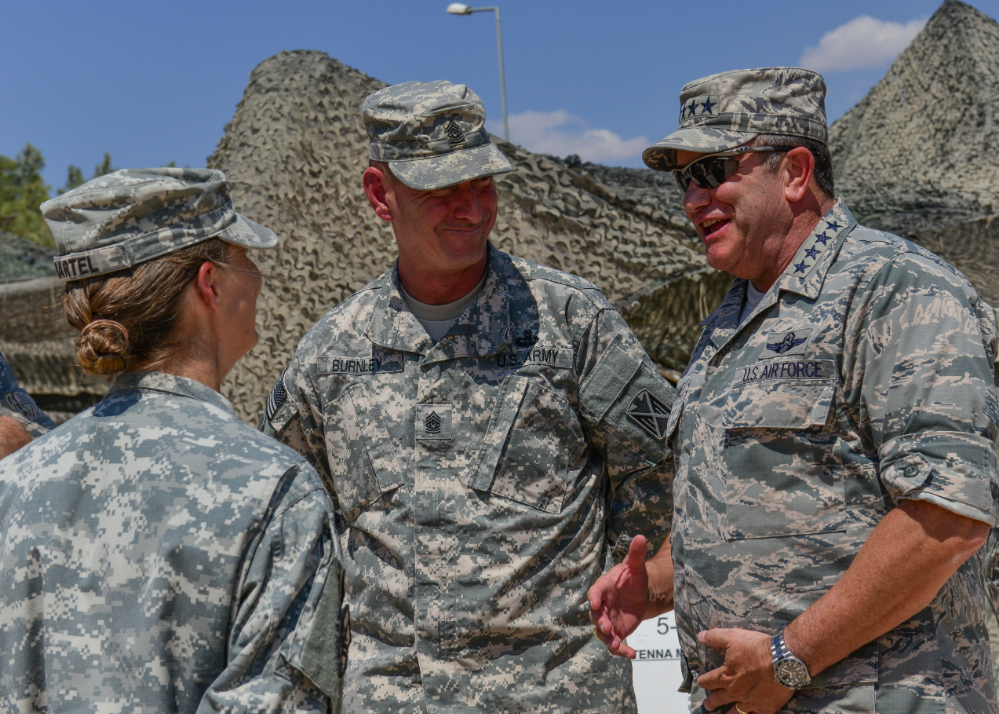
What They Do: These senior sergeants are mainly responsible for coordinating, supervising, and planning the placement and operation of all kinds of air defense artillery weapon systems, at all different levels.
Minimum ASVAB Score: N/A
29. Aircraft Powerplant Repairer (15B)
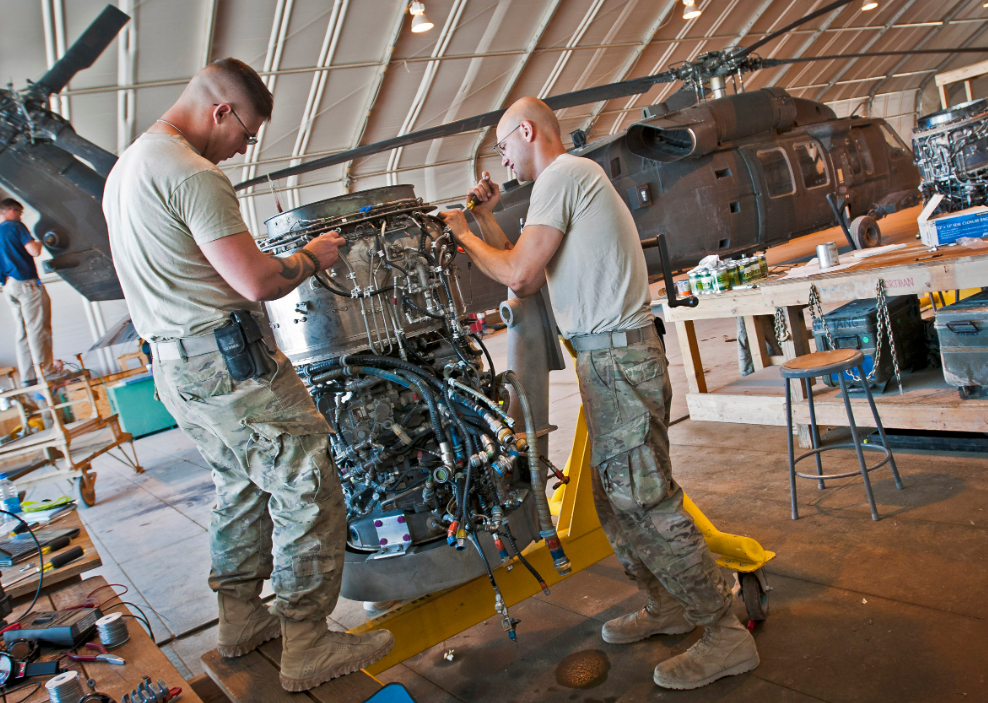
What They Do: These soldiers mainly inspect, supervise, and perform maintenance on aircraft and aircraft components. They ensure that all of the Army-owned aircraft are ready to fly.
Minimum ASVAB Score: MM: 104
30. Aircraft Powertrain Repairer (15D)
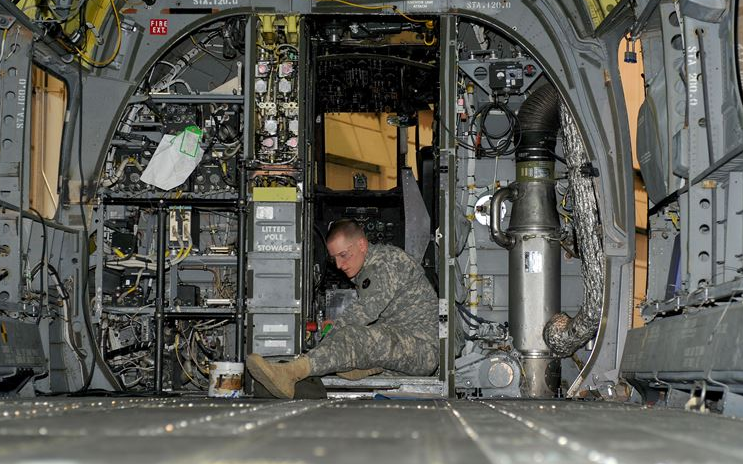
What They Do: These soldiers, more than anything else, make sure that the powertrain systems for tanks, airplanes, and helicopters are working properly, so that the machinery the Army depends on can be counted on to work, at all times.
Minimum ASVAB Score: MM: 104
31. Unmanned Aircraft Systems Repairer (UAS SYS REP) (15E)
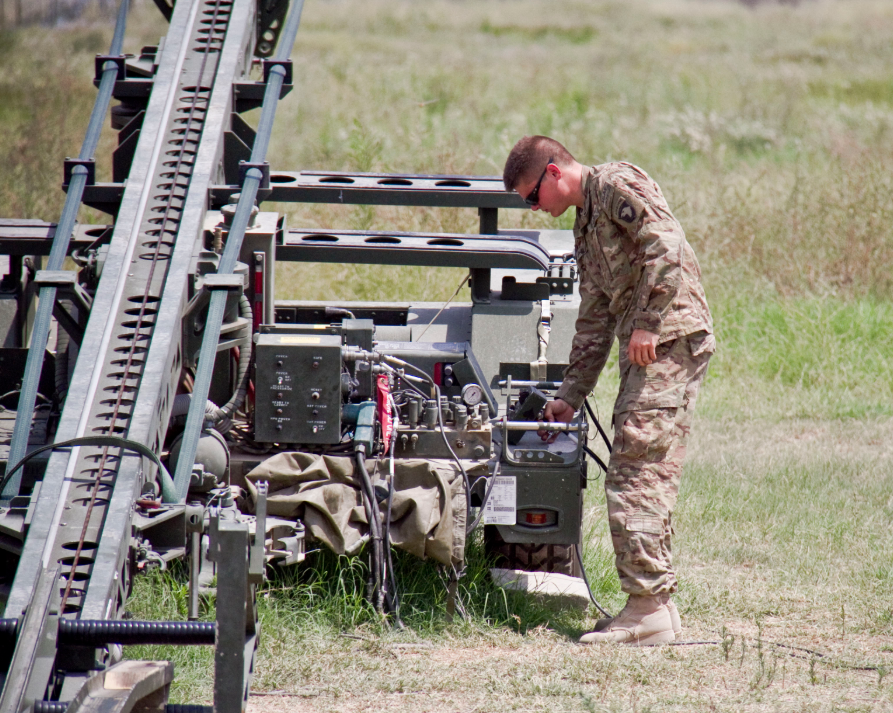
What They Do: These specialist soldiers repair and perform maintenance on Unmanned Aerial Vehicles (UAVs). This is an important job because the Army uses these machines to collect and record information.
Minimum ASVAB Score: EL: 93 & MM: 104
Related Article – ASVAB Scores for Coast Guard jobs
32. Aircraft Electrician (15F)
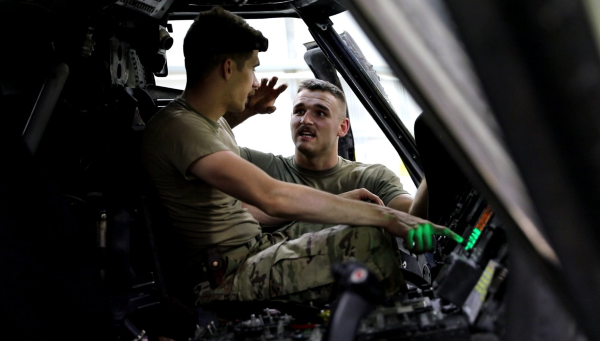
What They Do: They perform maintenance and repair aircraft electrical systems. These soldiers also commonly use specialized tools in order to perform this job, along with pushing the paperwork through for every machine to be properly serviced and maintained.
Minimum ASVAB Score: MM: 104
33. Aircraft Structural Repairer (15G)
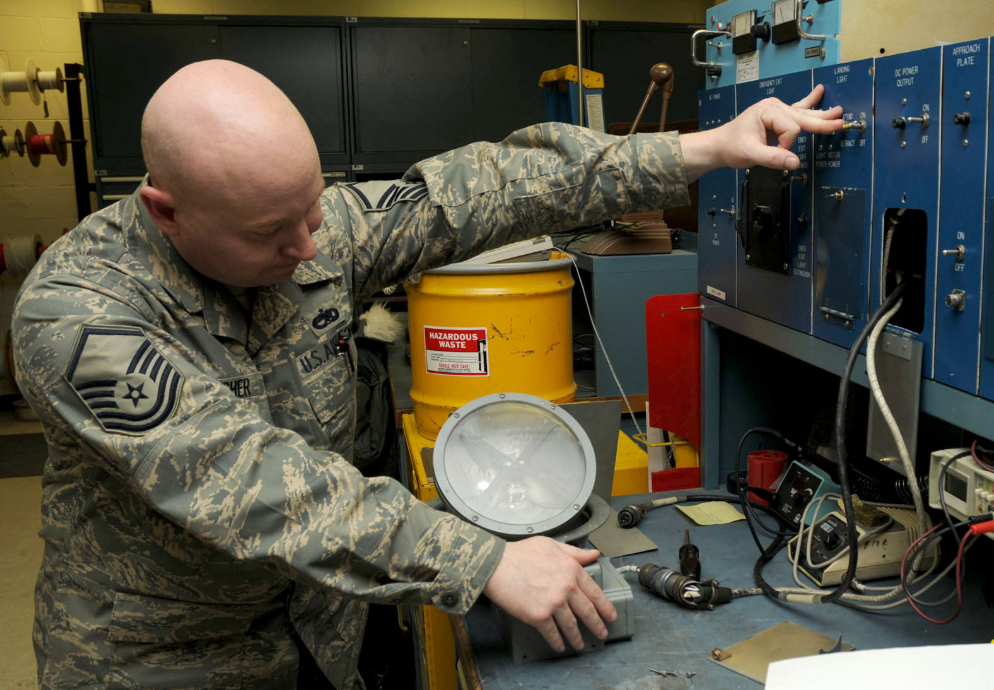
What They Do: These soldiers mainly repair and maintain the structural components of aircraft. They do this by paying attention to blueprints, schematics, and the like, and replace parts and/or make repairs to ensure the machinery runs smoothly.
Minimum ASVAB Score: MM: 104
34. Aircraft Pneudraulics Repairer (15H)
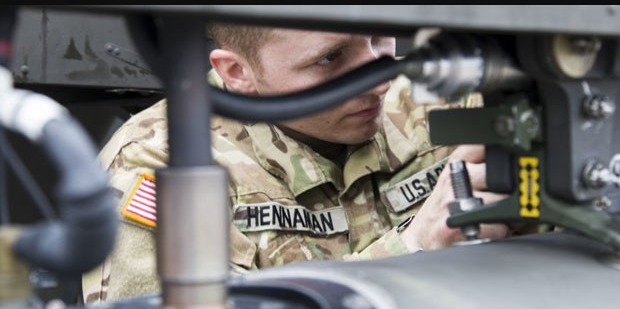
What They Do: They mainly repair, disassemble, and reassemble the pneudraulic systems of aircraft, which are a hybrid of hydraulic and compressed air pressure. This system powers some functions of the aircraft, such as landing gear, rudders, and brakes. They test for faults and troubleshoot problems with the systems to restore the aircraft to flyable status.
Minimum ASVAB Score: MM: 104
35. Avionic Mechanic (15N)
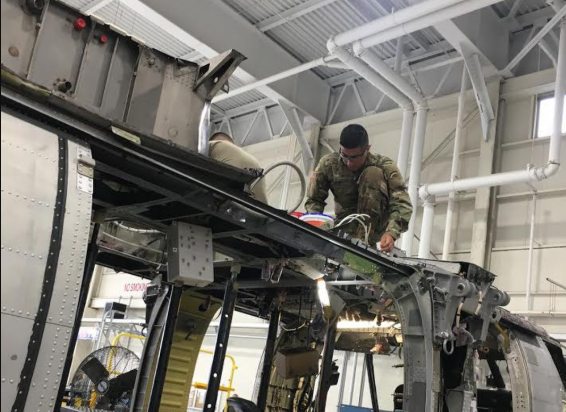
What They Do: They mainly perform maintenance on important equipment in aircraft. These systems include things like flight controls, cryptographic equipment, and stabilization systems, as well as performing generic maintenance/repair.
Minimum ASVAB Score: EL: 93
36. Aviation Operations Specialist (15P)
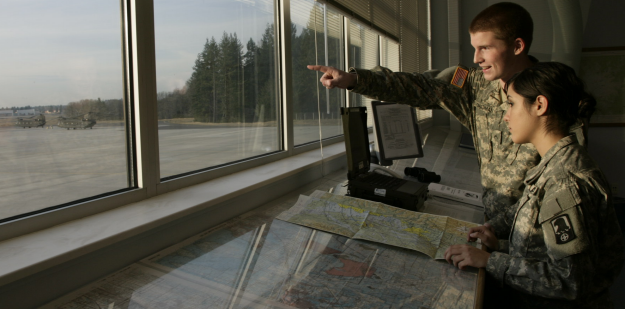
What They Do: They spend most of their time planning and carrying out tactical aircraft missions. They assist in operating fleets of aircraft and are dedicated to helping these aircraft run well by checking logs, weather, alerting crewmembers of updates, and generally receiving and processing information.
Minimum ASVAB Score: ST: 91
37. Air Traffic Control Operator (15Q)
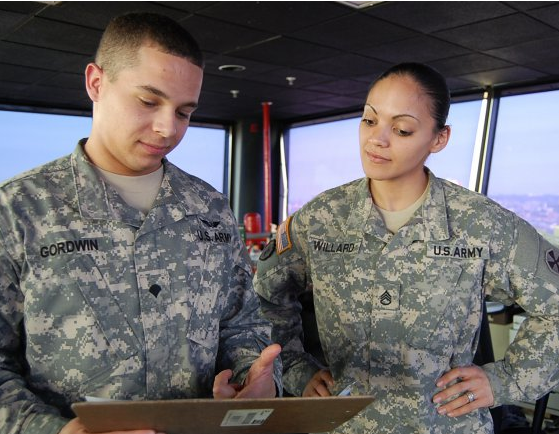
What They Do: Another job with good potential for transfer into civilian life, these soldiers direct both airborne and ground traffic so that there is proper direction in the Army’s aircraft. They also assist in the construction of portable air traffic control facilities in the field.
Minimum ASVAB Score: ST: 101
38. AH-64 Attack Helicopter Repairer (15R) *
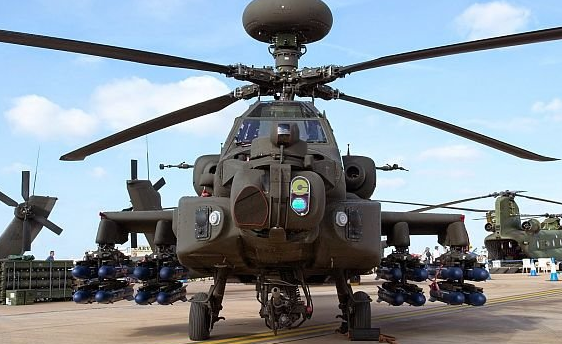
What They Do: They perform a more specialized role: rather than general aircraft repair and maintenance, these mechanics are mainly responsible for maintaining and repairing AH-64 Attack Helicopters for the Army.
Minimum ASVAB Score: MM: 99
39. UH-60 Helicopter Repairer (15T)
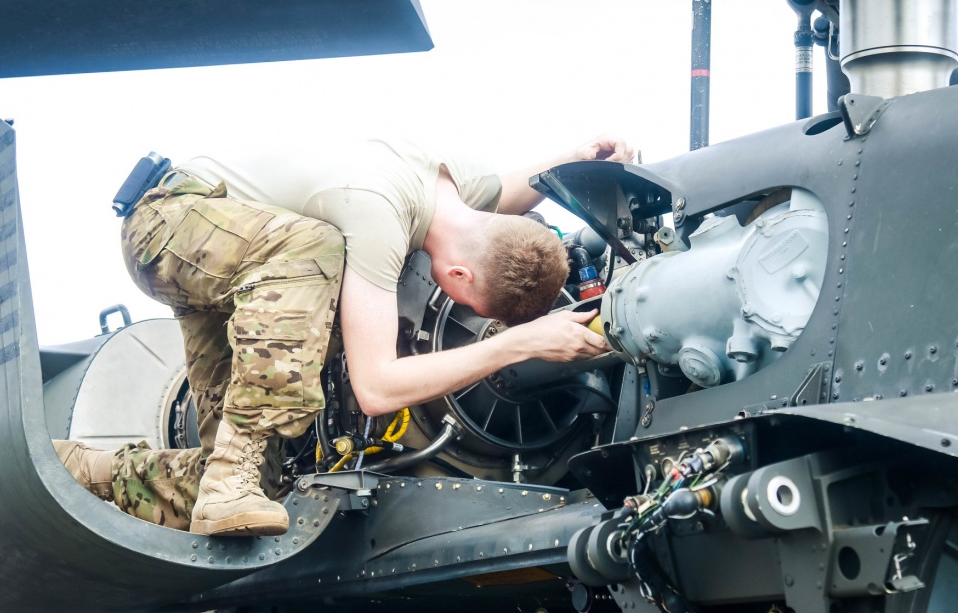
What They Do: They mainly repair and maintain UH-60 Black Hawk Helicopters for the U.S. Army. They install new equipment, troubleshoot and diagnose issues, and check on parts for their performance and safety.
Minimum ASVAB Score: MM: 104
40. CH-47 Helicopter Repairer (15U)
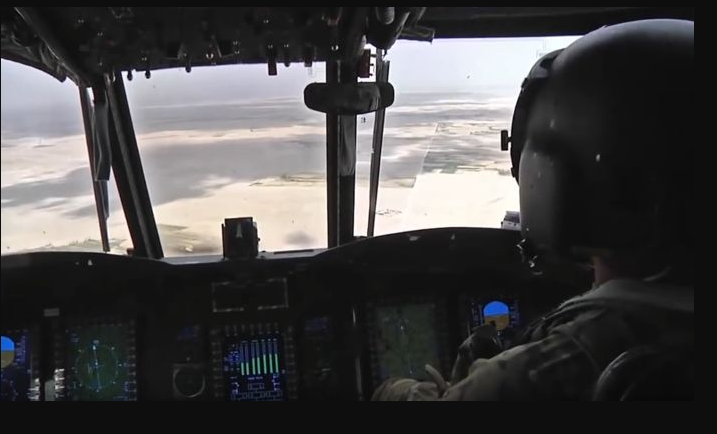
What They Do: They perform specialized maintenance and repair on CH-47 Helicopters for the U.S. Army. They lubricate, install, repair, maintain, and service subsystems, install new parts, and perform diagnostic checks.
Minimum ASVAB Score: MM: 104
41. Unmanned Aerial Vehicle (UAV) Operator (15W)
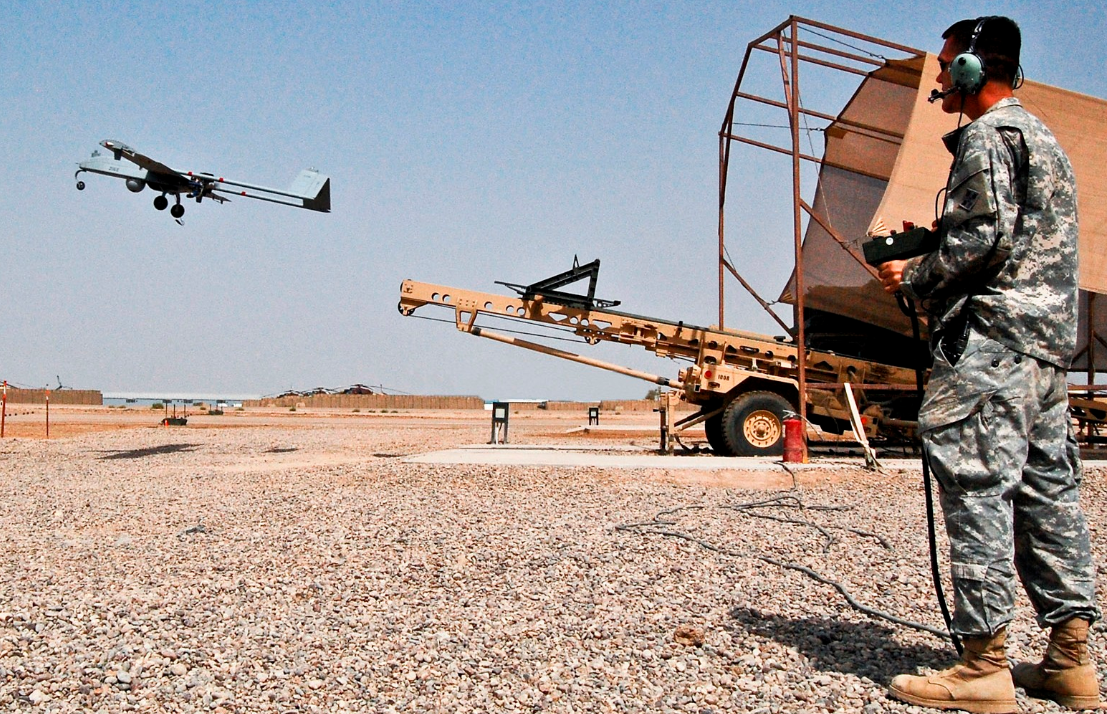
What They Do: Drone pilots operate unmanned aerial vehicles. The Army uses these vehicles for reconnaissance and information gathering in a safe way that does not risk human lives. These drone operators are important to the performance of the Army.
Minimum ASVAB Score: SC: 102
42. AH-64D Armament / Electrical /Avionics Repairer (15Y) *
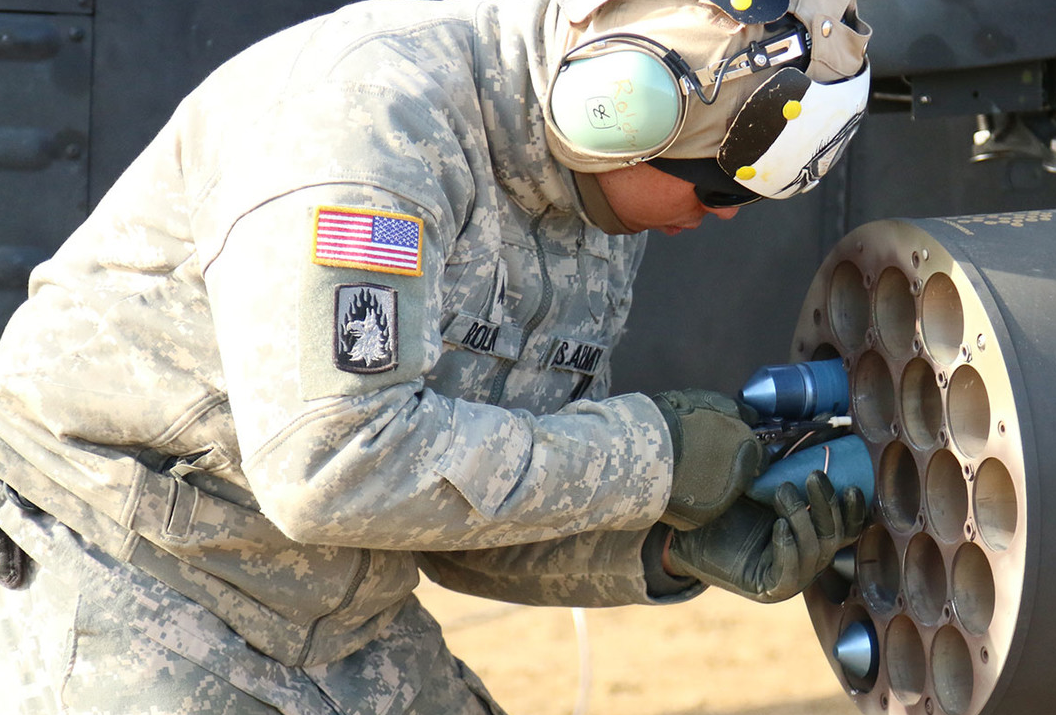
What They Do: They primarily work on the subsystems and components of AH-64 Helicopters for the U.S. Army. They troubleshoot issues, install new hardware and replace old parts, and perform routine repair and maintenance on these helicopters.
Minimum ASVAB Score: MM: 104 & EL: 98
43. Cyber Operations Specialist (17C)
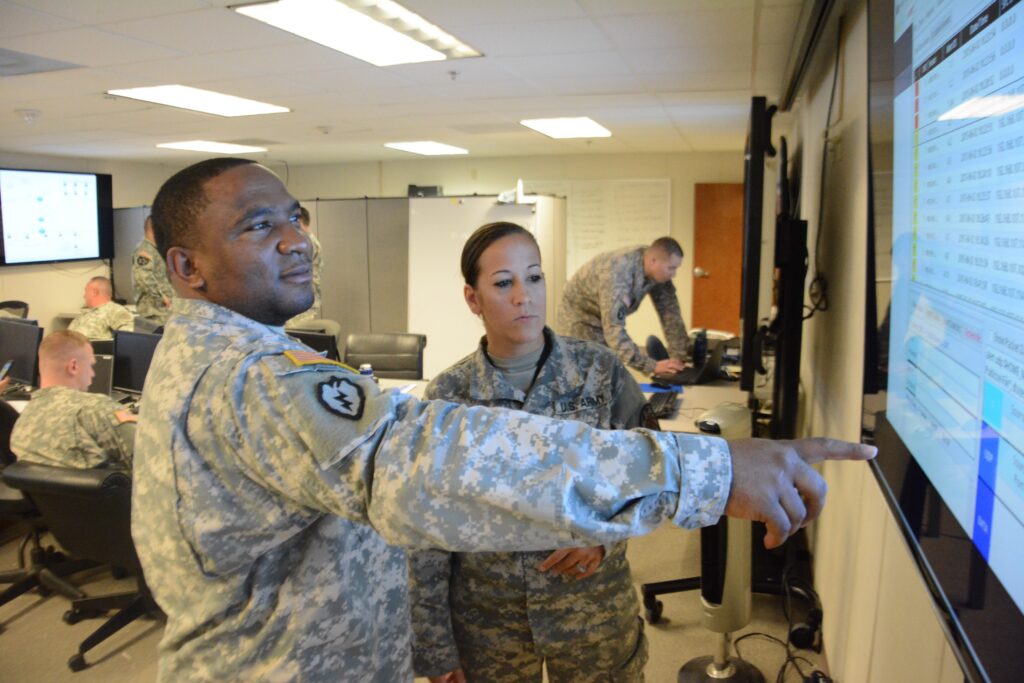
What They Do: These specialists mainly worry about safeguarding Army intelligence and information by protecting the Army’s digital data, maintaining things like firewalls, and ensuring the Army is on top when it comes to digital/cyberspace.
Minimum ASVAB Score: GT: 110 & ST: 112
44. Cavalry Scout (19D)
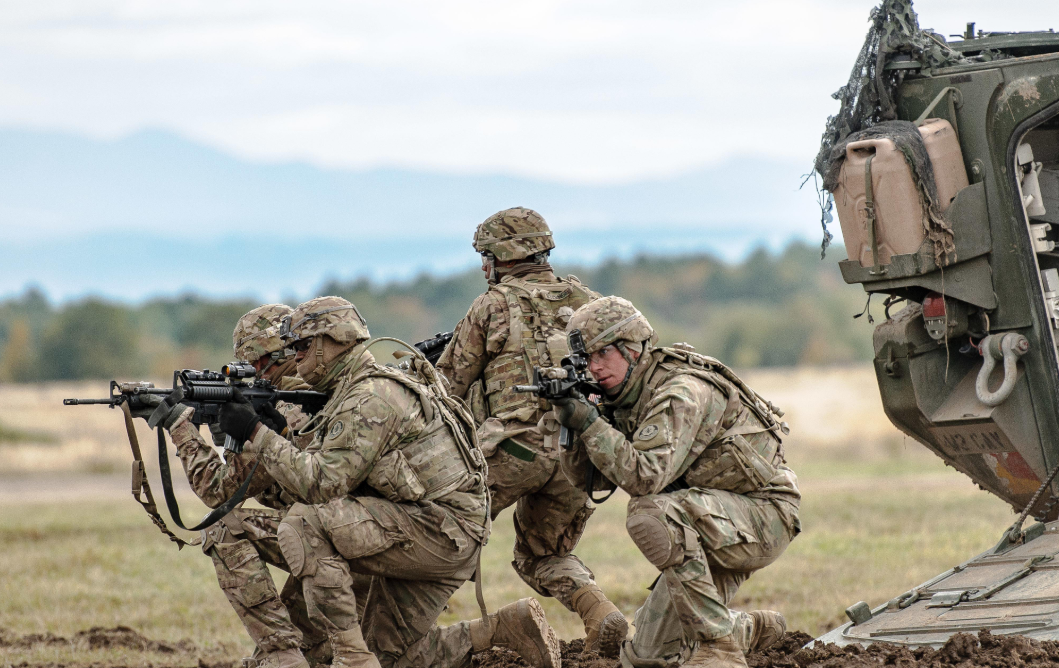
What They Do: These soldiers, as the name might suggest, navigate and run ahead of the main force in order to retrieve information for the commanders. They find information on things like the enemy, the terrain, and the weather.
Minimum ASVAB Score: CO: 87
45. M1 Armor Crewman (19K)
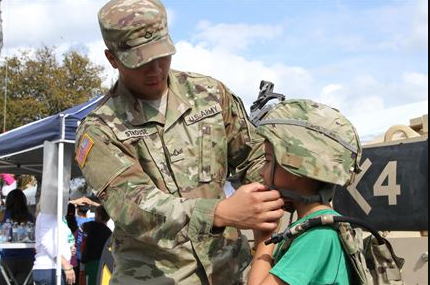
What They Do: These soldiers mainly operate tanks like the M1A2 Abrams tank in order to attack and destroy enemy positions and forces. They load and fire the guns, receive orders and carry them out, and operate the vehicles over different kinds of land terrain.
Minimum ASVAB Score: CO: 87
46. Information Technology Specialist (25B)
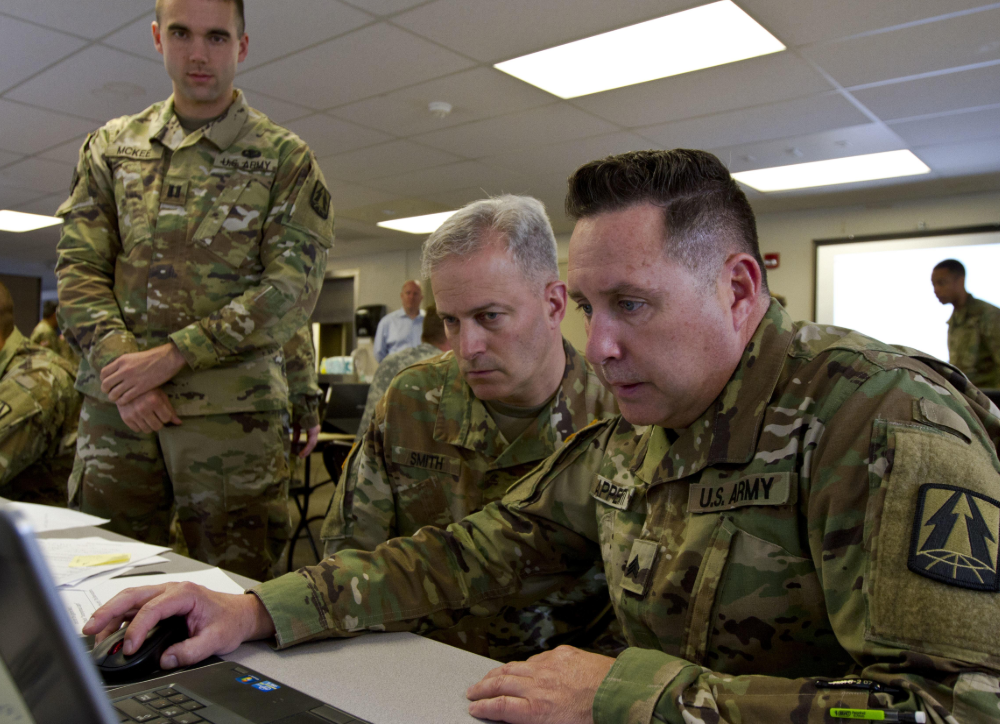
What They Do: These specialists are primarily focused on maintaining and using military computers and information systems. They maintain these systems and use them to perform different kinds of operations.
Minimum ASVAB Score: ST: 95
47. Radio Operator (25C)
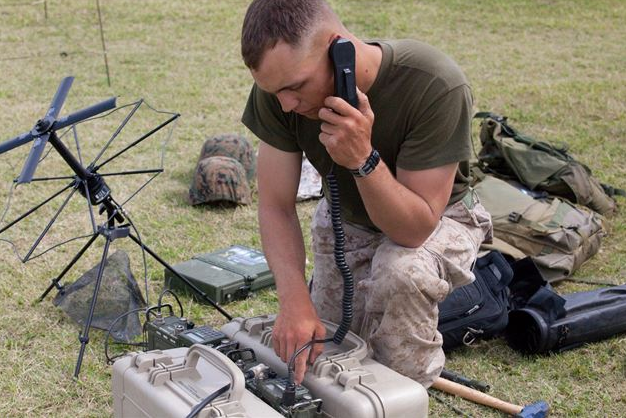
What They Do: These soldiers mostly focus their duties on radios and communication. They maintain these systems and use them to record and transmit messages back and forth.
Minimum ASVAB Score: EL: 98 & SC: 98
48. Cyber Network Defender (25D)
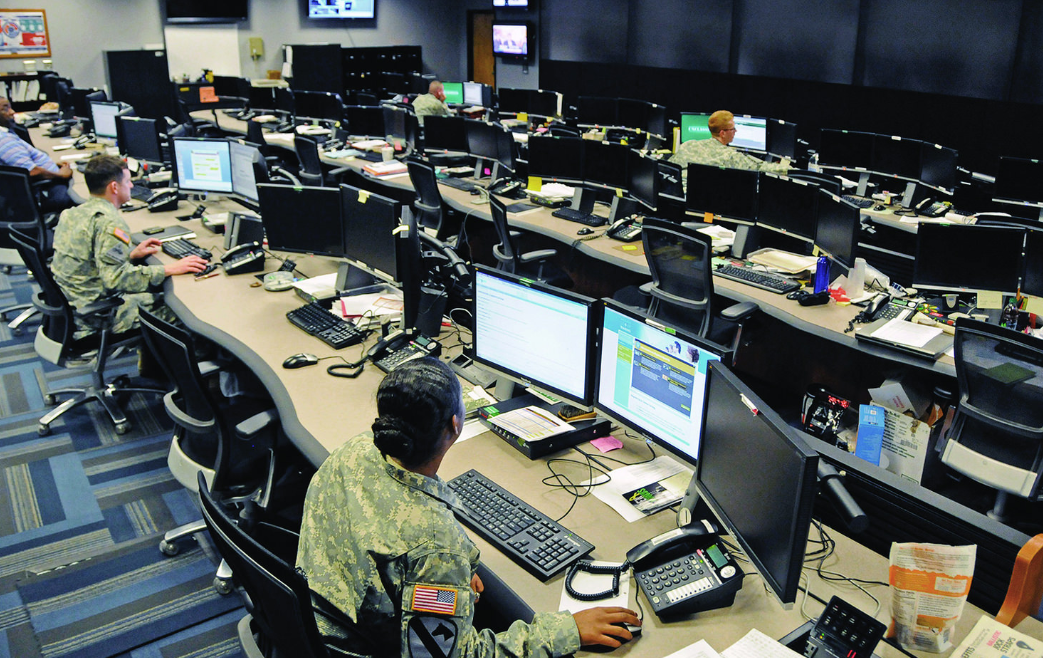
What They Do: These soldiers perform a specialized role: that of cyber defense. They mainly respond to cyber threats and always defend the Army’s cyberspace, guarding important information and intel that enemies would love to get their hands on.
Minimum ASVAB Score: GT: 105 & ST: 105
49. Cable System Installer/Main (25L) – Primarily available in National Guard/Reserves (Active Duty availability varies; check current recruiting).
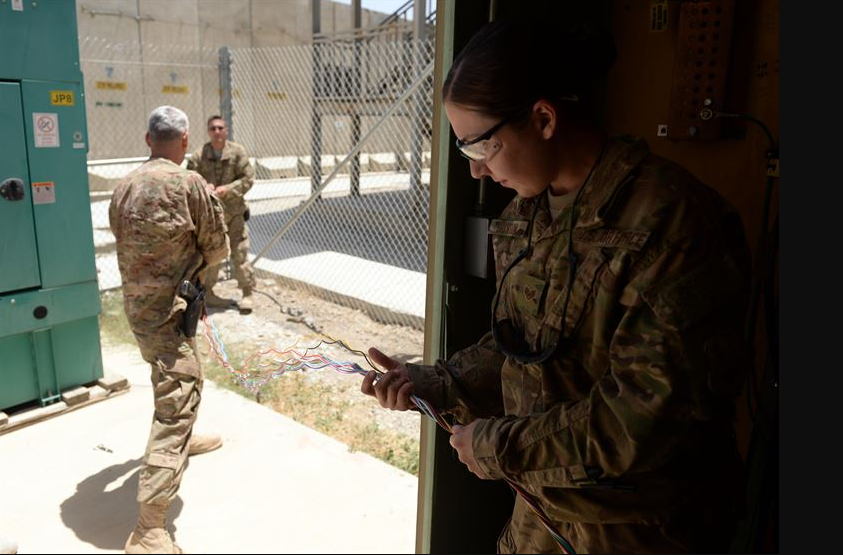
What They Do: These soldiers install and maintain cable systems. Specifically wired communication systems, and other equipment, such as security devices. They also install and make sure to repair circuits and wiring.
Minimum ASVAB Score: EL: 89 & SC: 89
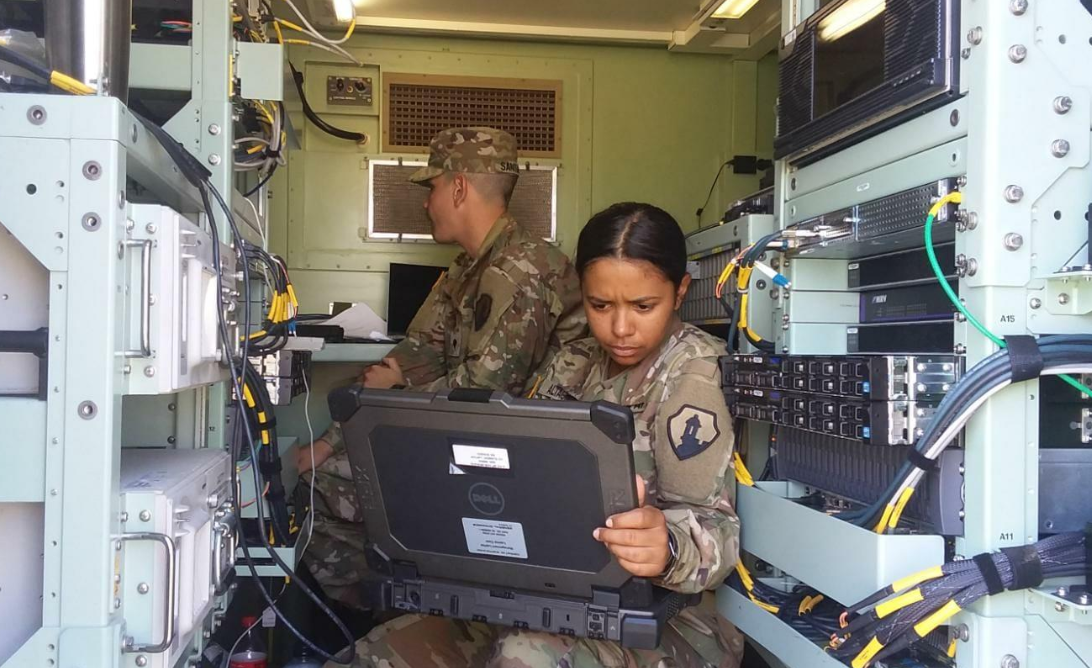
What They Do: They do their best to ensure that communications are always working. They do this by performing maintenance, repairing communication devices, and running checks to correct system issues/faults.
Minimum ASVAB Score: EL: 102 & SC: 105
51. Primarily available in National Guard/Reserves (Active Duty availability varies; check current recruiting).Microwave System Operator/Maintainer (25P) –
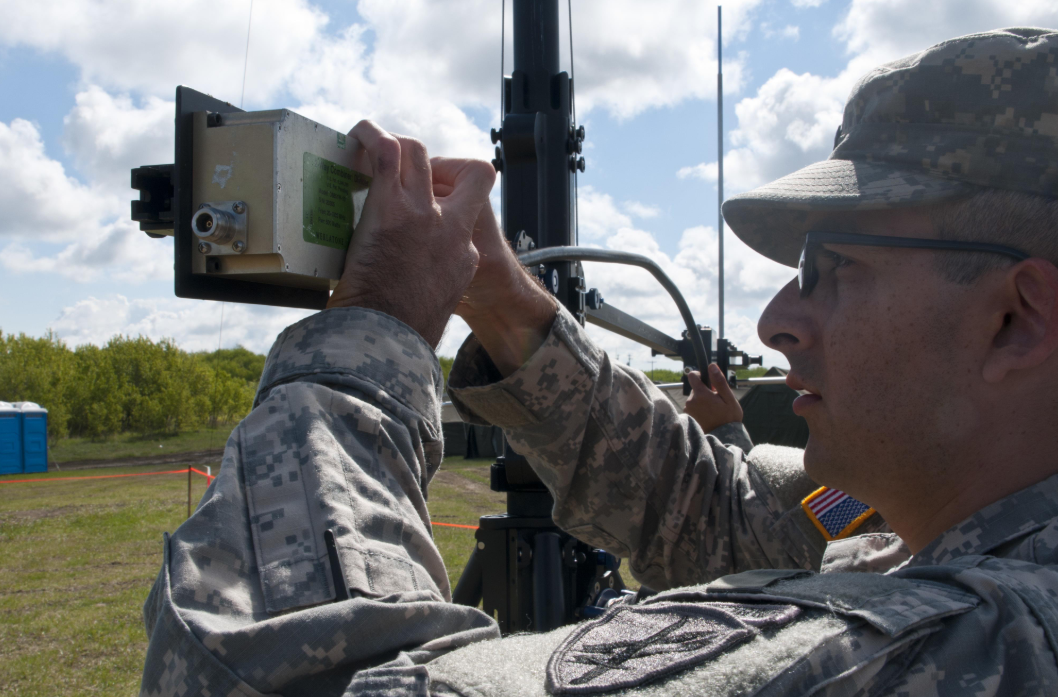
What They Do: They install microwave communication systems. They operate, maintain, and repair these systems, and they also work with antennas and other kinds of equipment for the Army.
Minimum ASVAB Score: EL: 107
52. Multichannel Transmission Systems Operator-Maintainer (25Q)
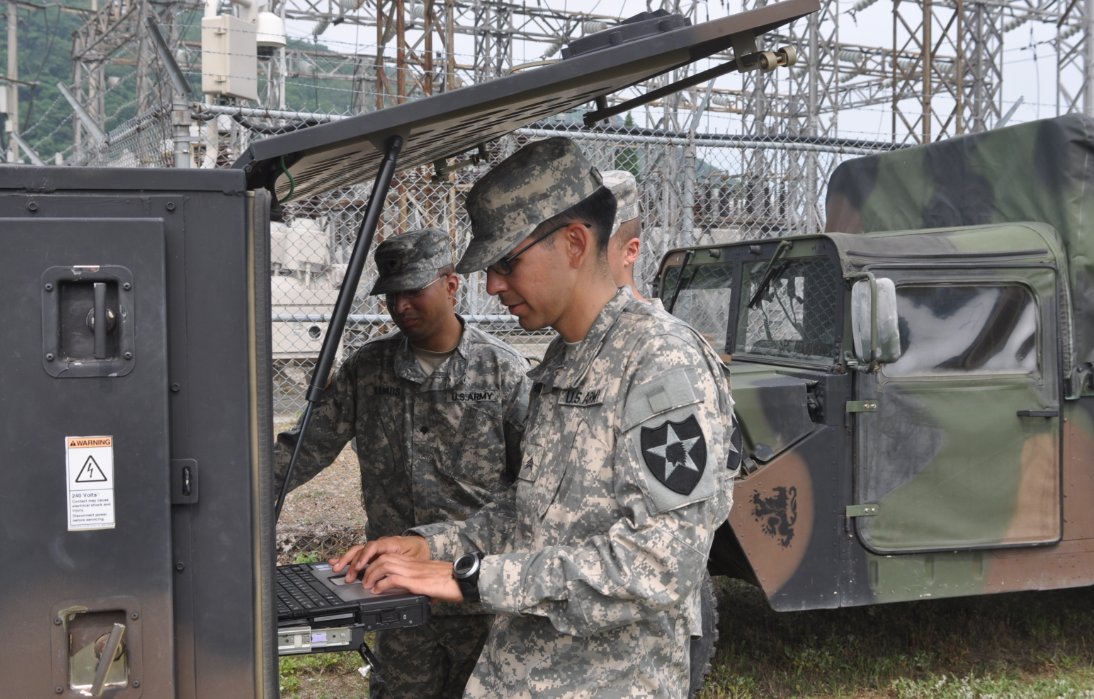
What They Do: They maintain and repair important transmission equipment in an array of radio, satellite, and other multichannel communications systems. They also perform diagnostics when it comes to these systems to ensure proper performance.
Minimum ASVAB Score: EL: 98 & SC: 98
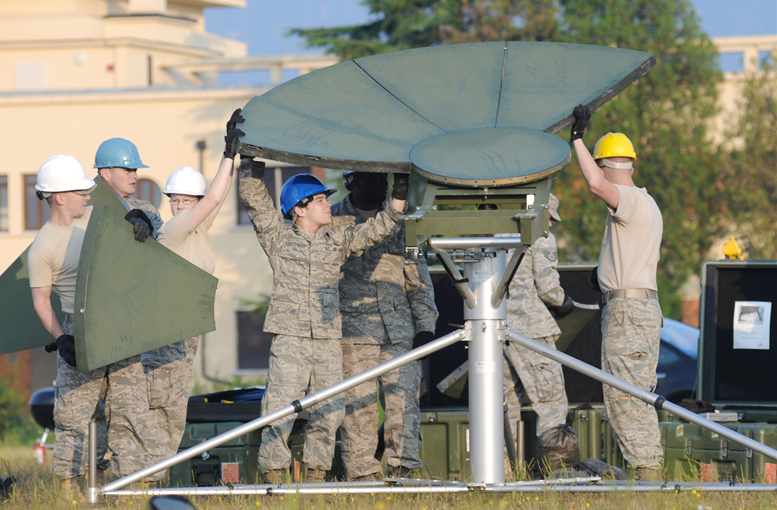
What They Do: They mainly focus on maintaining and operating satellite communication systems for the Army. These are integral to how the army functions, mostly because it’s one of the primary communication forms for the Army.
Minimum ASVAB Score: EL: 117
54. Signal Support System Specialist (25U)
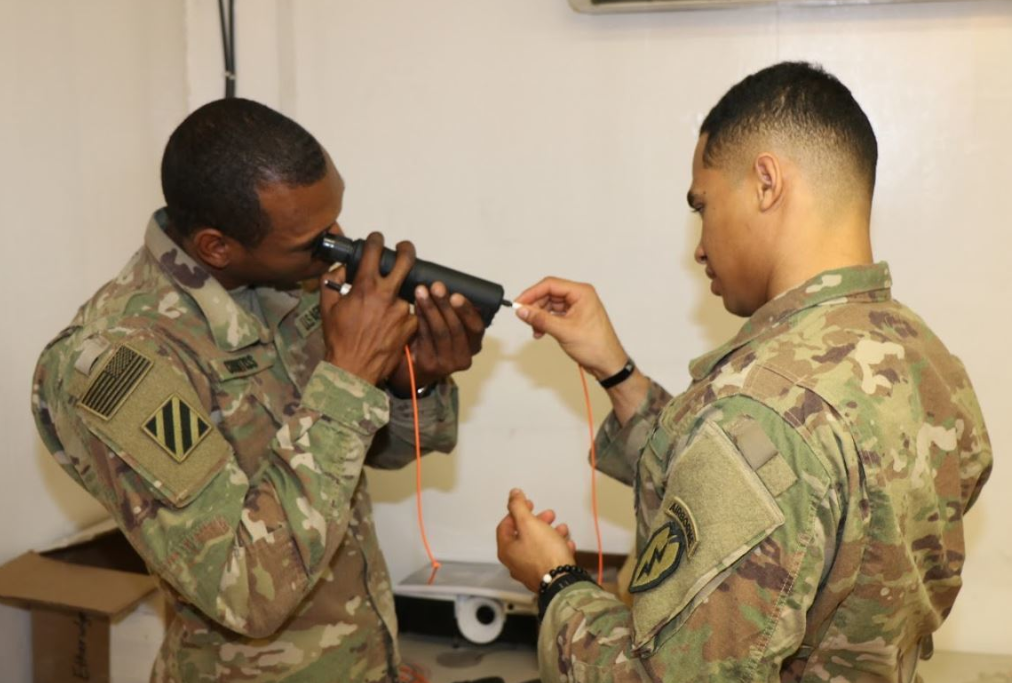
What They Do: They work on important equipment that is necessary for the army to function. This equipment is used to direct and place troops where they are needed and to spread forces in an effective way.
Minimum ASVAB Score: EL: 95 & SC: 95
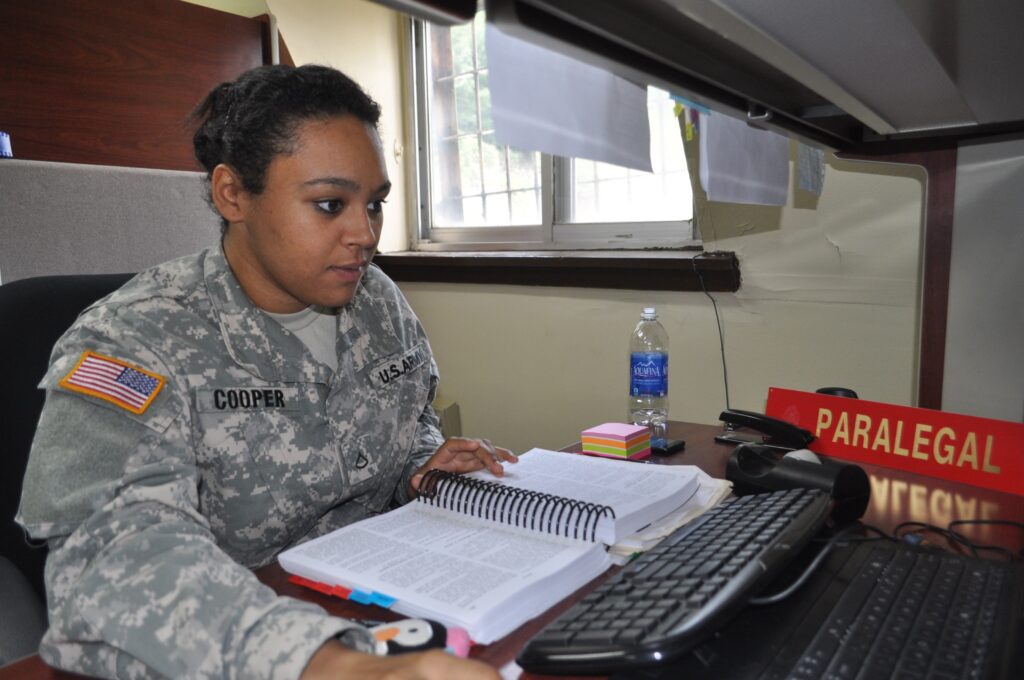
What They Do: These soldiers primarily work in the law aspect of the army. They are familiar with criminal law, international law, civil law, and more. They use this expertise to assist the military in legal matters.
Minimum ASVAB Score: CL: 105
56. Military Police (31B)
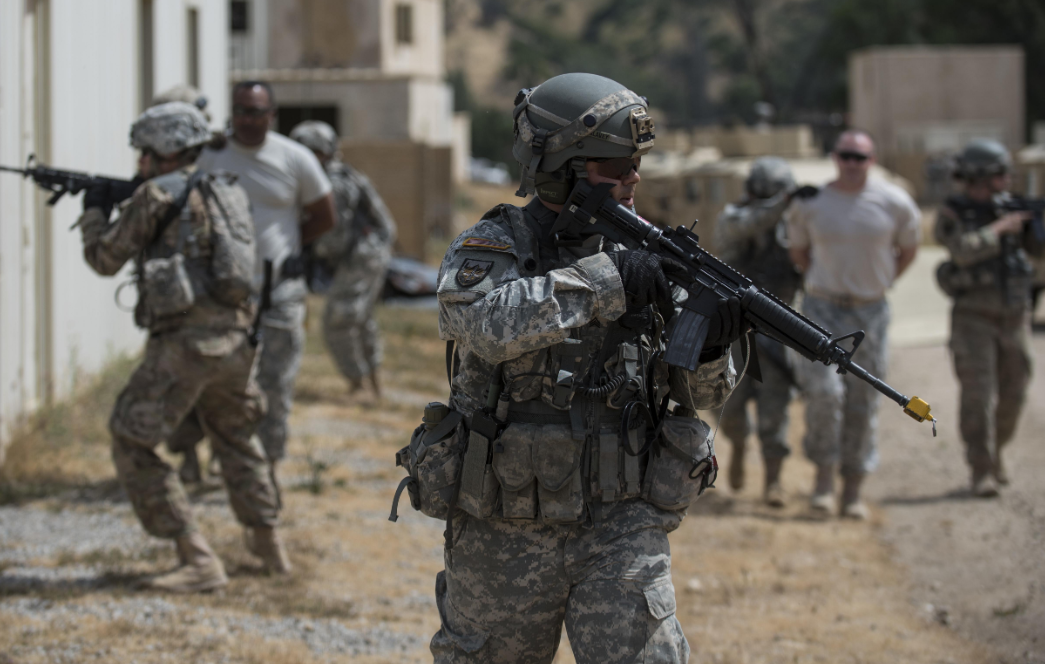
What They Do: These soldiers are mainly concerned with keeping the peace via enforcing military laws and regulations. They control traffic and crime, and perform many of the same duties civil police officers do.
Minimum ASVAB Score: ST: 91
57. Criminal Investigation Special Agent (31D)
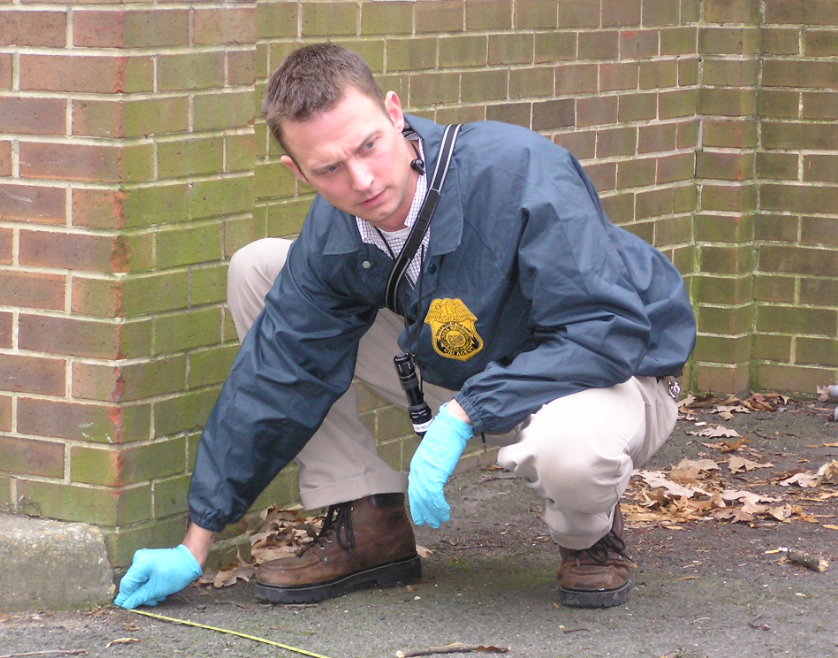
What They Do: These soldiers perform all kinds of criminal investigations that the Army is involved in. They handle felony-level crimes. They do things like process crime scenes, collect evidence, handle forensic lab duties, and other services and responsibilities.
Minimum ASVAB Score: ST: 107 & GT: 110
58. Corrections / Detention Specialist (31E)
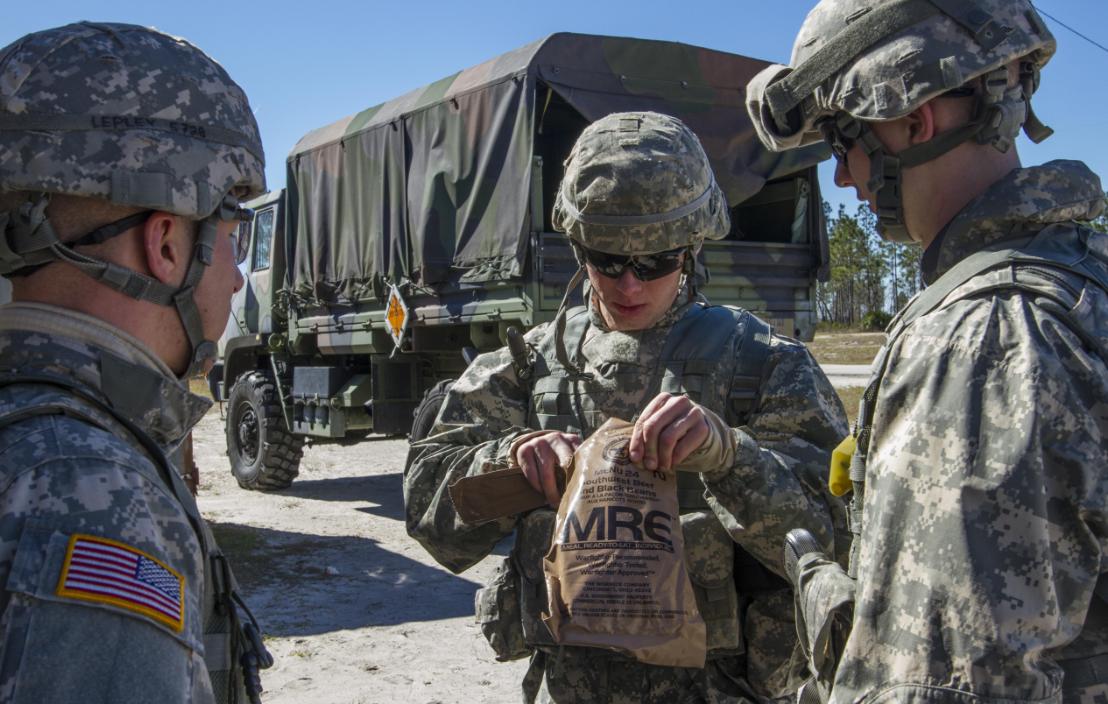
What They Do: These soldiers mainly operate and handle everyday operations in any kind of military prison or correctional facility. They supervise and confine inmates and make sure these facilities are secure, among other duties.
Minimum ASVAB Score: ST: 95
59. Military Working Dog Handler (31K)
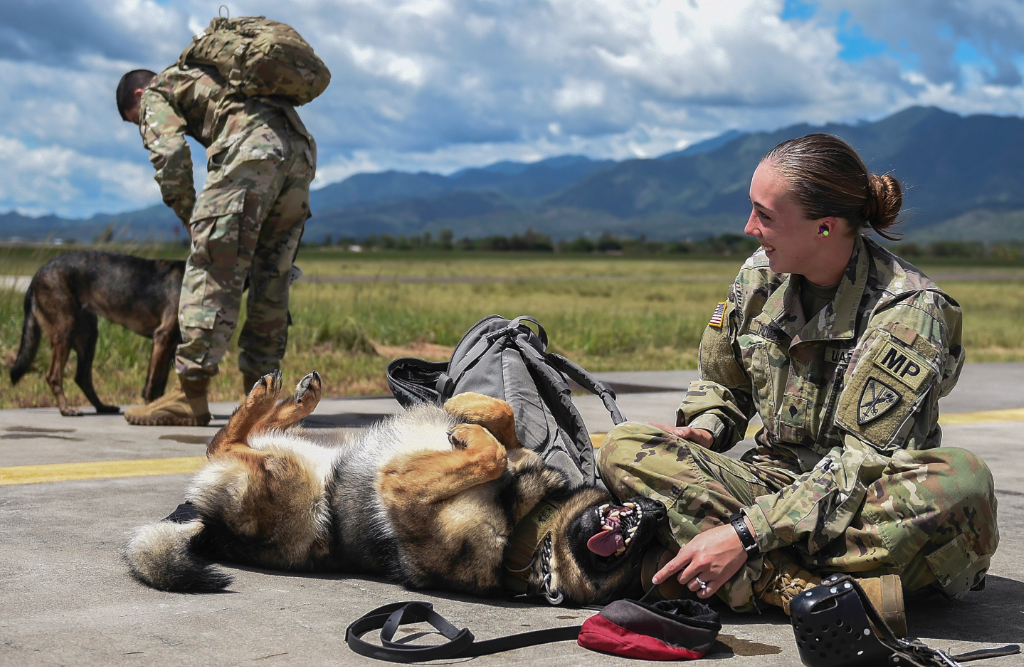
What They Do: They handle, care, train, and work with service dogs, which perform a wide variety of duties for the military: the main ones being detecting drugs and explosives, as well as a few other different kinds of searches and inspections.
Minimum ASVAB Score: ST: 91
60. Intel Analyst (35F)
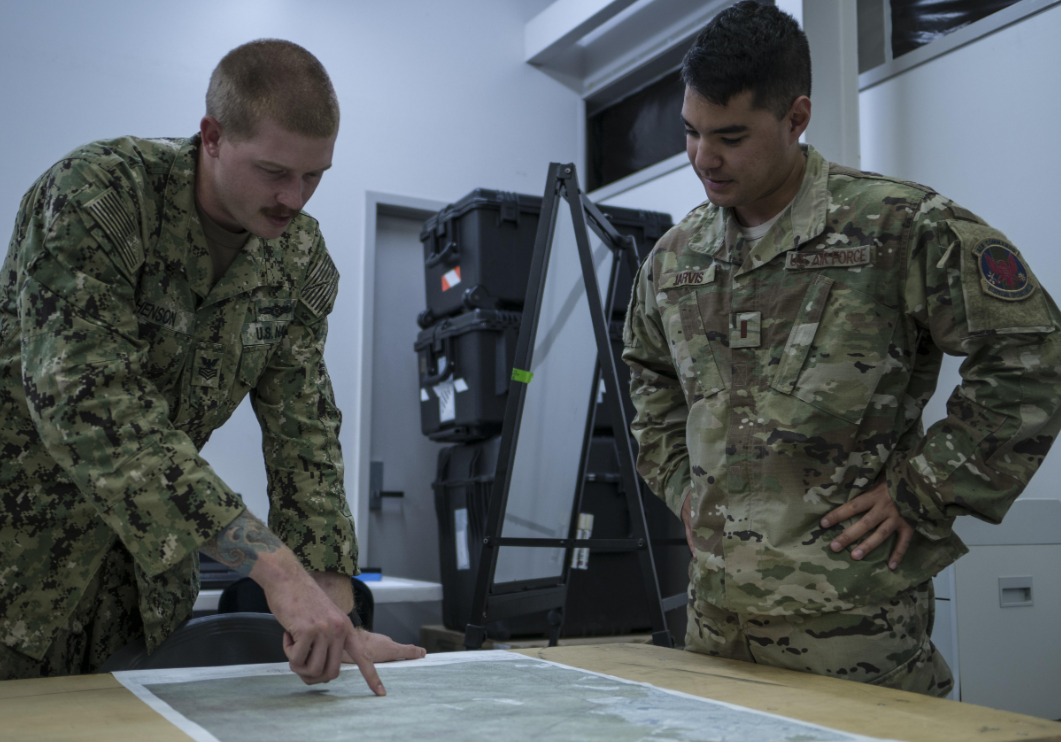
What They Do: They analyze, process, distribute, and review all different kinds of intelligence data, from strategic to tactical. They are important to the function of the Army, providing critical info to higher-ups.
Minimum ASVAB Score: ST: 101
61. Geospatial Intelligence Imagery Analyst (35G)
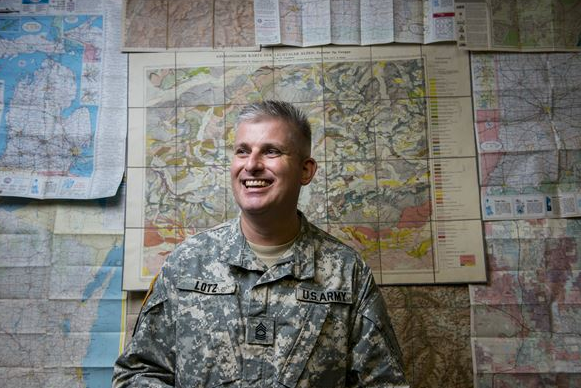
62. Counter-Intelligence Agent (35L)
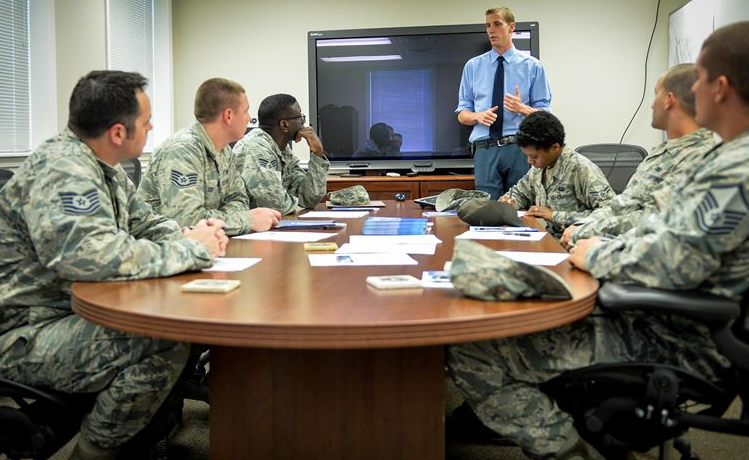
What They Do: They are mainly concerned with denying and preventing enemy forces from gaining any kind of intelligence on the Army. This includes rooting out national security crimes, discovering terrorist threats, and other important duties.
Minimum ASVAB Score: ST: 101
63. Human Intelligence Collector (35M)
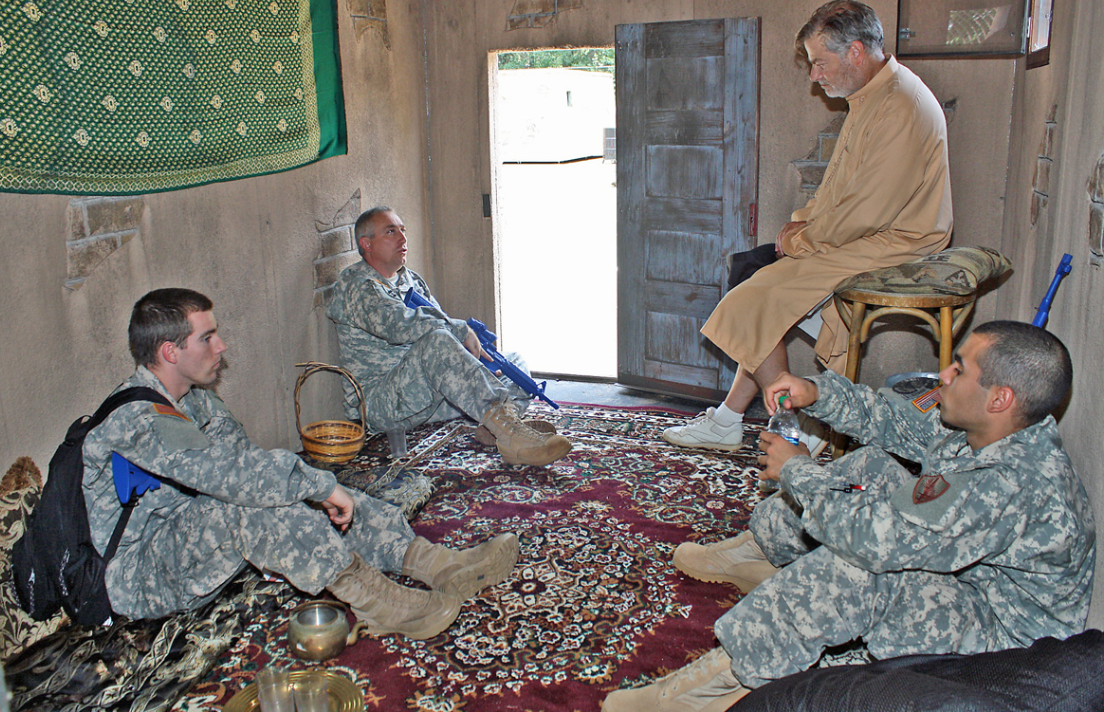
What They Do: They collect information on enemy operations, forces, and areas that may turn into battlefields. They also screen documents and handle a wide variety of other duties.
Minimum ASVAB Score: ST: 101 plus DLAB: 107
64. Signal Intelligence Analyst (35N)
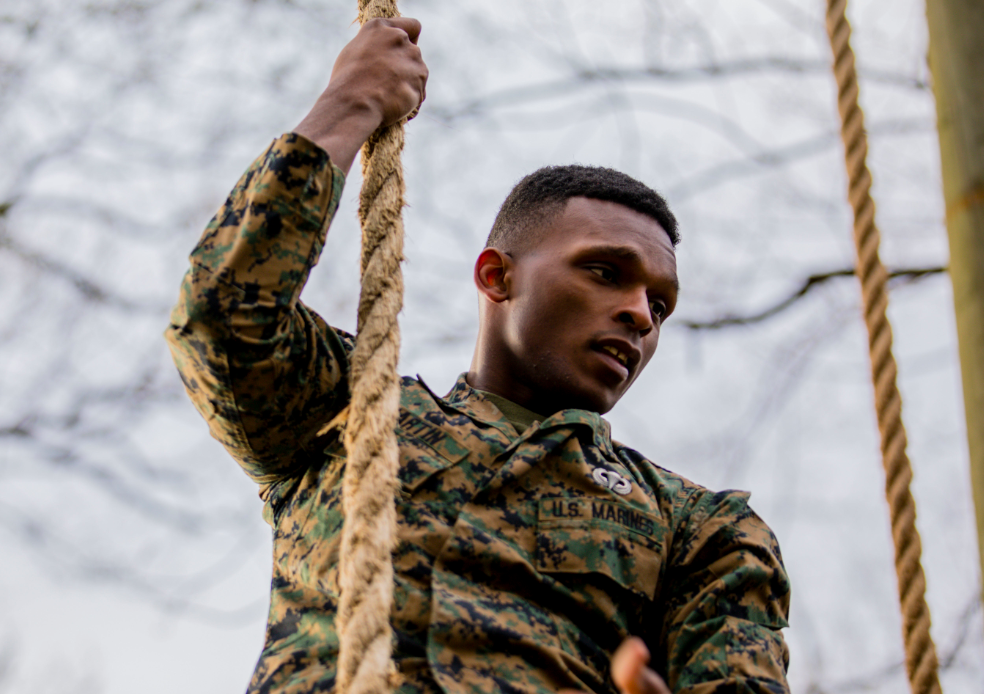
What They Do: They are mainly concerned with foreign intelligence and communications. They review intercepted messages, and decode them, verifying important info, as well as producing reports based on this info.
Minimum ASVAB Score: ST: 112
65. Cryptologic Linguist (35P)*
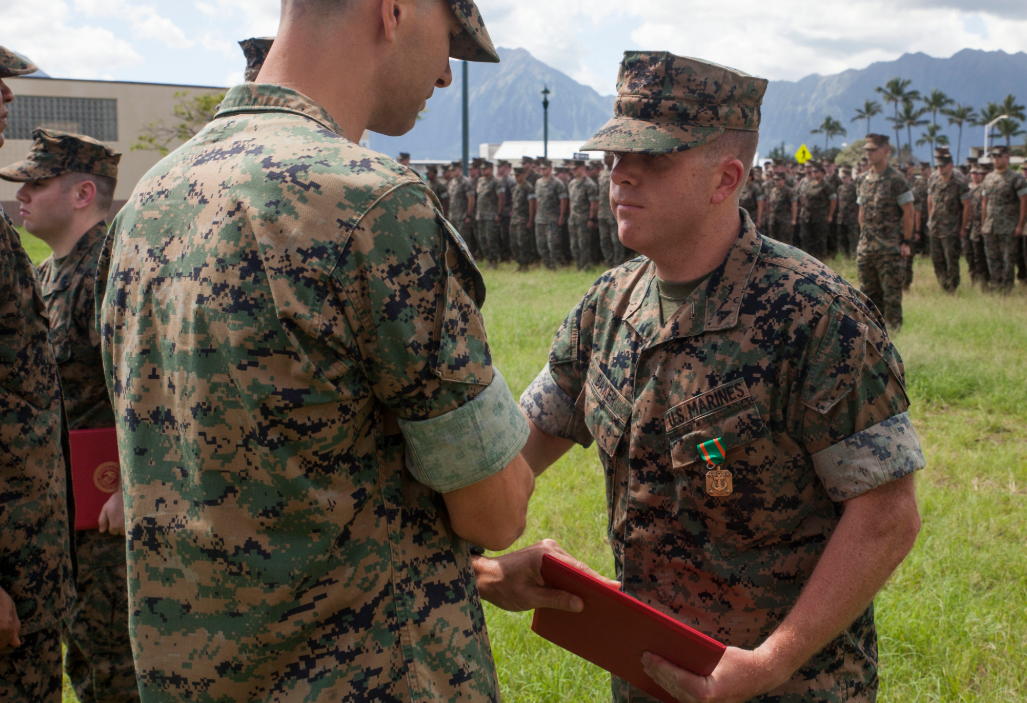
What They Do: They notice, intercept, and analyze foreign communications, while recognizing changes in enemy and foreign comms and using these changes to continue retrieving information.
Minimum ASVAB Score: ST: 91 & DLAB: 107
66. Cryptologic Cyberspace Intelligence Collector/Analyst (35Q)
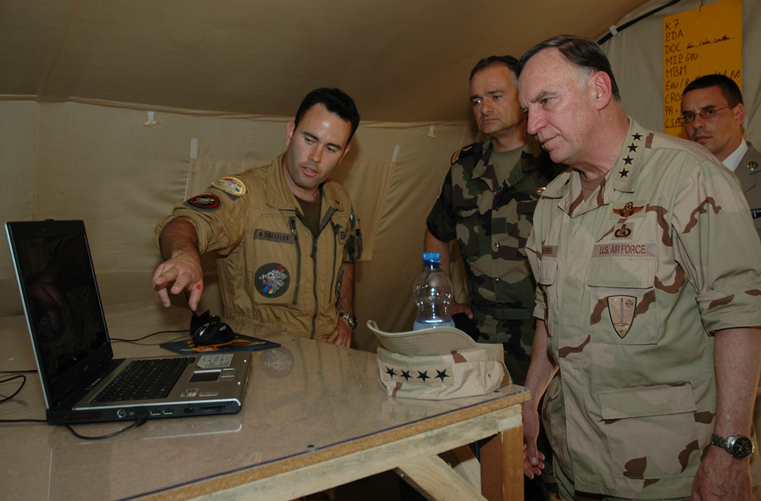
What They Do: These analysts maintain databases that contain intelligence information on enemy targets. You’ll also use linguistic skills to decode or interpret enemy plans in digital storage or communications.
Minimum ASVAB Score: ST: 112
67. Signals Collector/Analyst (35S)
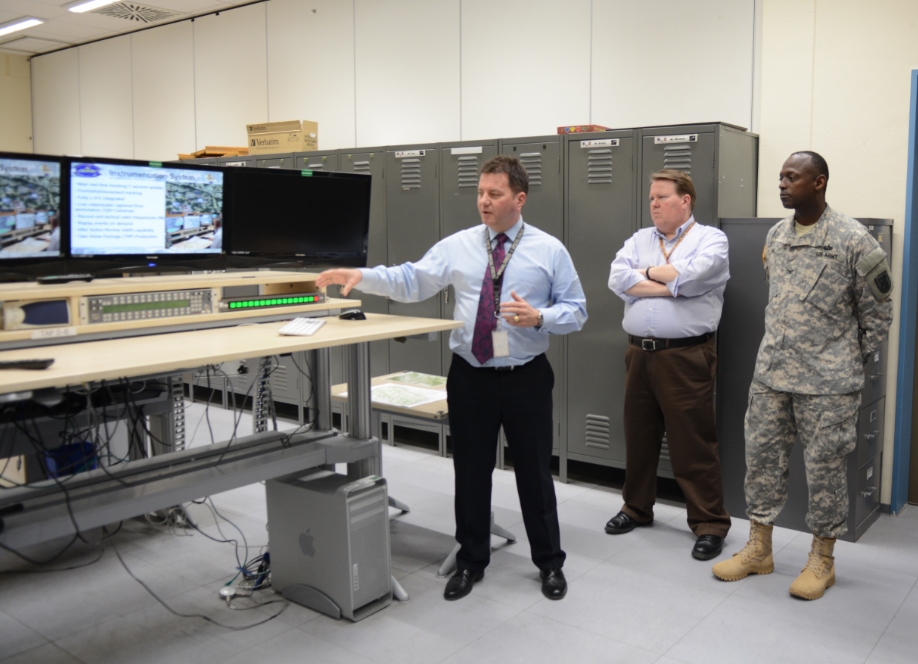
What They Do: These soldiers detect and identify foreign electronic intelligence. They do this by interpreting signals to provide a wide variety of strategic/tactical intel.
Minimum ASVAB Score: ST: 101
68. Military Intelligence Systems Maintainer / Integrator (35T)
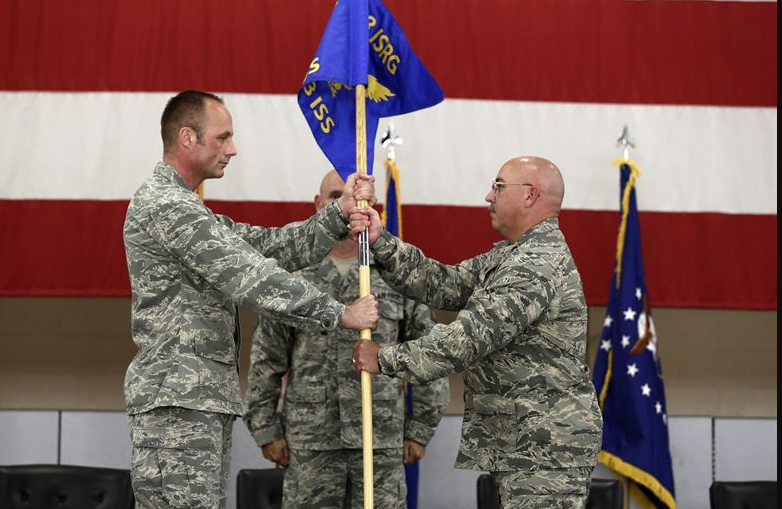
What They Do: These specialists are solely concerned with maintaining and repairing computers and intelligence networks that are used by the military for information and intelligence gathering.
Minimum ASVAB Score: ST: 112
69. Finance Management Technician (36B)
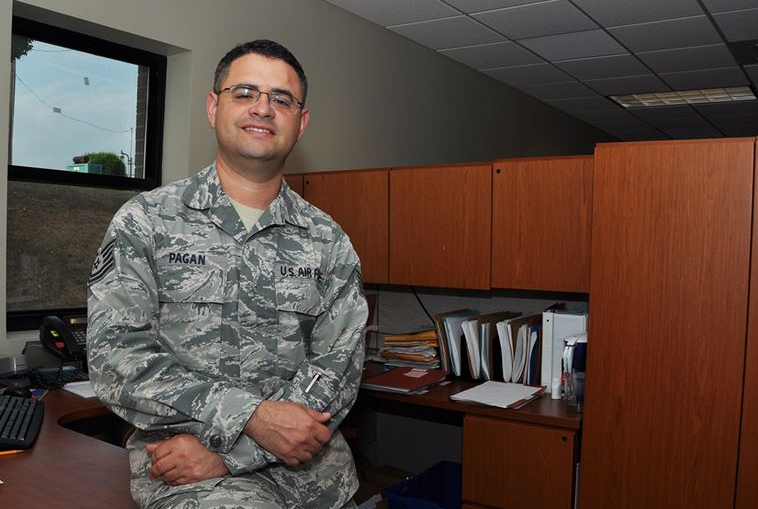
What They Do: These soldiers are mainly concerned with financial planning duties, like budgeting and accounting for government funds, as well as managing military pay.
Minimum ASVAB Score: CL: 101
70. Psychological Operations Specialist (37F)
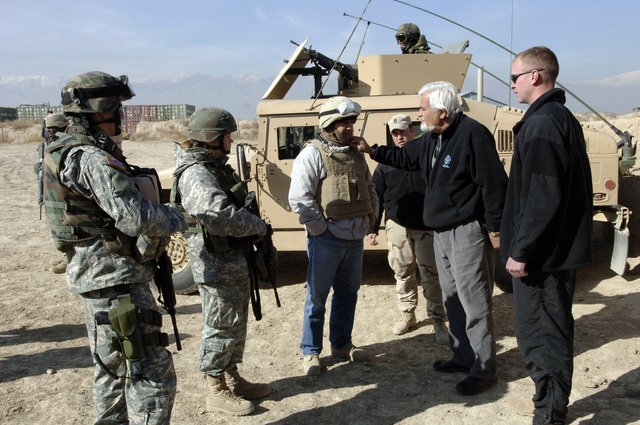
What They Do: These specialists review and analyze entire populations in order to persuade and influence. You’ll broadcast campaigns over various channels to aid the U.S. mission.
Minimum ASVAB Score: GT: 107
71. Civil Affairs Specialist (38B)
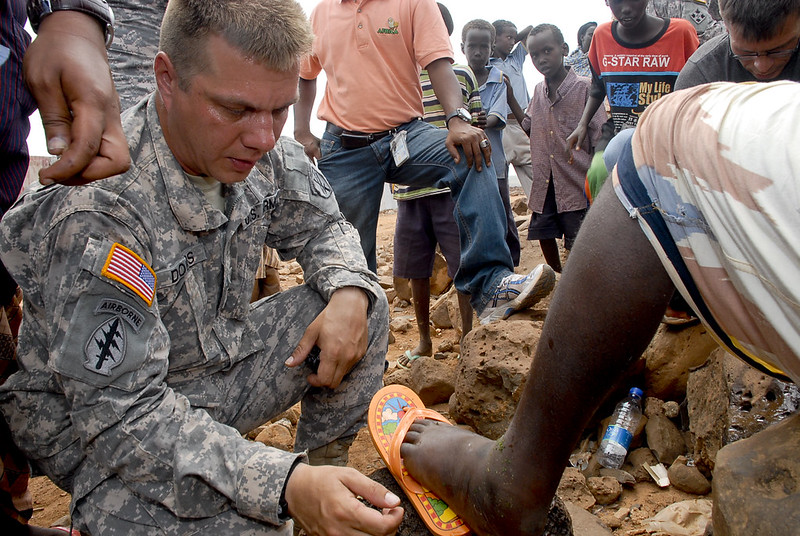
What They Do: These specialists primarily identify the needs of local citizens during upheaval and crisis situations. They work with aid agencies in order to provide assistance in relief efforts. They also coordinate and conduct operations in disaster relief.
Minimum ASVAB Score: GT: 107
72. Human Resource Specialist (42A)
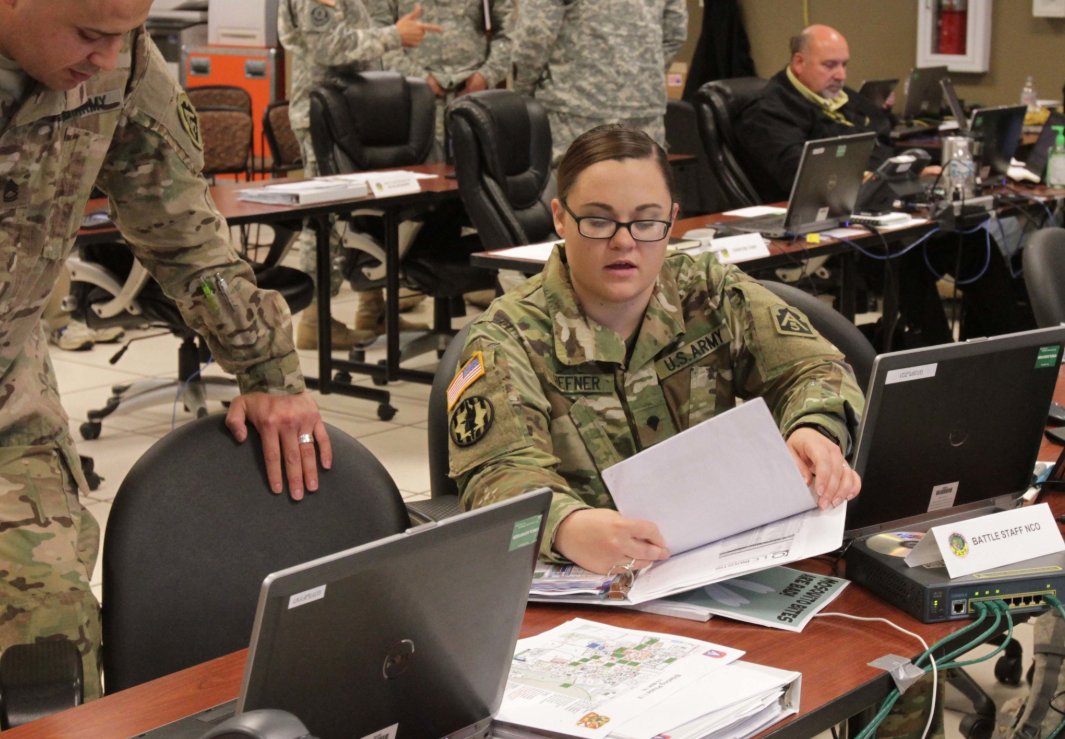
What They Do: They are concerned about the well-being and careers of other soldiers. They assist in human resources, assessing human welfare and readiness, and provide information on career advancement, benefits, official documentation, and records support.
Minimum ASVAB Score: GT: 100 & CL: 90
73. Musician (42R)
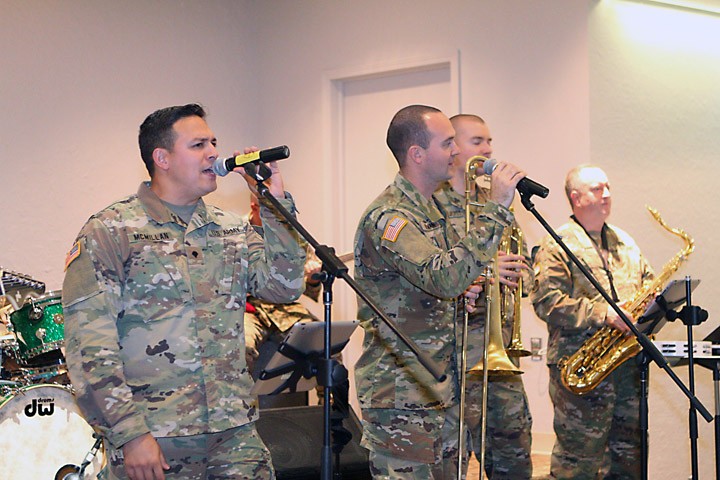
What They Do: Army musicians maintain morale by entertaining soldiers and performing at official ceremonies and celebrations. Those wishing to enter the Army as a musician will need to audition and prove a high level of proficiency.
Minimum ASVAB Score: Not Applicable
74. Special Band Musician (42S)
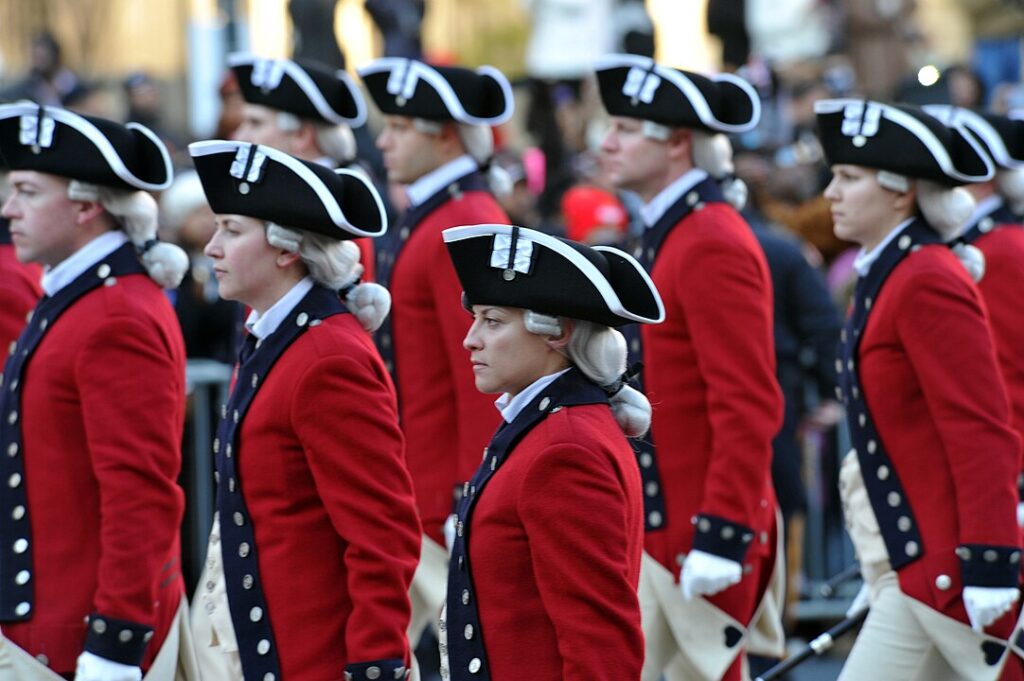
What They Do: Army Special Band Musicians perform for the public at special ceremonies, parades, and celebrations. Musicians in this MOS perform in the U.S. Army Band, U.S. Army Field Band, U.S. Military Academy Band, or the Fife and Drum Corps of the 3rd Infantry (The Old Guard).
Minimum ASVAB Score: Not Applicable
75. Public Affairs Mass Communications Specialist (46S)
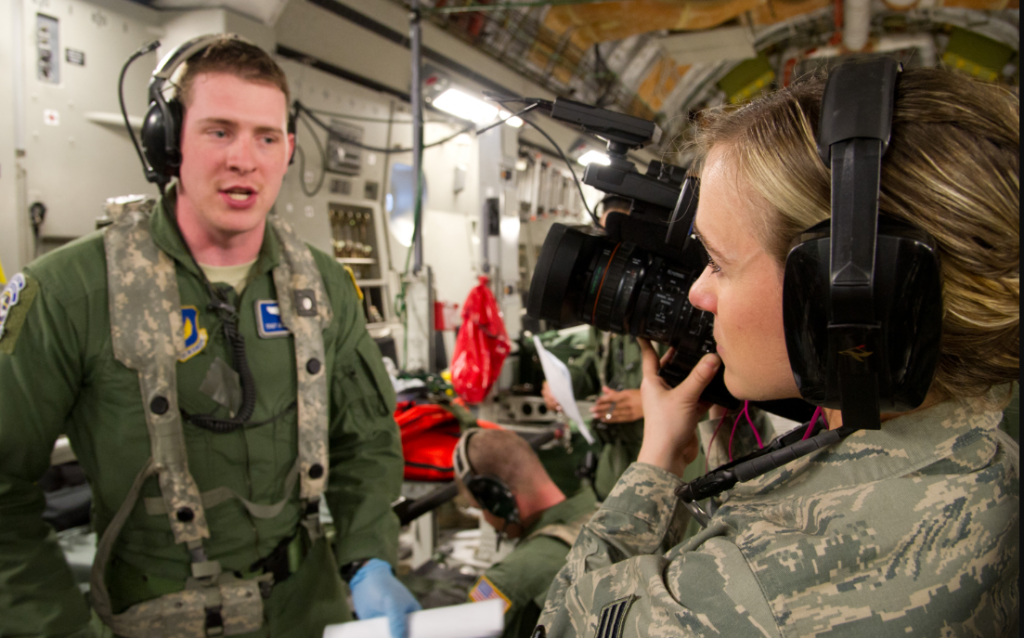
What They Do: They assist in the creation of news and news articles, mainly through traditional news releases as well as online. You’ll gather information and visuals for news articles, arrange interviews, and provide news outlets with information on Army activities.
Minimum ASVAB Score: GT: 107
76. Visual Information Equipment Operator-Maintainer (46T)
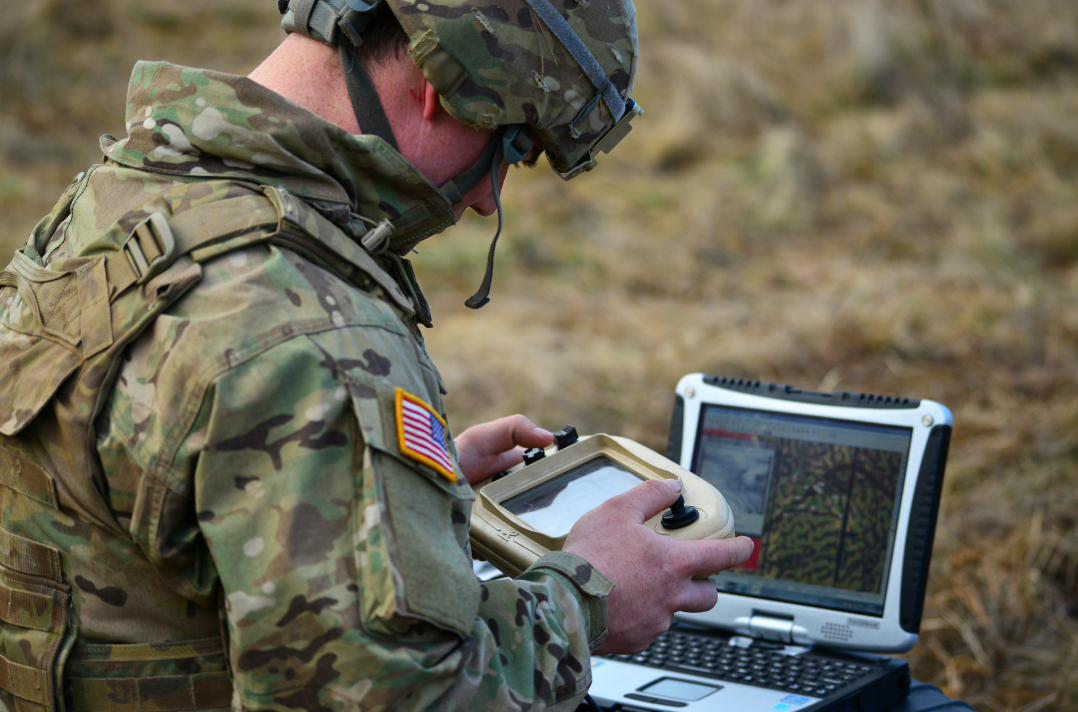
What They Do: They use things like monitors, cameras, and other film-related equipment in order to record footage, take photographs, and do all of the above to make news events and do their best to help the Army.
Minimum ASVAB Score: EL: 107
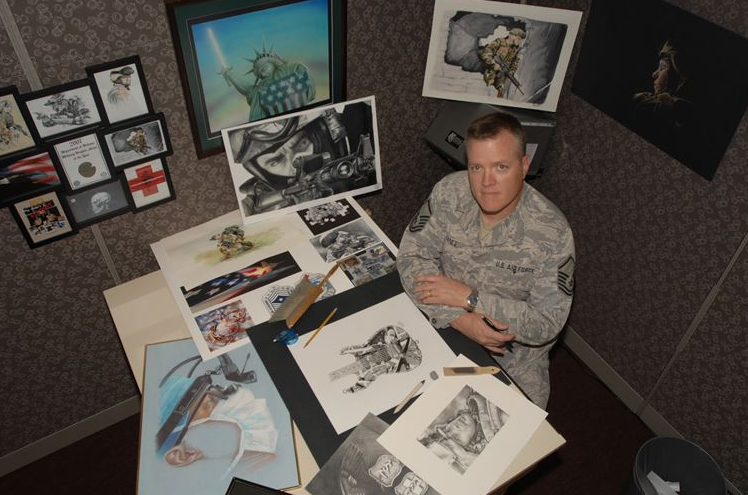
What They Do: They make artwork and use different programs and materials in order to create video and audio presentations to document Army activities. They do everything from electronic equipment maintenance to editing and printing for Army publications and visuals.
Minimum ASVAB Score: ST: 91 & EL: 93
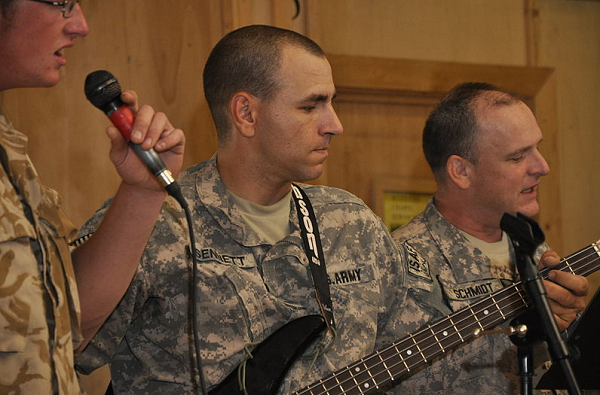
What They Do: They are mainly involved in helping base Chaplains through administrative support. They maintain files and schedules and ensure religious services run smoothly, and they may even become involved with peer counseling.
Minimum ASVAB Score: CL: 90
79. Biomedical Equipment Specialist (68A)
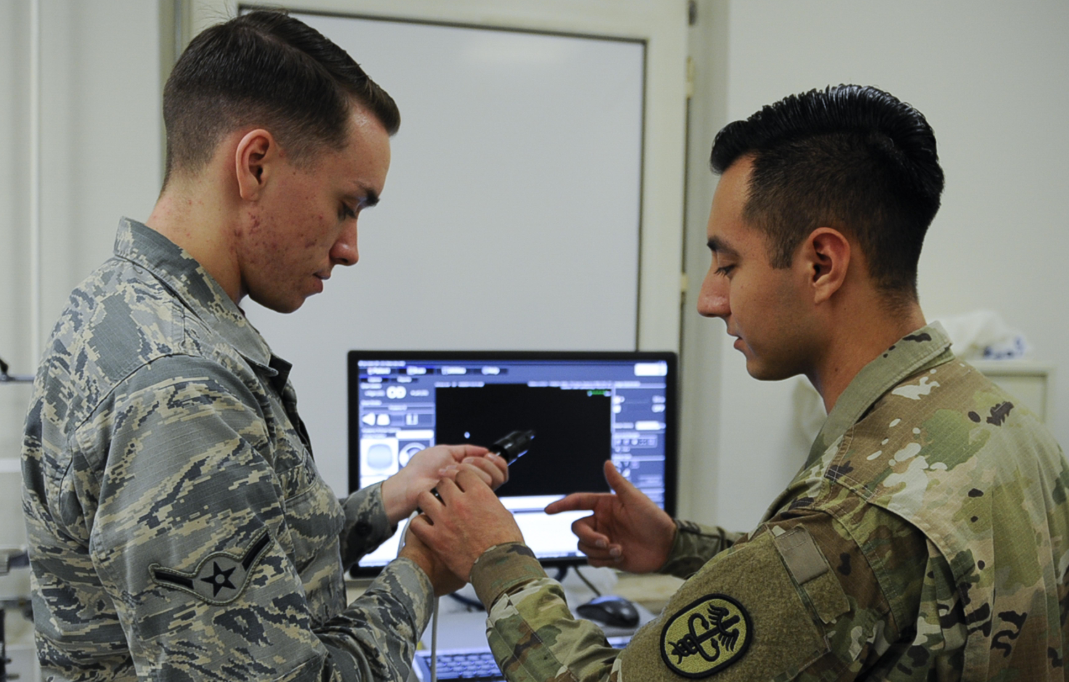
What They Do: They service and maintain medical equipment that uses electronics, digital, or radiological methodolgy. They also install, calibrate, and troubleshoot equipment as required. These specialist also document any services performed.
Minimum ASVAB Score: EL: 107
80. Orthopedic Specialist (68B)
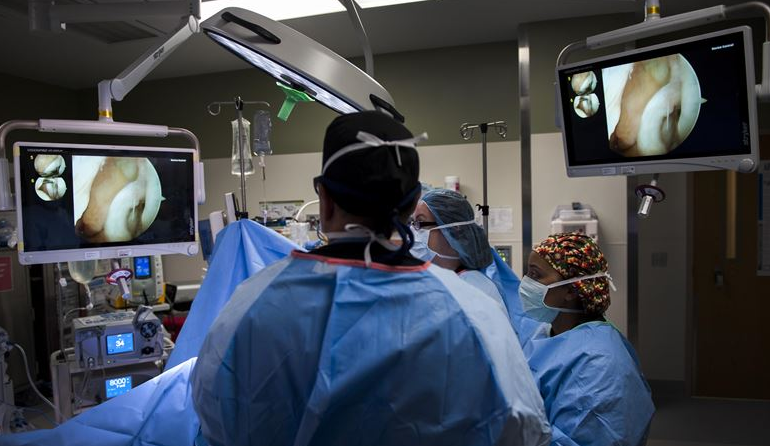
What They Do: They assist physicians in the treatment of all kinds of different orthopedic conditions affecting military patients. They also help with pre-op of surgery, among other duties.
Minimum ASVAB Score: ST: 101 & GT: 107
81. Practical Nursing Specialist (68C)
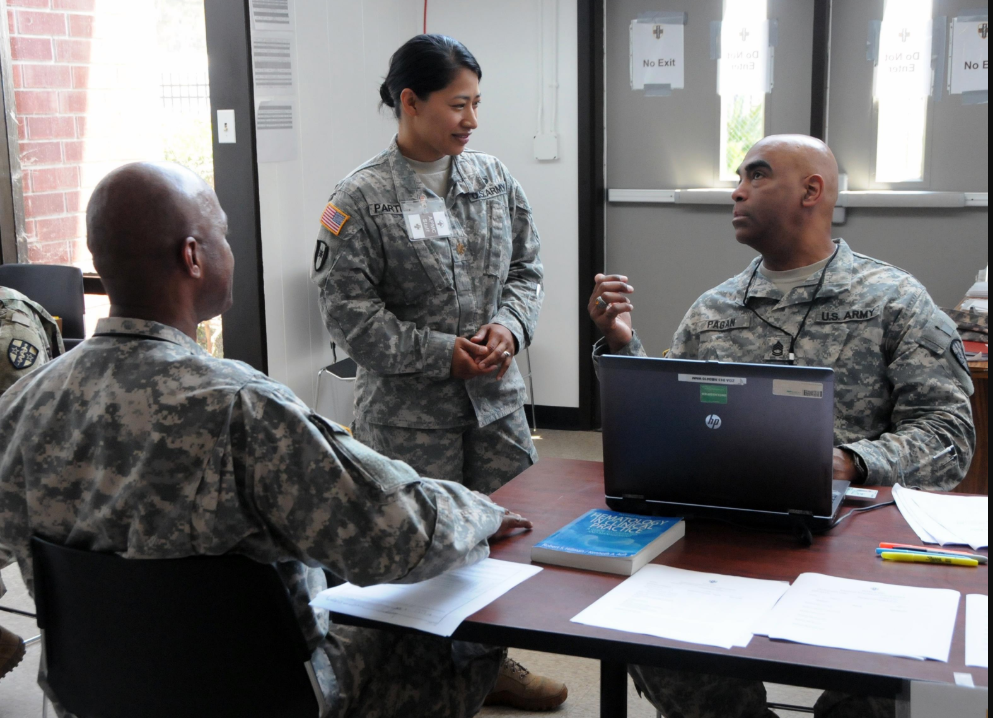
What They Do: They perform all different kinds of therapeutic and emergency nursing care, under the supervision of doctors, nurses, or NCOs. They also perform tasks such as dressing wounds.
Minimum ASVAB Score: ST: 101 & GT: 107
82. Operating Room Specialist (68D)
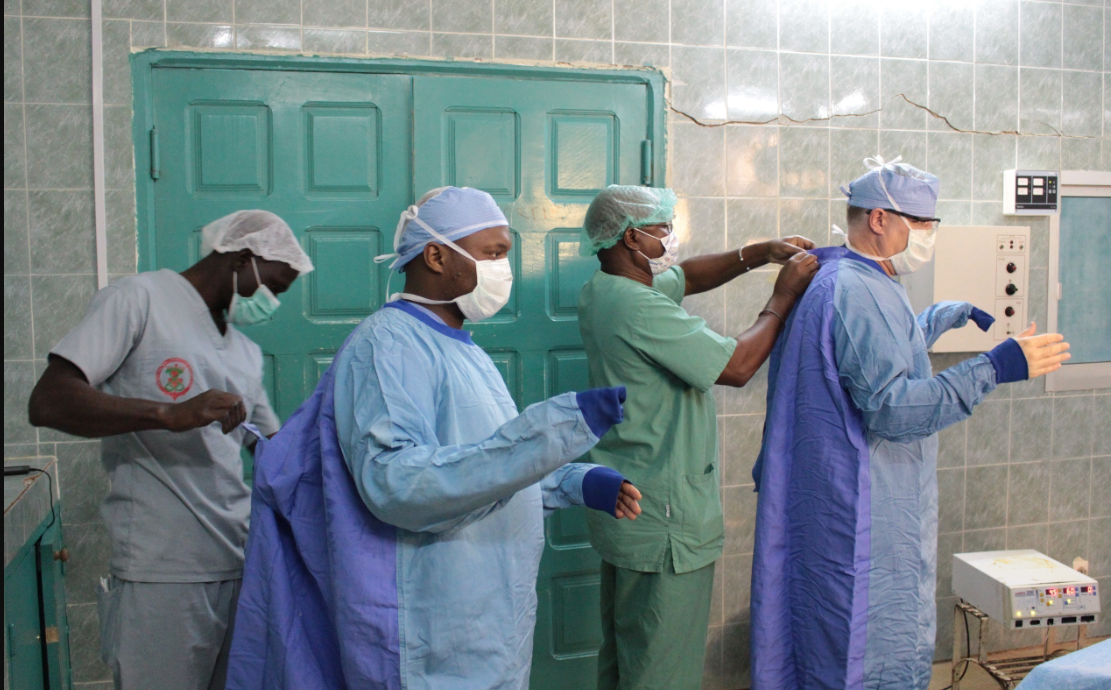
What They Do: They assist nurses during pre-op procedures and doctors during surgical procedures and make sure that the operating room environment is sterile and ready for surgery.
Minimum ASVAB Score: ST: 91
83. Dental Specialist (68E)
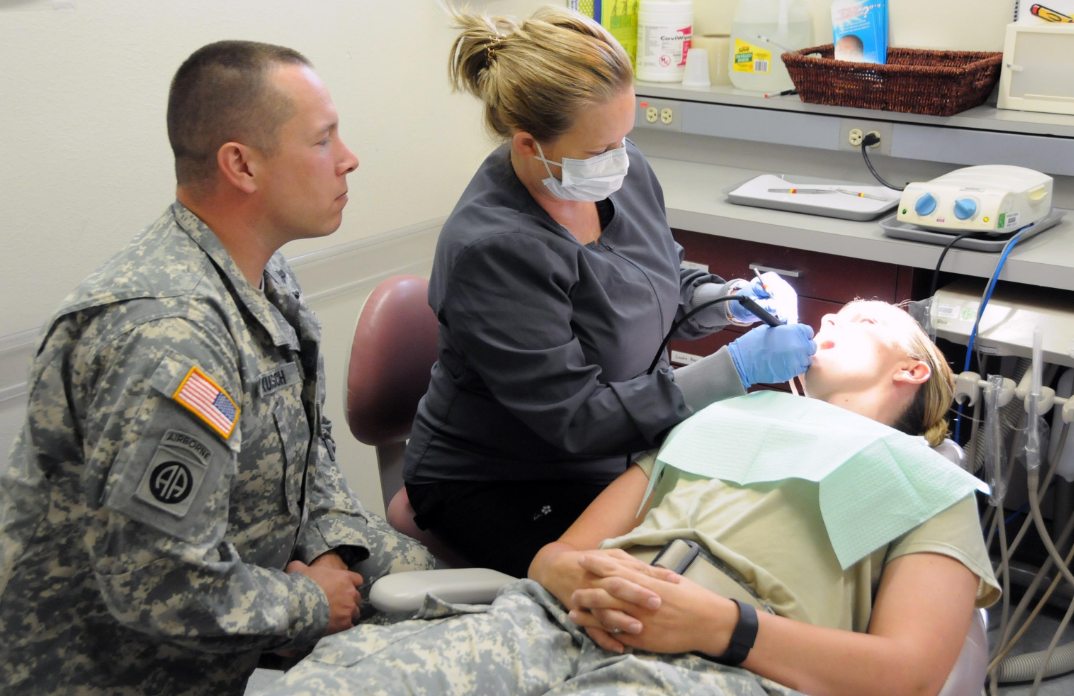
What They Do: They assist Army dentists in the treatment and examination of patients’ teeth. They assist during exams, perform impressions, perform X-rays, update records, and perform preventative cleanings.
Minimum ASVAB Score: ST: 91
84. Physical Therapy Specialist (68F)
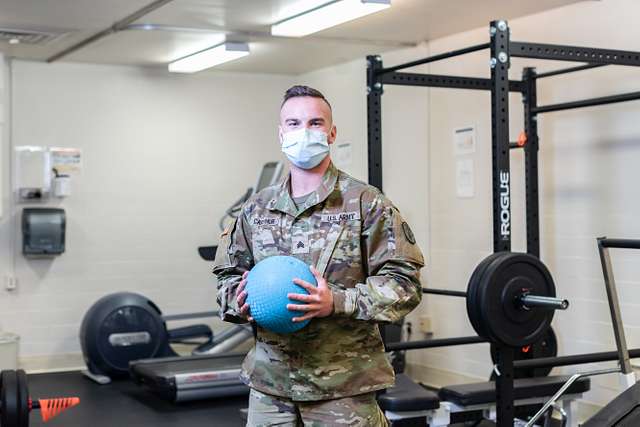
What They Do: They help those who have had their physical abilities restricted or damaged in their recovery process. They promote physical fitness and assist patients during the rehabilitative process.
Minimum ASVAB Score: ST: 101 & GT: 107
85. Patient Administration Specialist (68G)
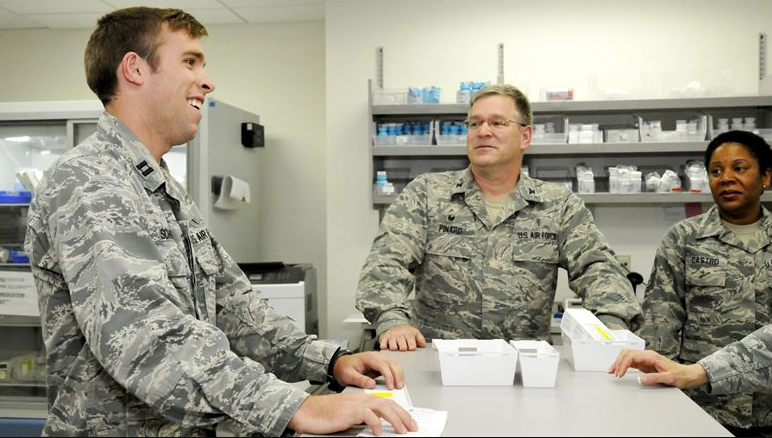
What They Do: They are mainly concerned with documentation and reports regarding patient treatment. They perform all kinds of administrative duties related to the medical team of the U.S. Army.
Minimum ASVAB Score: CL: 90
86. Optical Laboratory Specialist (68H)
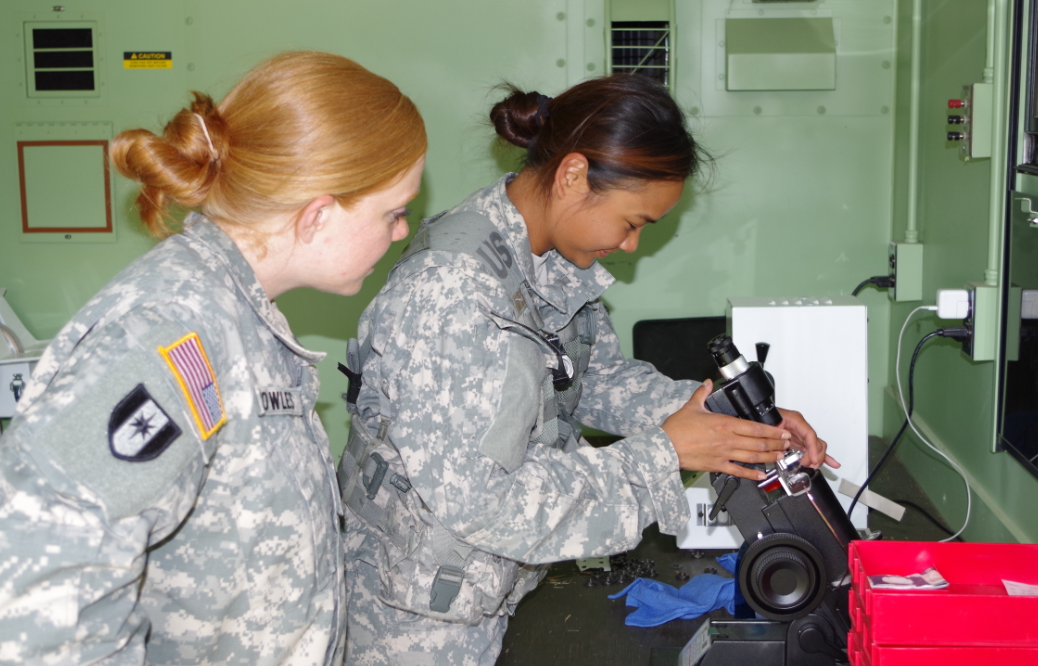
What They Do: These specialists create and repair prescription eyeglasses that are provided to Army personnel. They also perform maintenance on optical equipment and tools.
Minimum ASVAB Score: GM: 98
87. Medical Logistics Specialist (68J)
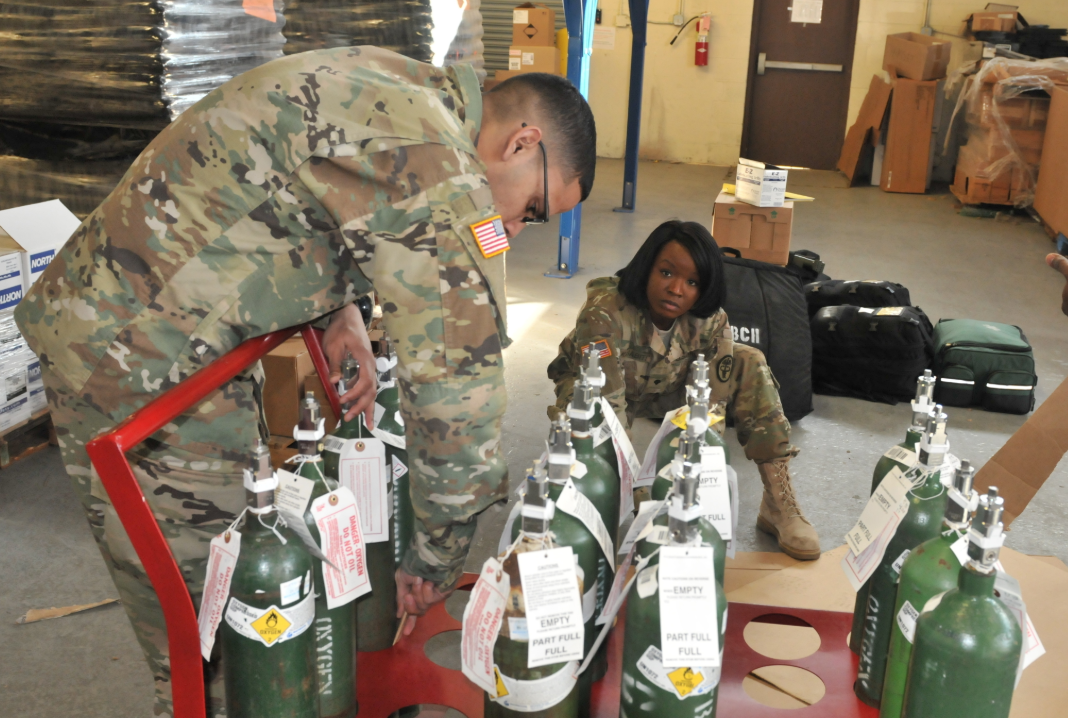
What They Do: These specialists receive, store, record, and issue Army medical supplies. They are also involved with ordering stock, restocking, and performing quality control checks on these supplies.
Minimum ASVAB Score: CL: 90
88. Medical Laboratory Specialist (68K)
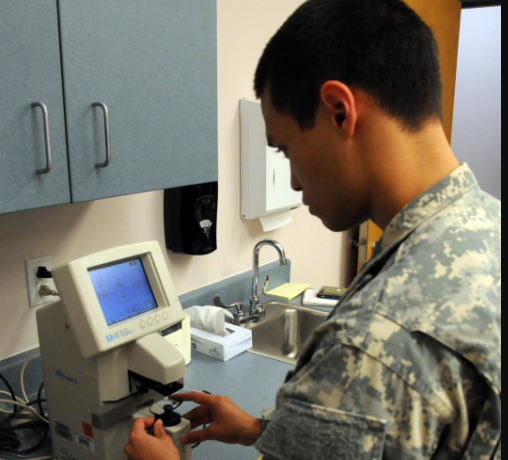
What They Do: These specialists perform lab tests for the diagnosis and treatment of disease. You’ll collect samples and run biological tests while maintaining strict confidentiality.
Minimum ASVAB Score: ST: 106
89. Occupational Therapy Specialist (68L)
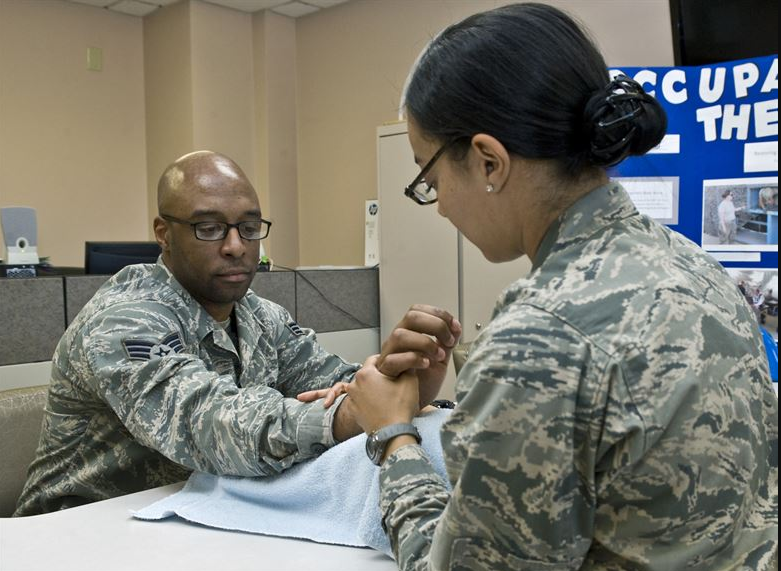
What They Do: These specialists are mainly concerned with supervising, testing, and assisting patients in order to help them recover to their maximum strength, endurance, and flexibility after an illness or injury They also promote physical fitness.
Minimum ASVAB Score: ST: 101 & GT: 107
90. Nutrition Care Specialist (68M)
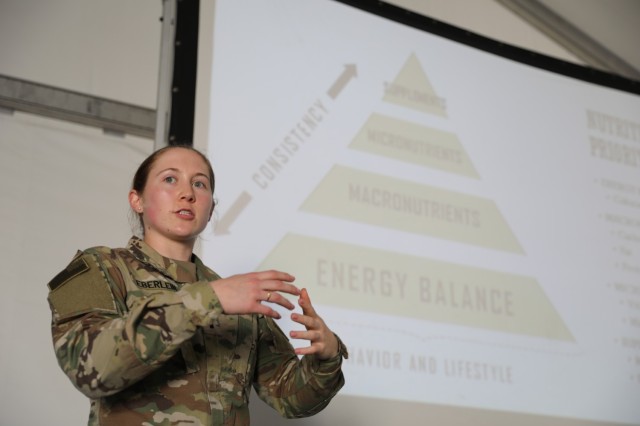
What They Do: These soldiers plan special diets for patients according to their nutritional requirements. They work with registered dietitians in order to customize diets for patients with medical conditions. You’ll also teach nutrition and health.
Minimum ASVAB Score: OF: 95
91. Radiologist Specialist (68P)
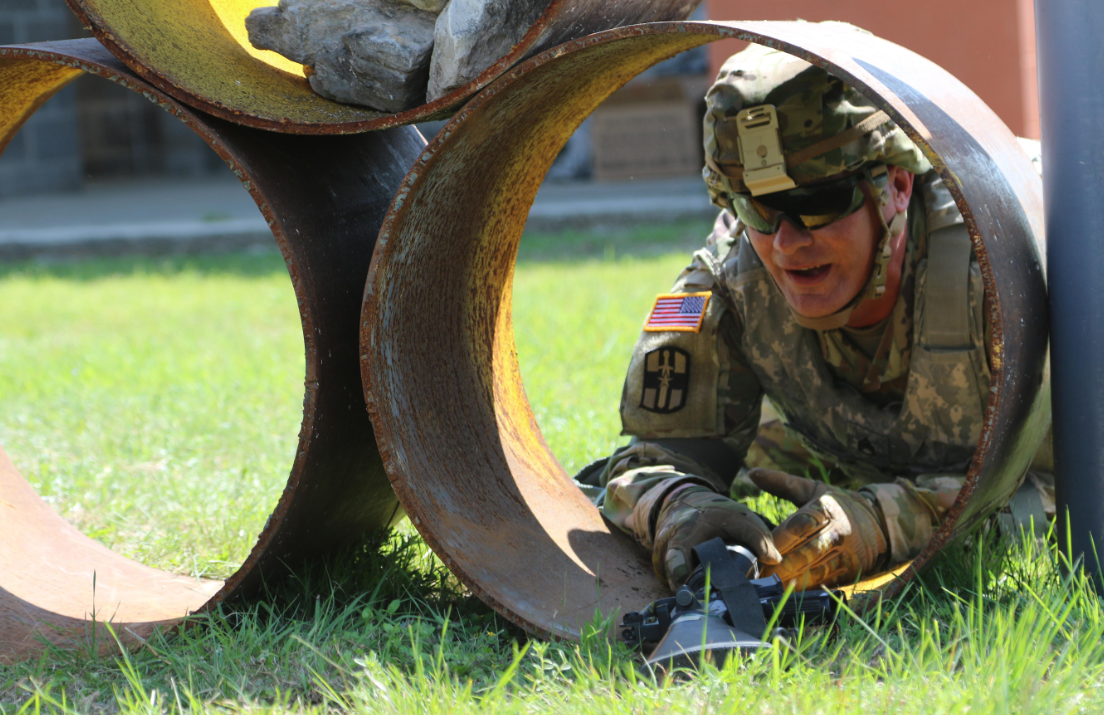
What They Do: They mainly operate X-ray and similar medical imaging equipment. This equipment is used to diagnose and treat injuries, diseases, and more.
Minimum ASVAB Score: ST: 106
92. Pharmacy Specialist (68Q)
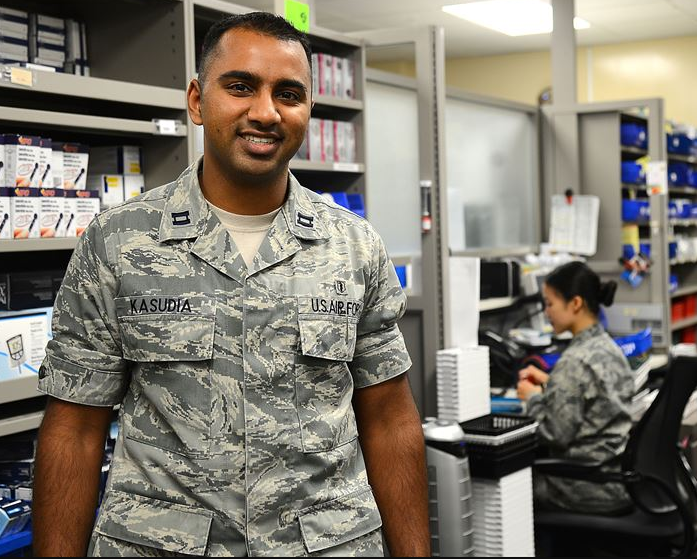
What They Do: They prepare and dispense prescribed drugs and medicines to personnel. They also keep stock, keep records, and perform quality control checks on the prescriptions they give.
Minimum ASVAB Score: ST: 95
93. Veterinary Food Inspection Specialist (68R)
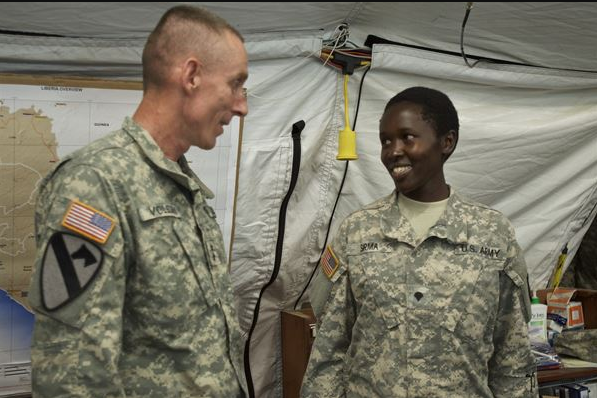
What They Do: These specialists are part of the Army Veterinary Corps, even though they inspect food for humans. These specialists inspect rations for soldiers and food sold in commissary stores. They are also trained as Animal Care Specialists (68T) and assist veterinarians in the care of animals and the control of zoonotic diseases or other diseases of animal origin.
Minimum ASVAB Score: ST: 95
94. Preventive Medicine Specialist (68S)
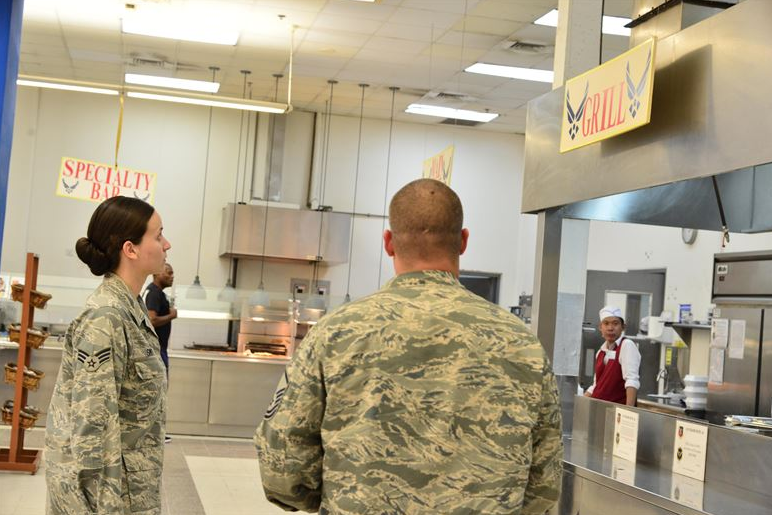
What They Do: They conduct preventive medicine inspections and assist with laboratory procedures to control the spread of disease. It’s also not uncommon to see them maintaining records, tracking risk factors, and surveying conditions that may risk good health.
Minimum ASVAB Score: ST: 101
95. Animal Care Specialist (68T)
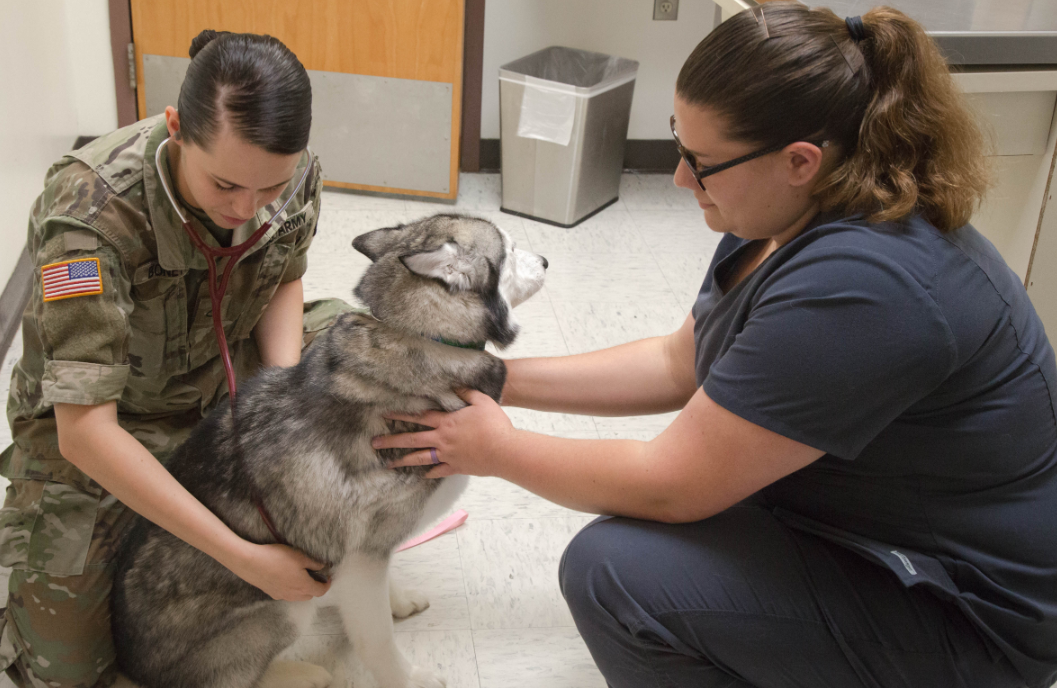
What They Do: They prevent and treat any disease or injury in working animals, such as K-9 units and ceremonial horses. They perform minor surgical procedures and preventative care services on government-owned animals as well as those owned by soldiers and their families. They also inspect and prevent the spread of diseases from animals to humans.
Minimum ASVAB Score: ST: 91
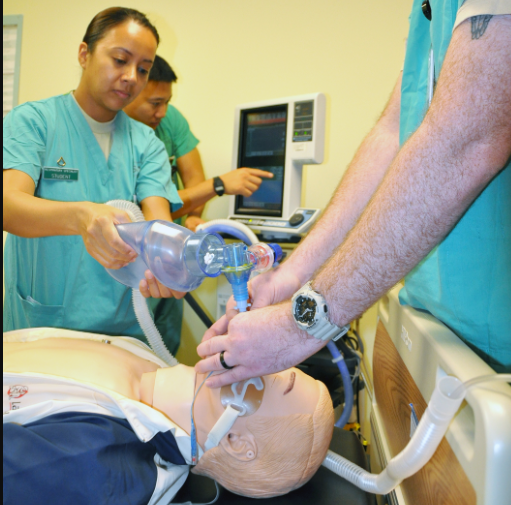
What They Do: They, as you may imagine from the name, are mainly concerned with helping via respiratory therapy and performing pulmonary function tests. It is an advanced-level position that seeks to help patients with respiratory diseases or disorders.
Minimum ASVAB Score: ST: 102
97. Combat Medic Specialist (68W)
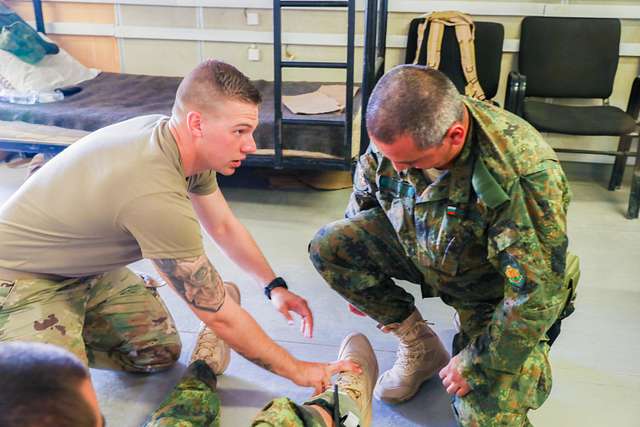
What They Do: They address and treat wounds when they happen on the battlefield or during a humanitarian crisis such as a natural disaster. This is a position of emergency medical care, and these soldiers work as first responders. They may also assist with outpatient/inpatient care and treatment.
Minimum ASVAB Score: ST: 101 & GT: 107
98. Behavioral Health Specialist (68X)
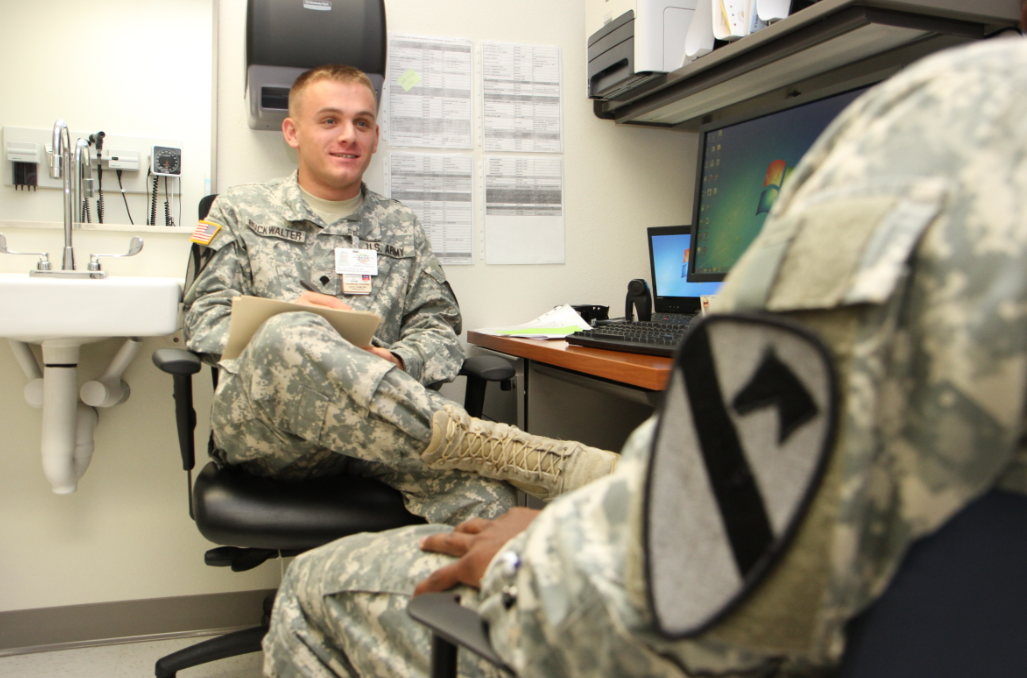
What They Do: These specialists mainly treat and manage patients with mental health or behavioral problems, including addiction or substance abuse. They counsel clients and patients, assist and treat with different techniques/medication, and record data.
Minimum ASVAB Score: ST: 101
99. Eye Specialist (68Y)
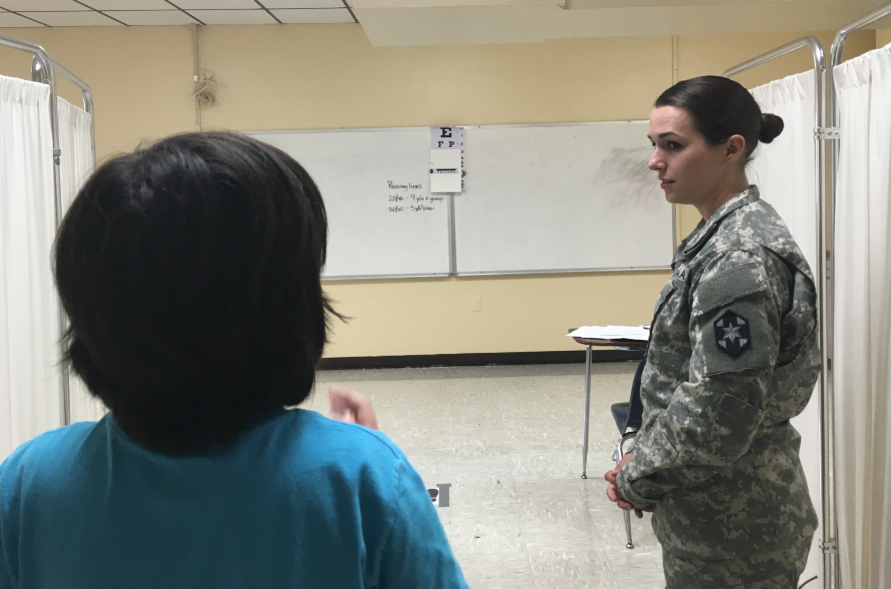
What They Do: These specialists mainly perform regular diagnostic tests and assist in the care of patients who have vision or eye health problems. They work closely with several different types of specialists to accomplish this.
Minimum ASVAB Score: ST: 101 & GT: 107
100. Chemical, Biological, Radiological, and Nuclear (CBRN) Specialist (74D)
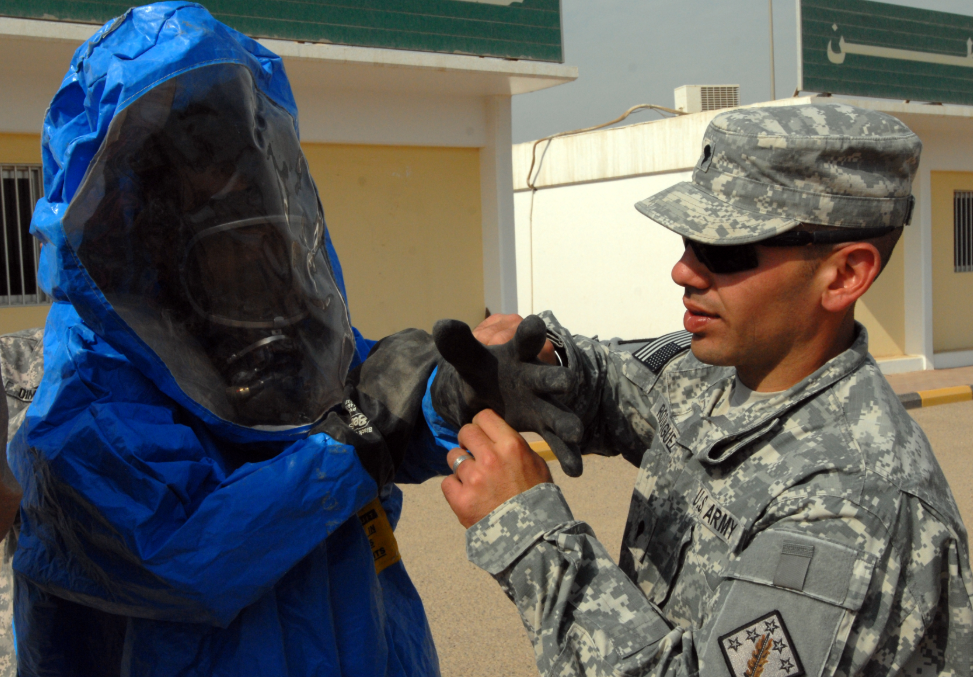
What They Do: These specialists have a very important job: defending the country against the threat of CBRN weapons and Weapons of Mass Destruction. Their duties are vital and various but deal primariliy with defense measures and prediction of attacks, as well as decontamination.
Minimum ASVAB Score: ST: 100
101. Cargo Specialist (88H)
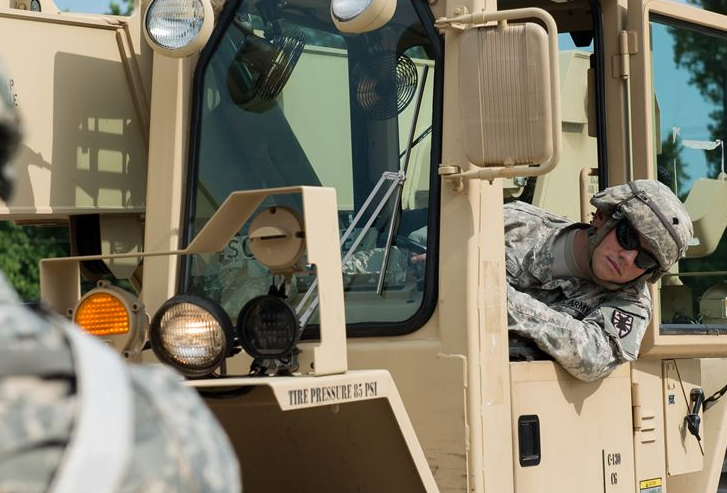
What They Do: They mainly focus on cargo — the shipping of it, inspecting it, counting it, loading and unloading supplies, operating and maintaining loading machinery, and more. They ensure the Army receives its supplies all over the world.
Minimum ASVAB Score: GM: 88
102. Watercraft Operator (88K)
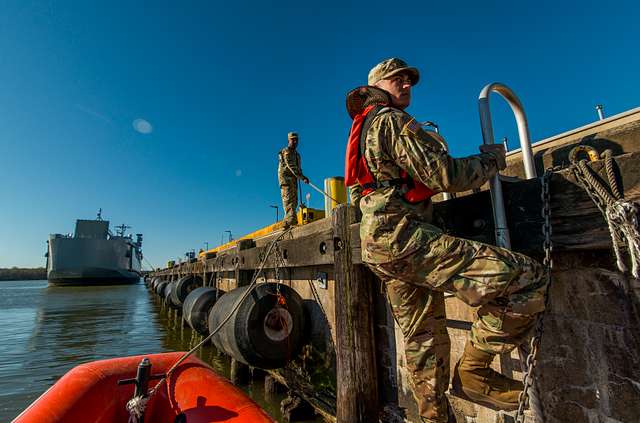
What They Do: These soldiers mostly navigate and perform operations on Army-owned watercraft. They are part of a piloting team, responsible for navigation, cargo, and other soldiers onboard. They dock and undock vessels, send and receive messages, and perform various other duties.
Minimum ASVAB Score: MM: 99
103. Watercraft Engineer (88L)
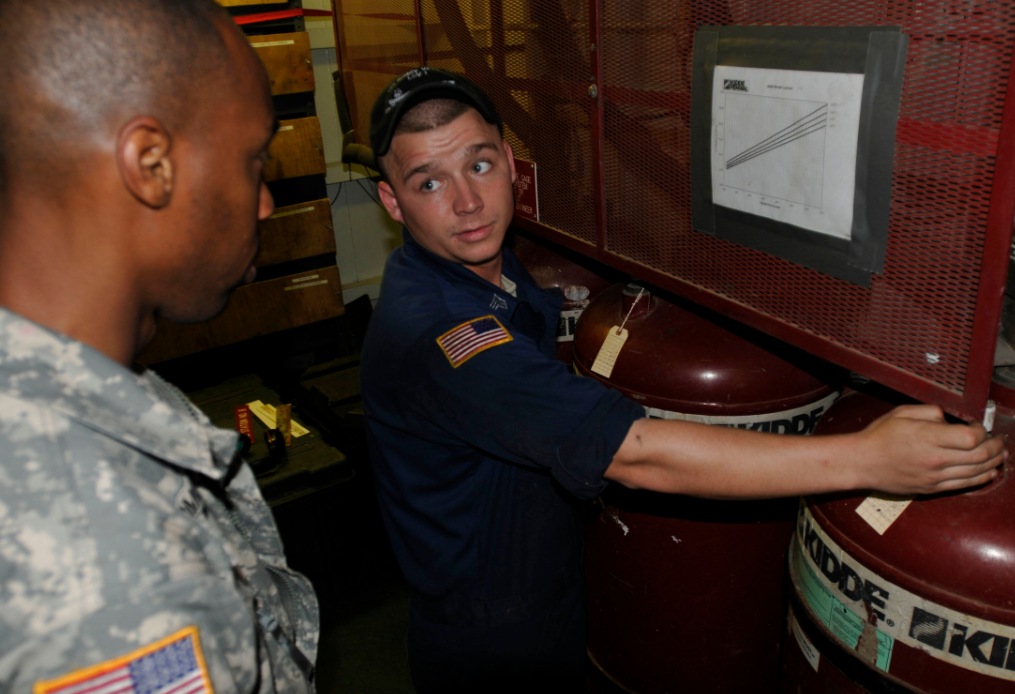
What They Do: They repair and maintain various Army watercraft, performing daily system checks and overall reviewing the machinery and engines on Army watercraft. They also maintain and repair vessel electrical systems, propulsion, and lift machinery.
Minimum ASVAB Score: MM: 99
104. Motor Transport Operator (88M)
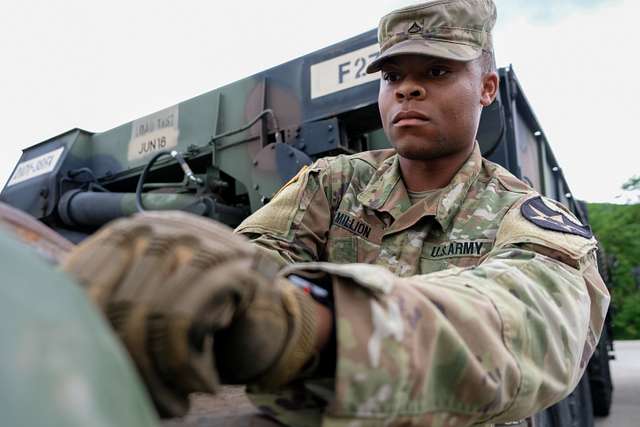
What They Do: These soldiers mainly focus on operating vehicles to transport personnel and cargo. They manage loading and unloading, the safety of personnel being transported, and much more.
Minimum ASVAB Score: OF: 85
105. Transportation Management Coordinator (88N)
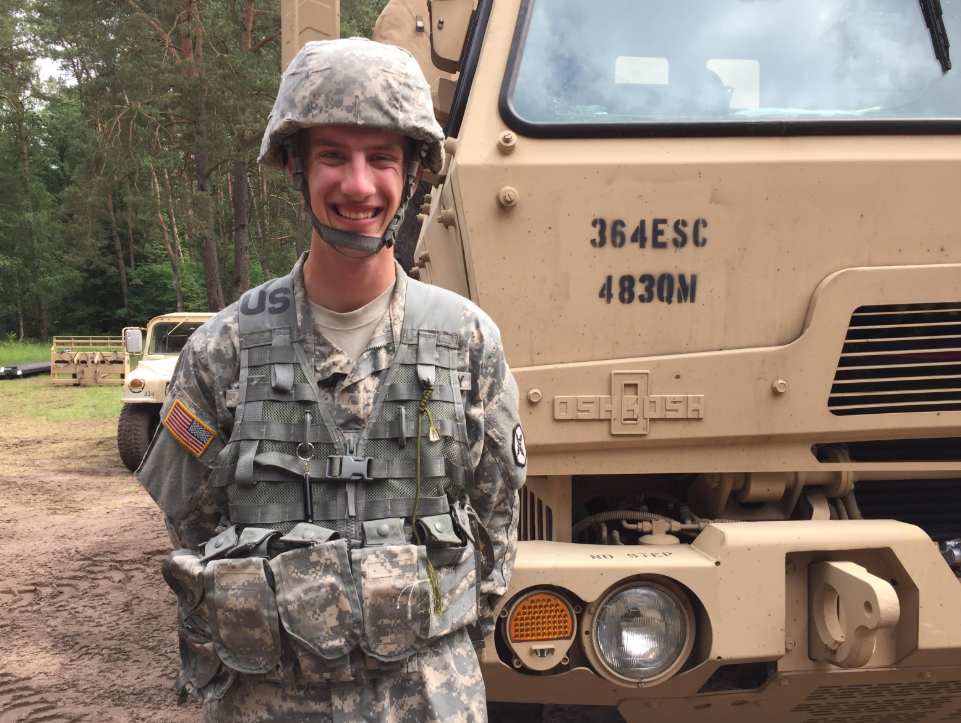
What They Do: These soldiers coordinate transportation for personnel and equipment. They also document and record inventory and shipments of all types, and prepare equipment and cargo to be transported.
Minimum ASVAB Score: CL: 95
106. Railway Section Repairer (R) (88T) – Primarily available in National Guard/Reserves (Active Duty availability varies; check current recruiting).
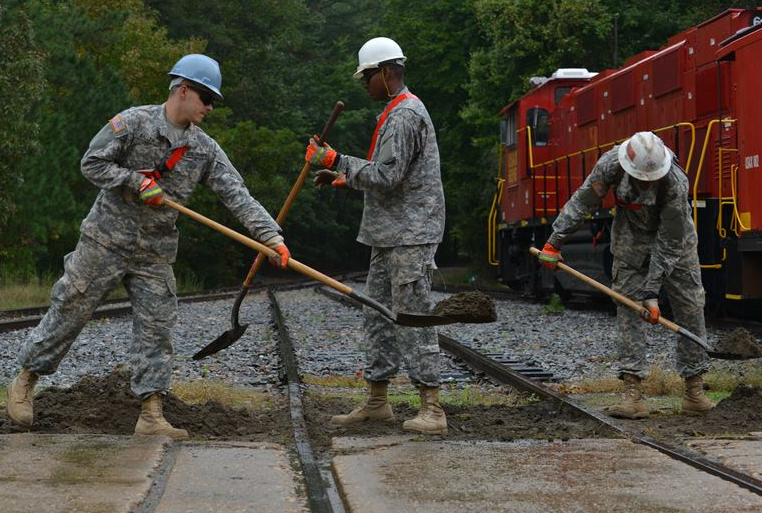
What They Do: They perform repairs and regular maintenance on railway tracks, fences, switches, and other aspects of railway facilities. They are in charge of keeping the railways properly maintained.
Minimum ASVAB Score: MM: 87
107. Railway Operations Crewmember (88U)

What They Do: These specialists mainly focus on operating the Army’s diesel-electric locomotives used for transporting supplies and equipment. They operate signal towers, couple and uncouple cars, and ensure the safe transport of Army cargo.
Minimum ASVAB Score: MM: 92
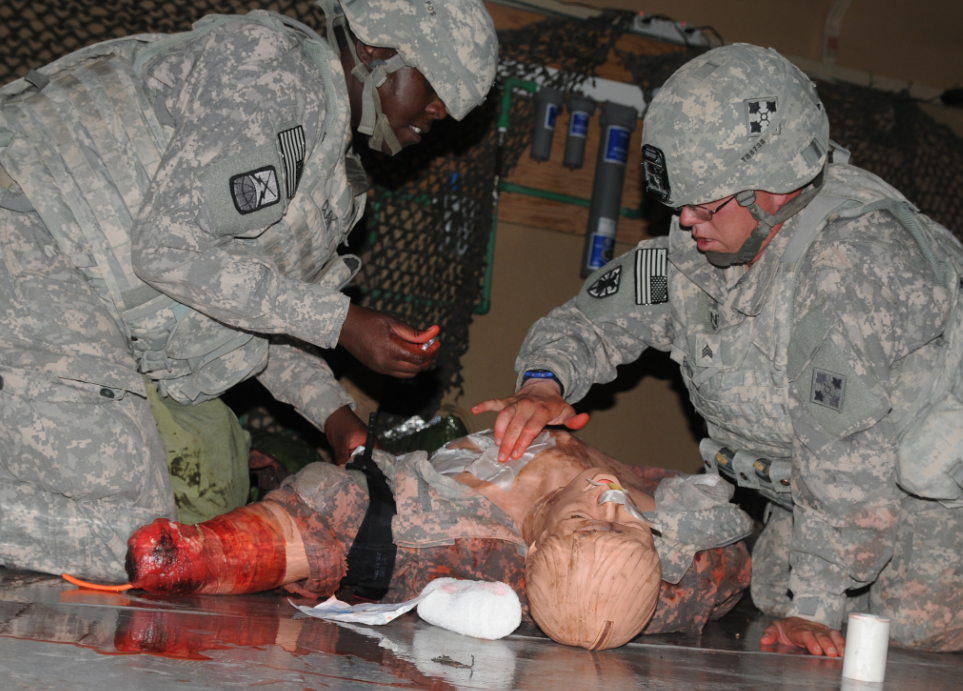
What They Do: These specialists are primarily concerned with keeping stock and count of ammunition, explosives, and related ordnance. They also maintain the hardware/software systems that track these items, as well as perform manual record keeping.
Minimum ASVAB Score: ST: 91
109. Ammunition Specialist (89B)
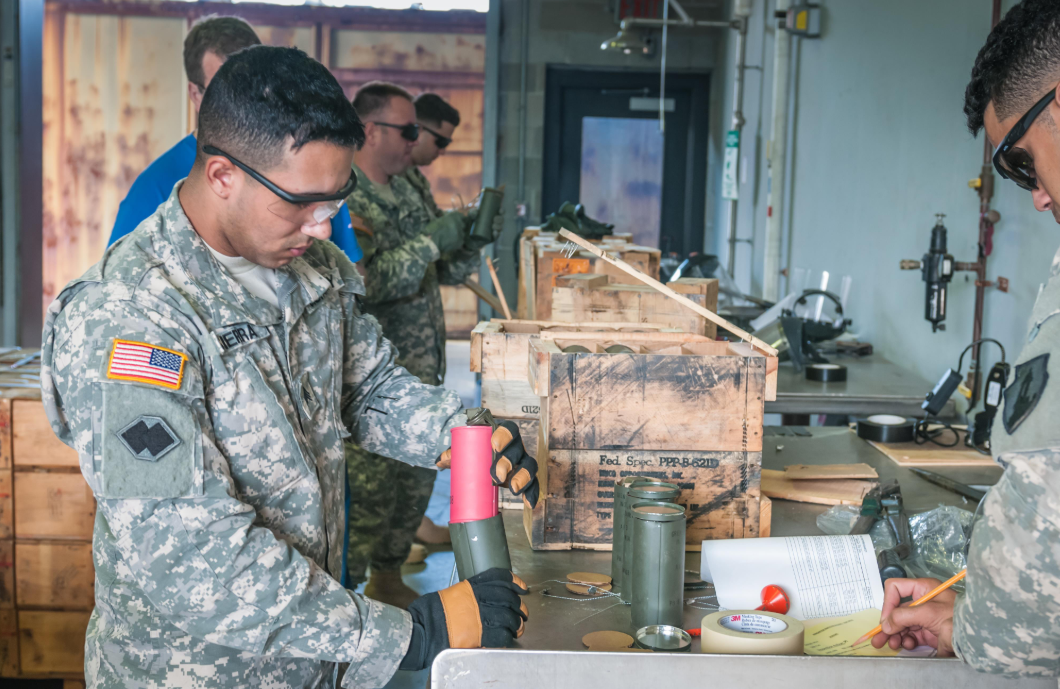
What They Do: These specialists manage ordnance, which is both ammunition as well as explosives. They receive, store, inspect, and issue these supplies. They also perform maintenance, operate computer hardware, and check stock.
Minimum ASVAB Score: ST: 91
110. Explosive Ordinance Disposal Specialist (EOD) (89D)
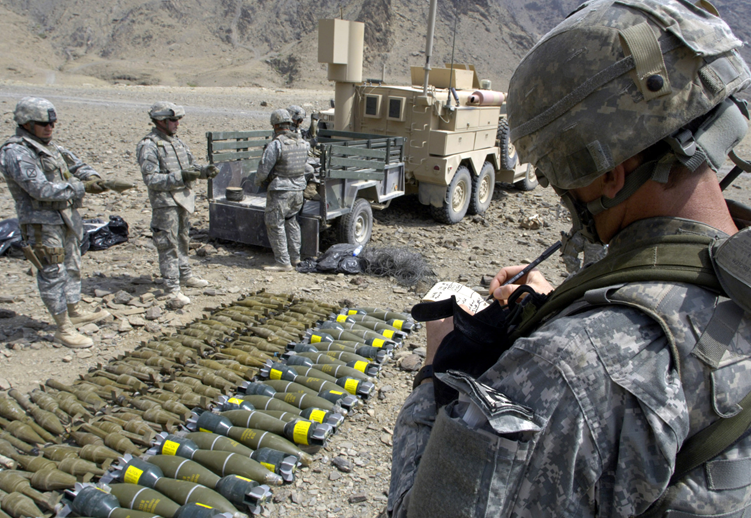
What They Do: These are the first and foremost explosive experts in the U.S. Army. They identify ordnance, dispose of hazardous ordnance, and prepare and maintain all kinds of tools and equipment. They use advanced robotics to dispose of dangerous objects.
Minimum ASVAB Score: GM: 105
111. M1 Abrams Tank System Maintainer (91A)
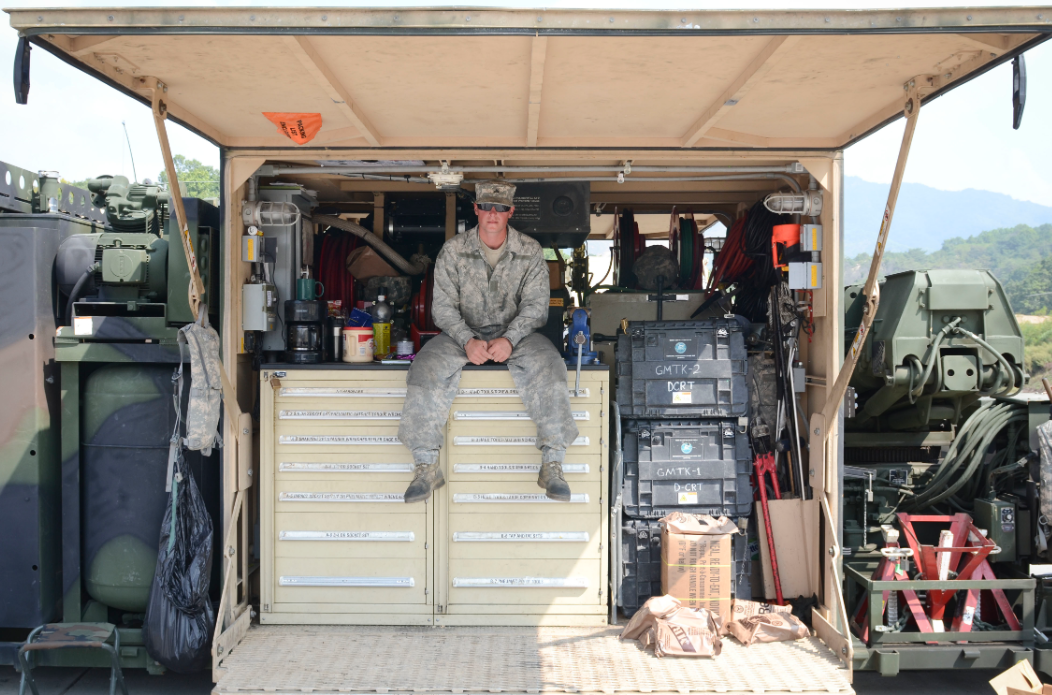
What They Do: They, as the name might suggest, repair and maintain the M-1 Abrams Tank. They specifically perform maintenance on things like the suspension, steering, and more, as well as dealing with malfunctions.
Minimum ASVAB Score: MM: 88 & GT: 85 or MM: 99
112. Wheeled Vehicle Mechanic (91B)
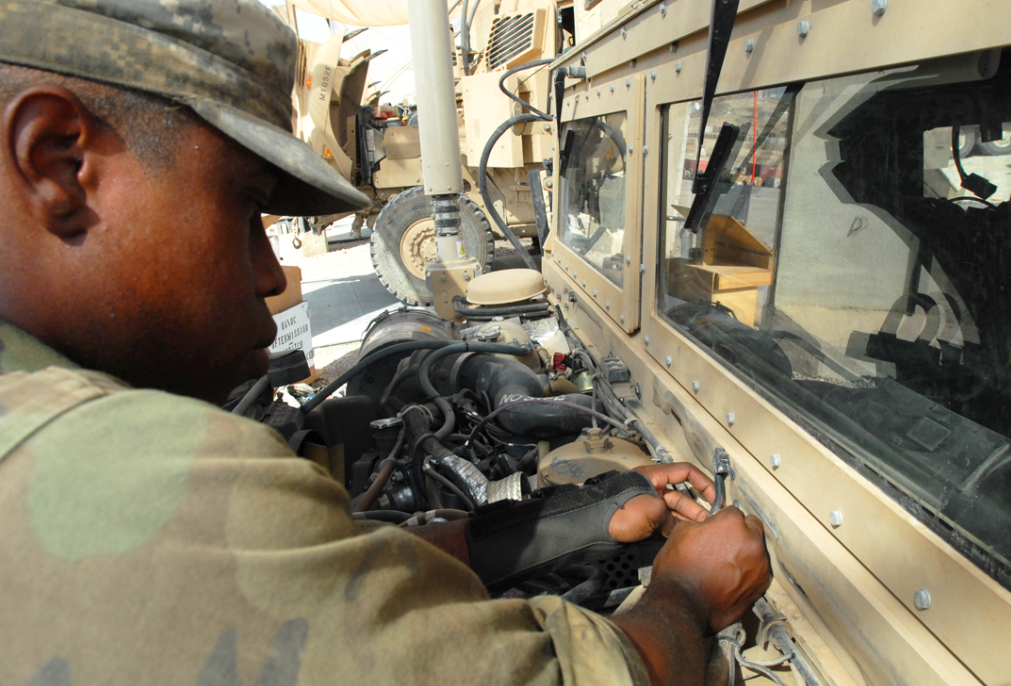
What They Do: They maintain all kinds of wheeled vehicles, repair them, and inspect and service them. These include light vehicles, heavy vehicles, and certain armored vehicles as well.
Minimum ASVAB Score: MM: 87 & GT: 85 or MM: 92
113. Utilities Equipment Repairer (91C)
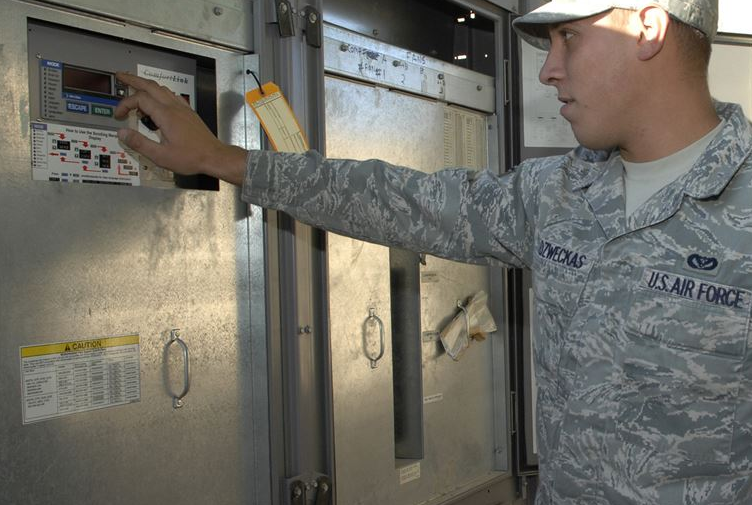
What They Do: They repair and perform preventative maintenance on critical utility equipment, such as HVAC systems and refrigeration units. They work to adjust equipment for efficiency, test for leaks or pressure loos, and document any repairs.
Minimum ASVAB Score: GM: 98
114. Tactical Power Generation Specialist (91D)
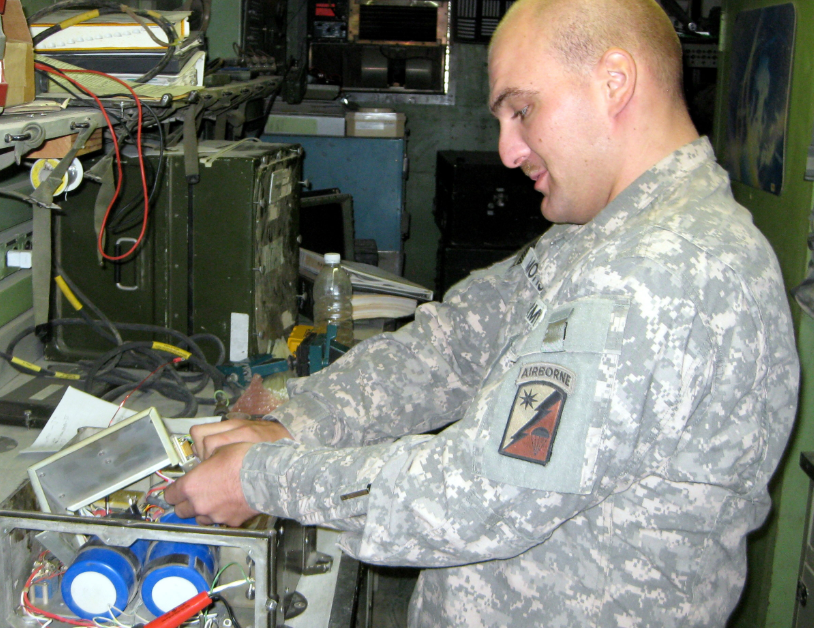
What They Do: They supervise the maintenance and repair of power-generation equipment and internal-combustion engines used in generators. They test and diagnose equipment to repair and maintain them at peak efficiency.
Minimum ASVAB Score: GM: 98 or GM: 88 & GT: 88
115. Allied Trade Specialist (91E)
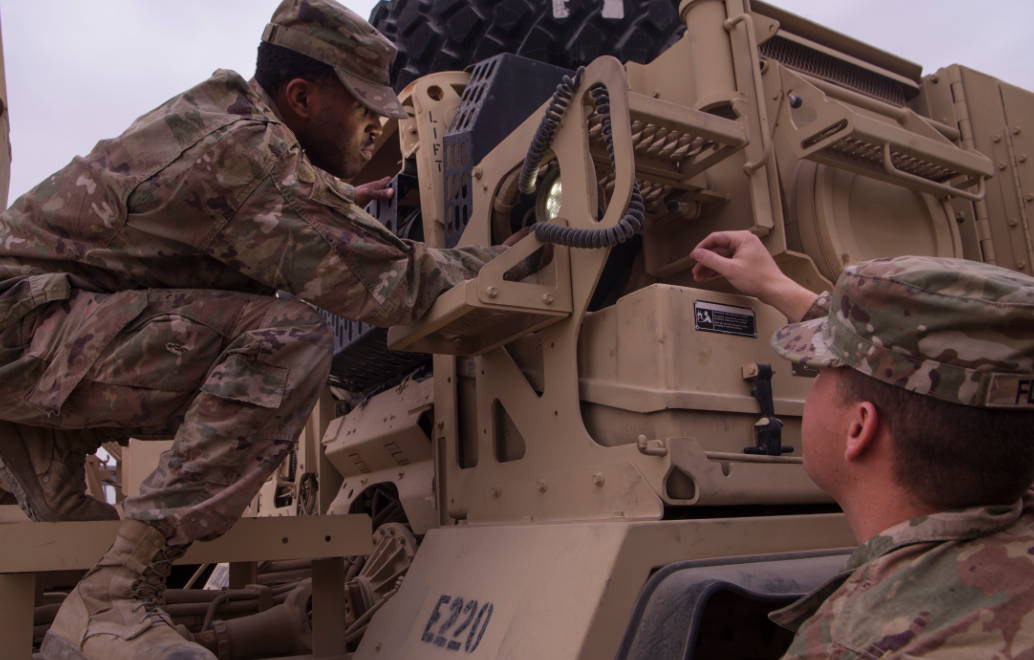
What They Do: They mainly focus on performing the creation, repair, and modification of both metallic and nonmetallic parts for Army equipment. They operate all kinds of machine shop equipment to fabricate or modify parts, including welding machines, lathes, drill presses, and grinders.
Minimum ASVAB Score: GM: 88 & GT: 95 or GM: 98
116. Small Arms/Artillery Repairer (91F)
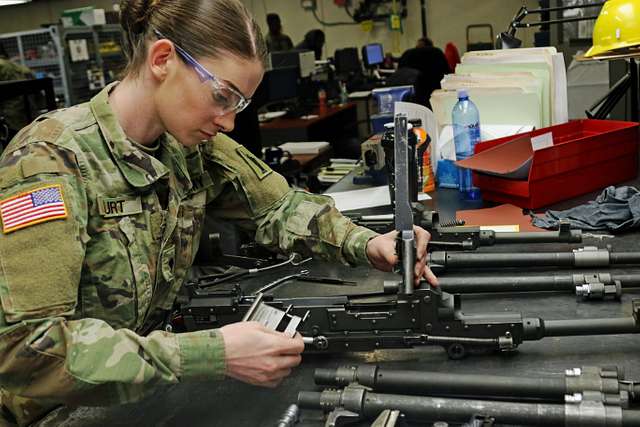
What They Do: They operate and perform repair and maintenance on all kinds of smaller arms, field artillery, ballistic missiles, and other types of weapons.
Minimum ASVAB Score: GM: 93 or GM: 88 & GT: 85
117. Fire Control Repairer (91G)
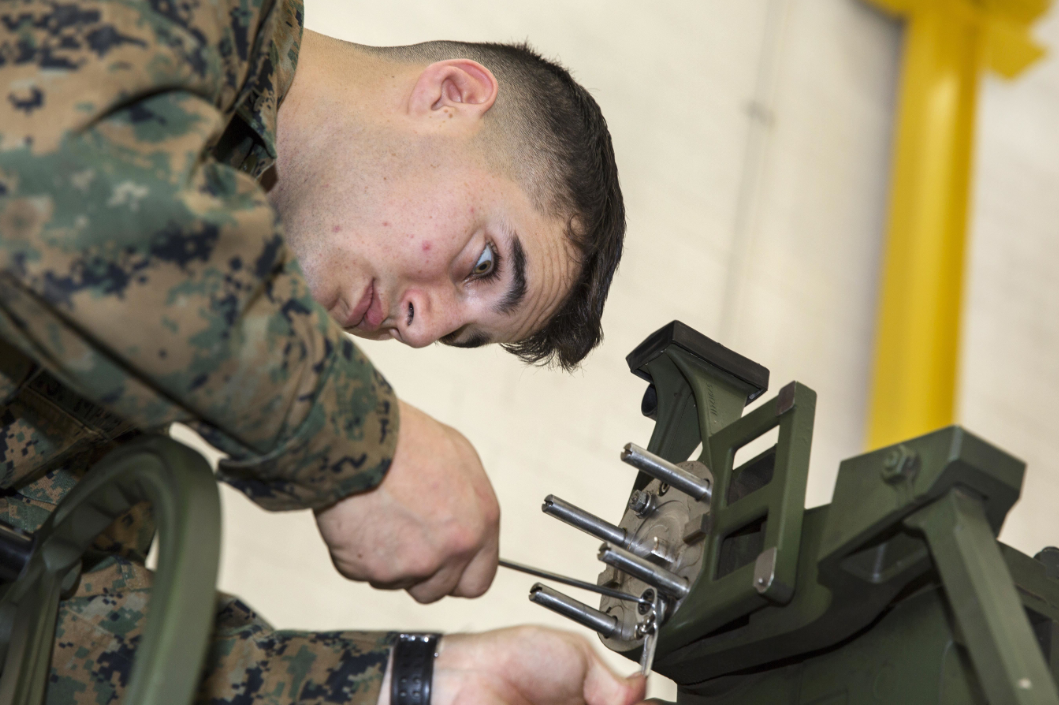
What They Do: They are responsible for repairing and maintaining all kinds of high-tech equipment like ballistic computers, laser observation devices, and more. They also do these repairs during combat occasionally.
Minimum ASVAB Score: MM: 87 & GT: 85 or MM: 92
118. Track Vehicle Mechanic (91H)
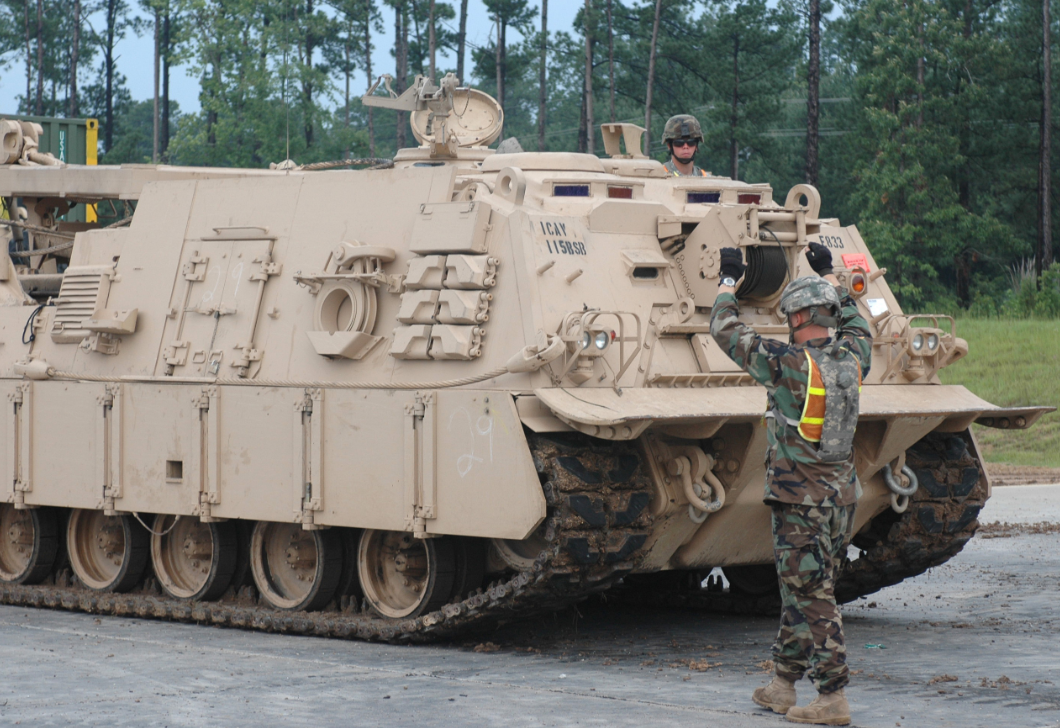
What They Do: These mechanics perform routine maintenance and repair on all and any kinds of tracked vehicles. They also supervise fuel/electrical system repair and maintenance.
Minimum ASVAB Score: MM: 87 & GT: 85 or MM: 92
119. Quartermaster & Chemical Equipment Repair (91J)
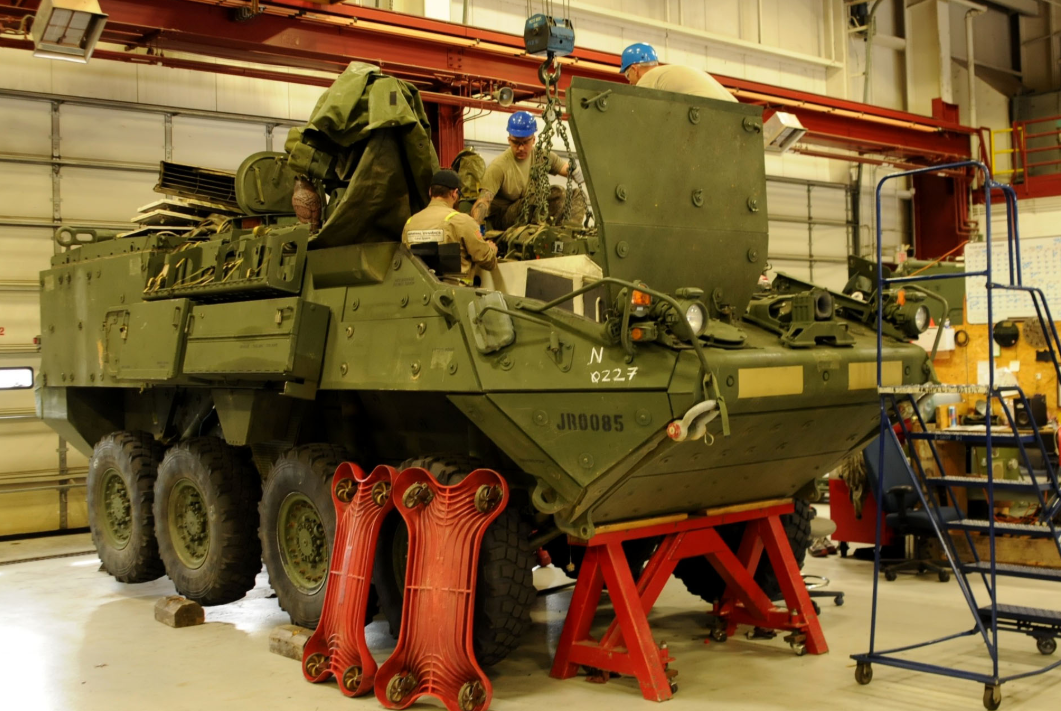
What They Do: These specialists perform repair and maintenance on all kinds of specialized chemical equipment. These include heater systems, pumps, filter systems, combustion engines, and more.
Minimum ASVAB Score: MM: 87 & GT: 85 or MM: 92
120. Construction Equipment Repairer (91L)
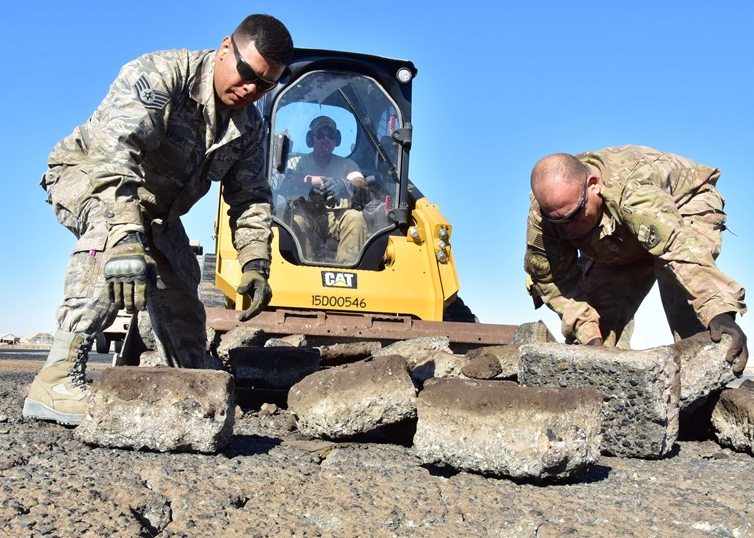
What They Do: These mechanics repair all kinds of construction equipment that become damaged or need maintenance in some way. These include trucks, bulldozers, and other heavy machinery.
Minimum ASVAB Score: MM: 87 & GT: 85 or MM: 92
121. Bradley Fighting Vehicle System Maintainer (91M)
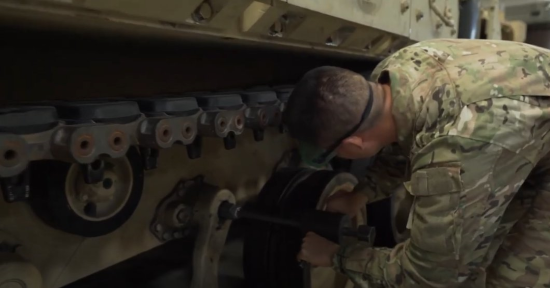
What They Do: These mechanics are specialized in the repair of several different vehicles, mainly the M2/M3 and A2/A3 Bradley Fighting vehicles. They perform routine maintenance and repair on these vehicles, including fire controls, suspension, and steering.
Minimum ASVAB Score: MM: 88 & GT: 92 or MM: 99
122. Artillery Mechanic (91P)
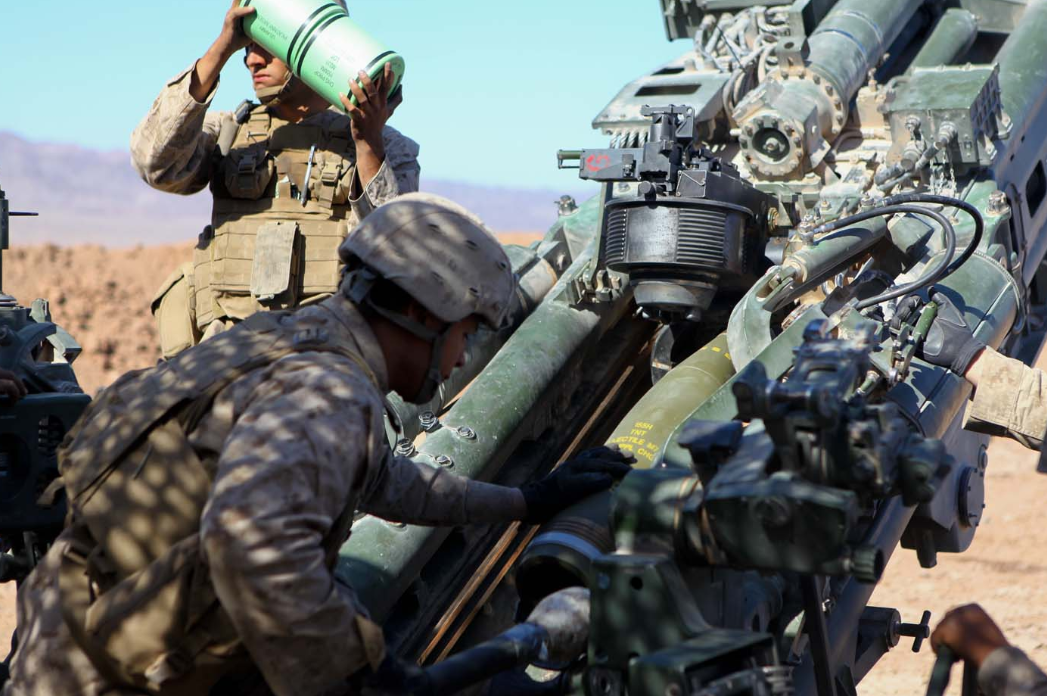
What They Do: These mechanics repair and maintain self-propelled artillery cannon weapons systems. These include many different kinds, from automotive to turret to fire control.
Minimum ASVAB Score: MM: 88 & GT: 88 or MM: 99
123. Stryker Systems Maintainer (91S)
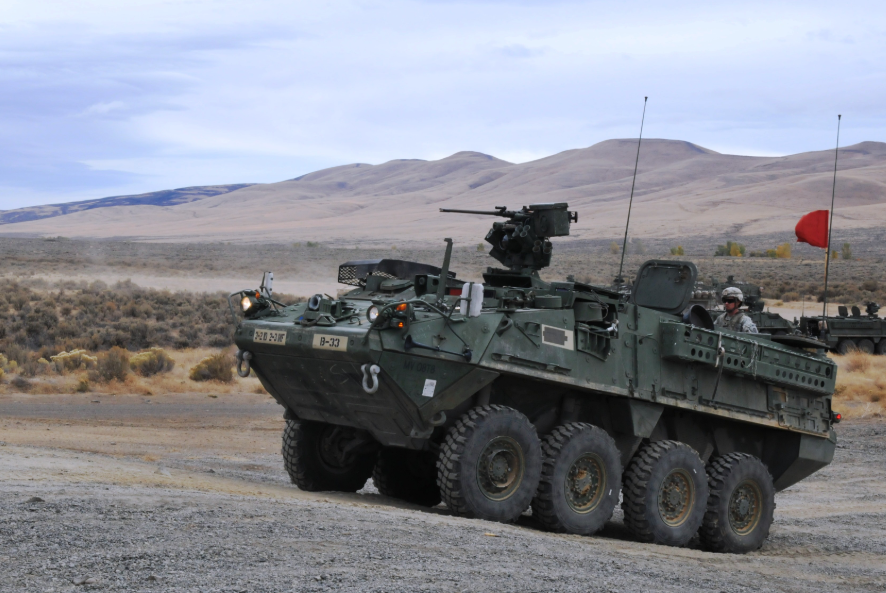
What They Do: These maintainers work and focus solely as part of a team to keep the Stryker family of vehicles running, and the operation going smoothly. They diagnose and troubleshoot systems problems and repair and replace components.
Minimum ASVAB Score: MM: 92 & GT: 85 or MM: 87
124. Automated Logistical Specialist (92A)
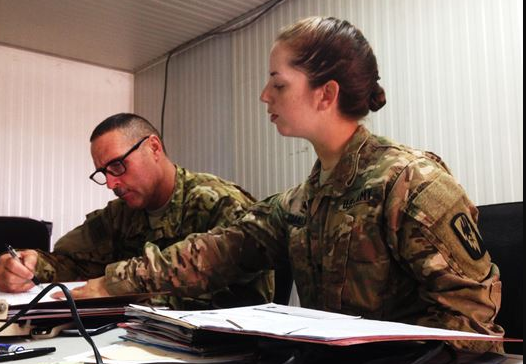
What They Do: These specialists supervise and maintain all different kinds of warehouse and inventory management systems. They perform duties such as review of stock, unloading equipment, and recording data of stock.
Minimum ASVAB Score: CL: 90
125. Culinary Specialists (92G)
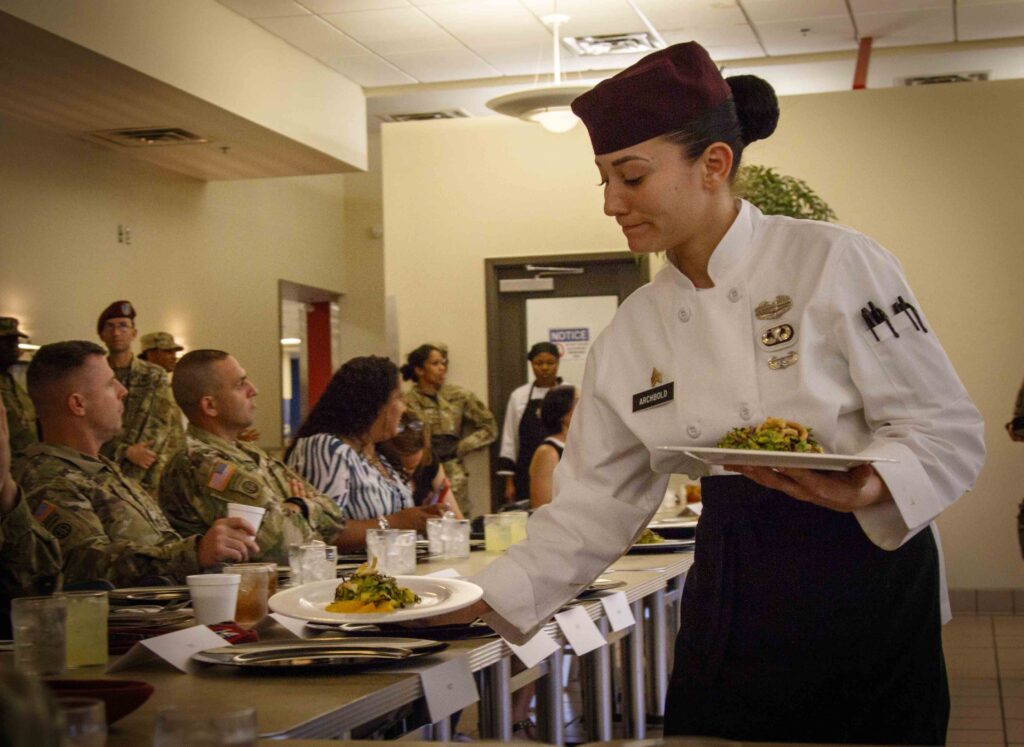
What They Do: These specialists prepare and serve food in garrison dining halls or in the field. They also order supplies, inspect them, and keep the kitchen sanitary by following food safety rules.
Minimum ASVAB Score: OF: 85
126. Petroleum Laboratory Specialist (92L)
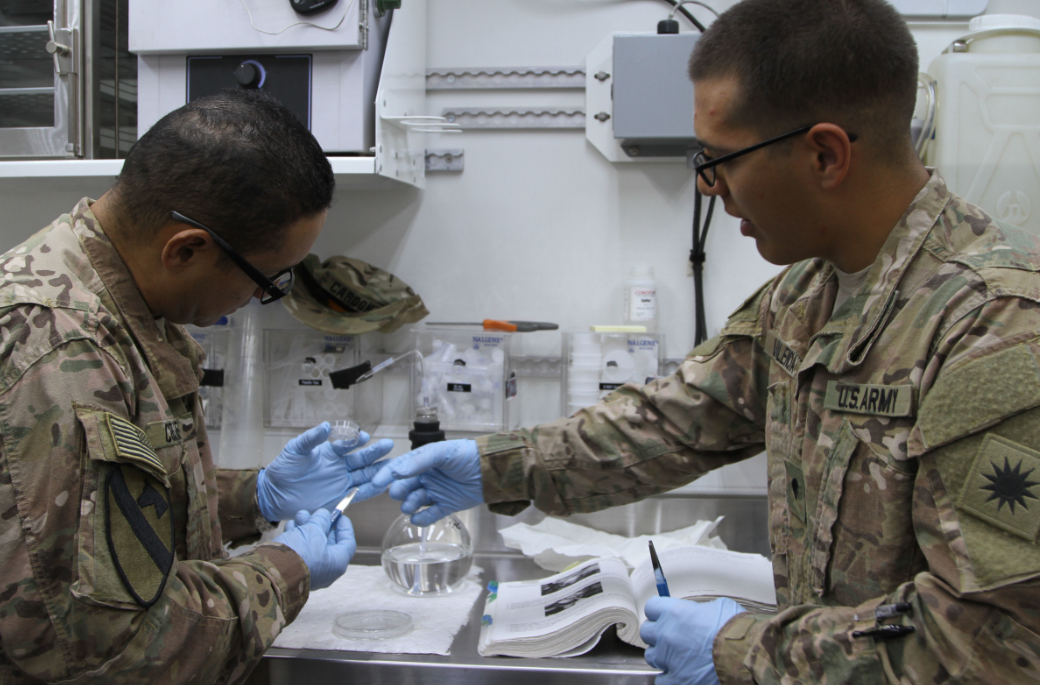
What They Do: These specialists mainly focus on performing all kinds of tests on things relating to petroleum, oil, and lubricant products. They report their findings and adhere to safety procedures while doing their duties.
Minimum ASVAB Score: ST: 91
127. Mortuary Affairs Specialist (92M)
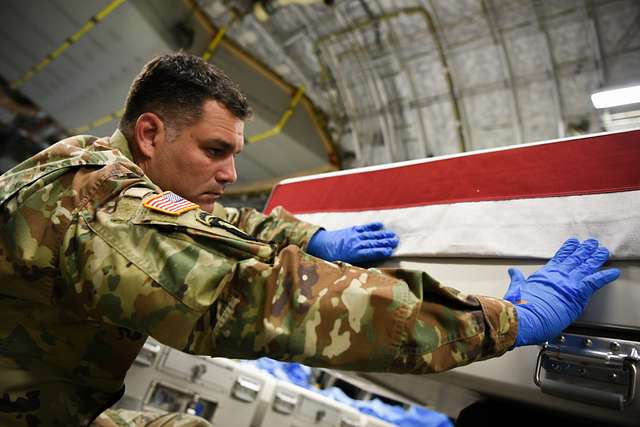
What They Do: These specialists have responsibilities that relate to deceased personnel, such as identifying dead soldiers, determining remains, attempting to find personal effects, transporting the soldiers home, and helping with the arrangement of military honors at the burial site.
Minimum ASVAB Score: GM: 88
128. Parachute Rigger (92R)
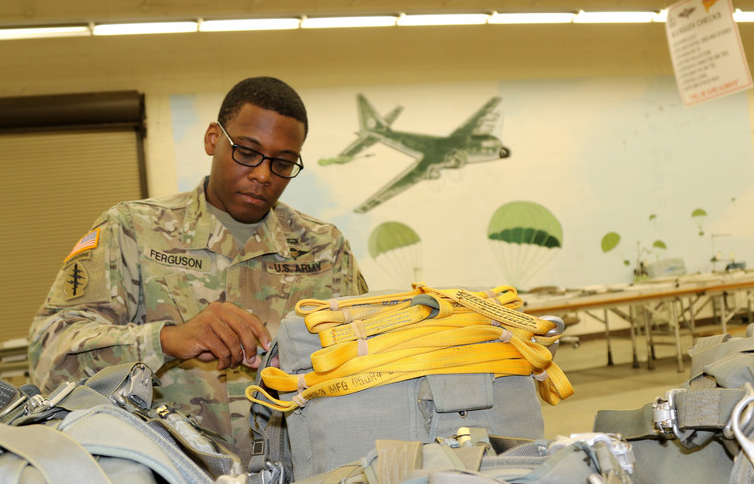
What They Do: They inspect, test, and pack parachutes. They also work with a number of textile and rubber items. They also rig things for airdrop: specifically equipment and supplies. They also store and clean all airdrop equipment.
Minimum ASVAB Score: GM: 88 & CO: 87
129. Shower, Laundry & Clothing Repair Specialist (92S)
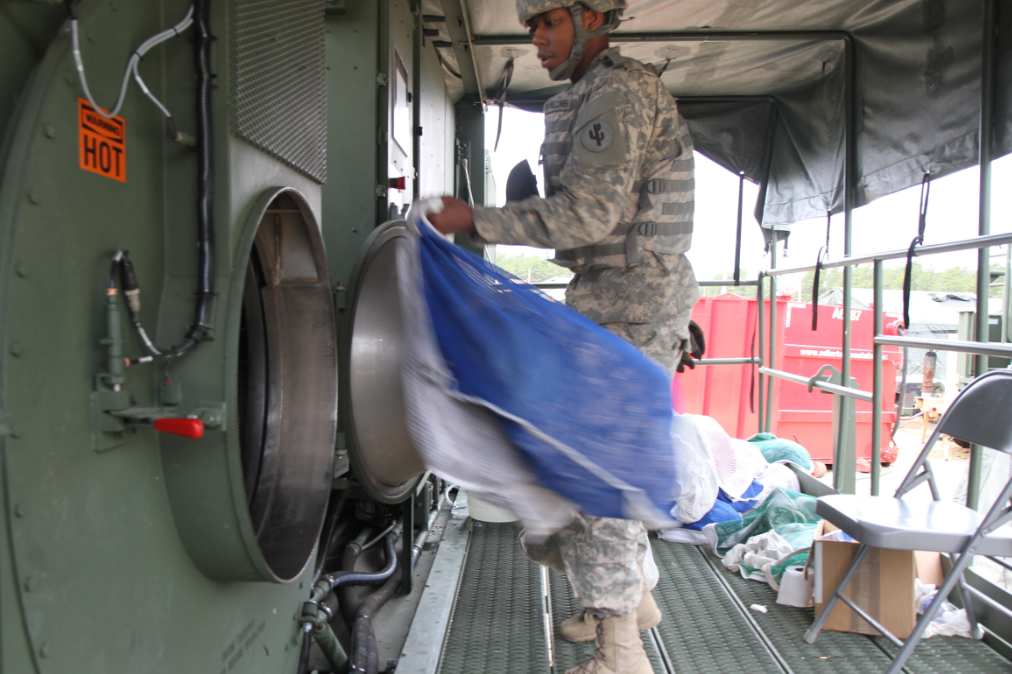
What They Do: They perform laundry, alter sizes of clothing, receive bulk, individual, and organization laundry, and repair damaged clothing for personnel.
Minimum ASVAB Score: GM: 84
130. Water Treatment Specialist (92W)
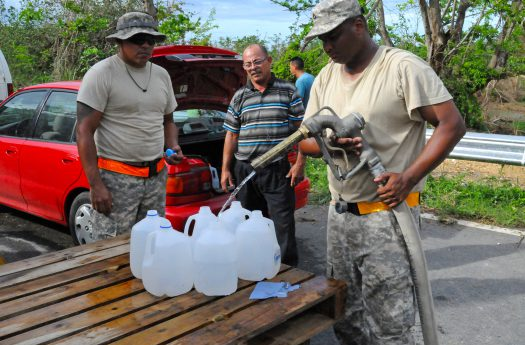
What They Do: They supervise and perform the installation and operation of water purification equipment. They also deal with water storage and preparation of sites for said equipment.
Minimum ASVAB Score: GM: 88
131. Unit Supply Specialist (92Y)
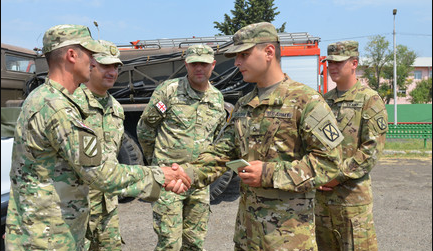
What They Do: They have a large, general role: either supervising or performing tasks that have to deal with the Army’s equipment and supplies, in its entirety. They order, receive, inspect, store, and issue supplies and equipment.
Minimum ASVAB Score: CL: 90
132. Land Combat Electronic Missile System Repairer (94A)
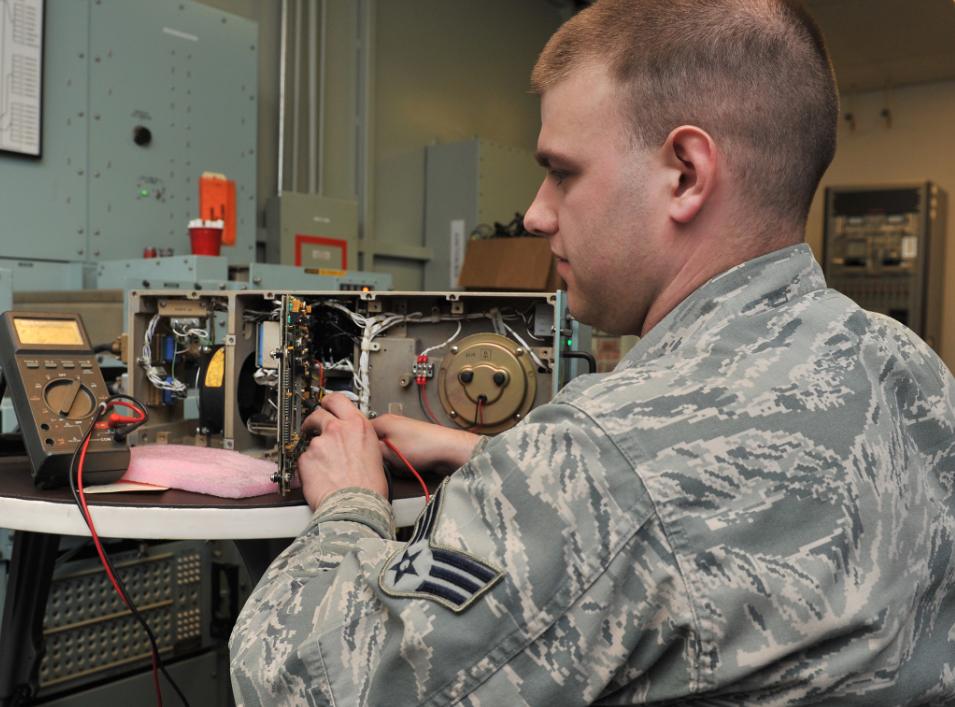
What They Do: They repair and maintain a variety of different missile systems. They also have other duties, such as performing quality control tests and inspecting specific components for malfunction.
Minimum ASVAB Score: EL: 102
133. Air Traffic Control Equipment Repair (94D)
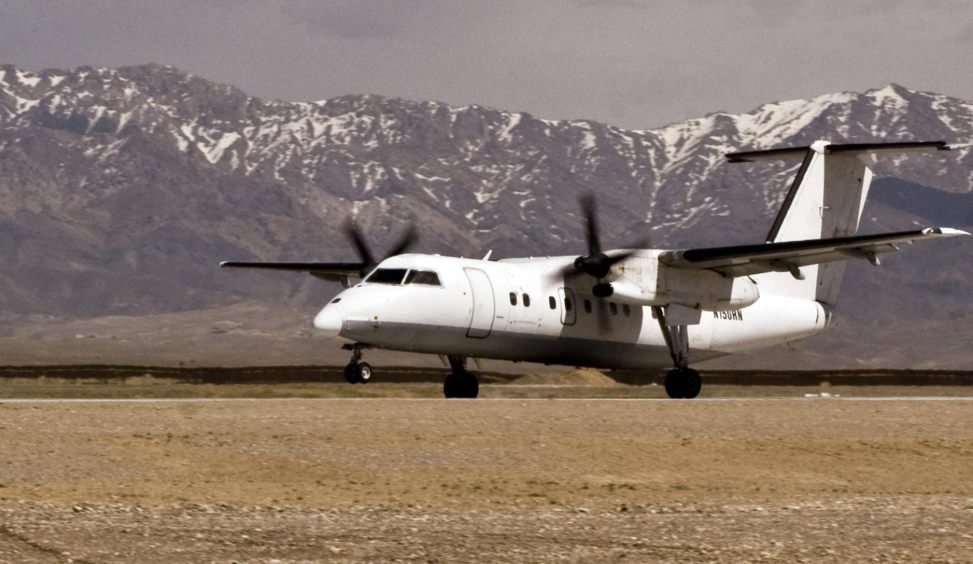
What They Do: These soldiers, as the name suggests, repair and maintenance all equipment related to air traffic control, from landing systems to communications systems to navigational aids. They also replace equipment parts and install and adjust air traffic control comms.
Minimum ASVAB Score: EL: 102
134. Radio Equipment Repairer (94E)
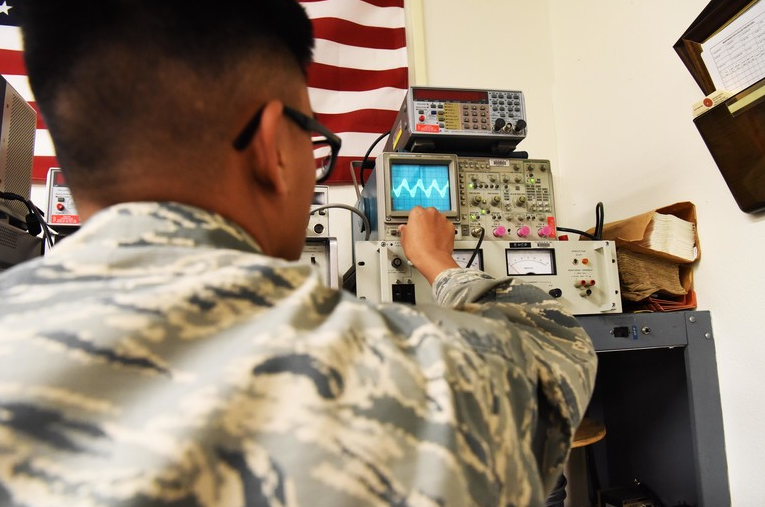
What They Do: These soldiers repair and maintain all kinds of equipment on radio receivers and transmitters, as well as other kinds of comms security equipment. They calibrate and test equipment to ensure it works to specifications.
Minimum ASVAB Score: EL: 102
135. Computer Detection Systems Repair (94F)
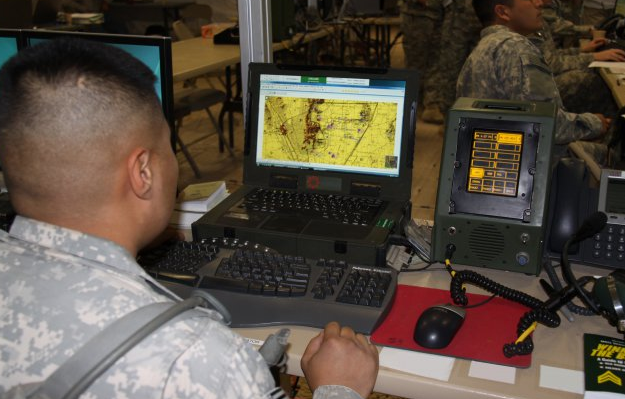
What They Do: They perform maintenance and repair on computer systems. They do so on a large number of important systems and equipment. These systems include field artillery, microcomputers, GPS receivers, and more.
Minimum ASVAB Score: EL: 102
136. Test, Measurement, and Diagnostic Equipment (TDME) Maintenance Support Specialist (94H)
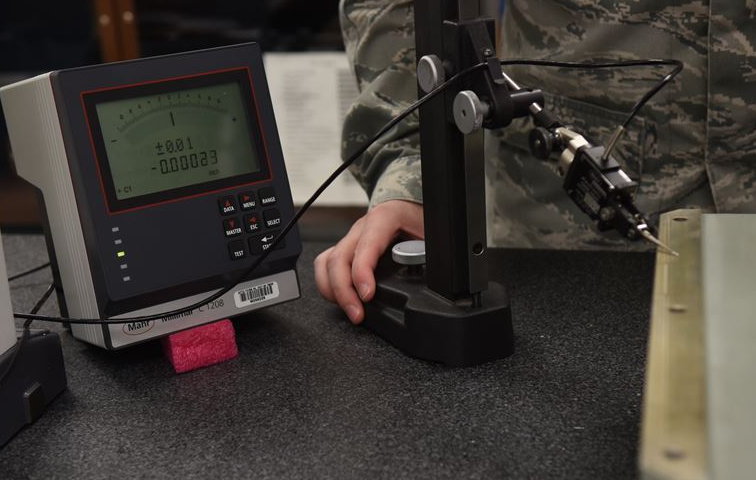
What They Do: They maintain precision testing instruments. These specialists in electronics work on clocks, timers, and radiation detectors, including those installed in equipment and vehicles.
Minimum ASVAB Score: EL: 107
137. Radar Repairer (94M)
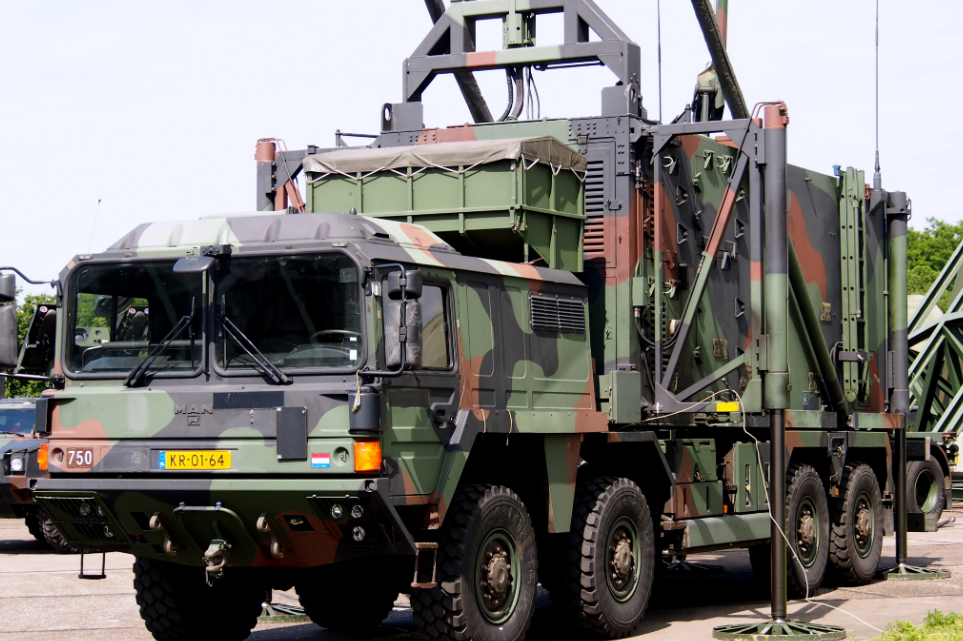
What They Do: These radar repairers mainly focus on inspecting, maintaining, and repairing all kinds of equipment related to ground surveillance radar in specific. They also troubleshoot problems related to this equipment.
Minimum ASVAB Score: EL: 107
138. Multiple Launch Rocket System (MLRS) Repairer (94P)

What They Do: These repairers perform all kinds of maintenance on different kinds of rocket systems. They isolate issues, troubleshoot, and solve mechanical problems including electrical, hydraulic, and mechanic problems.
Minimum ASVAB Score: EL: 93
139. Avionic & Survivability Equipment Repairer (94R)

What They Do: They mainly focus on repairing and maintaining a lot of different equipment that is associated with avionic navigation, flight control, and stablization. They also calibrate equipment and install circuits and wiring.
Minimum ASVAB Score: EL: 98
140. Patriot System Repairer (94S)

What They Do: These specialists are integral to the Army’s performance. They maintain and repair the PATRIOT system, which is a combat missile system. They perform tests, diagnose issues, and repair any problems with the system.
Minimum ASVAB Score: EL: 107
141. Short Range Air Defense System Repairer (94T)

What They Do: They repair and maintain the AVENGER system, which is very important to the Army’s defense, since it is a short-range air defense system designed to defend against attacks, securing the battlefield air space and protecting ground troops.
Minimum ASVAB Score: EL: 98
142. Integrated Family of Test Equipment Operator/Maintainer (94Y)

What They Do: They perform maintenance, tests, and adjustments on equipment used to perform diagnostics on different weapons systems. They ensure test equipment is working accurately. They also maintain power generators and instrument parts.
Minimum ASVAB Score: MM: 92 OR MM: 87 and GT: 85
In order to qualify for a particular job, you must, of course, meet the minimum qualifications for that MOS.
This includes the minimum score that the job requires from the Armed Services Vocational Aptitude Battery, or ASVAB. This test determines skills, specialties, and where exactly in the military an individual might excel.
To join the Army, you must obtain a minimum ASVAB AFQT score of 31. The maximum score is 99.
There are several different sub-tests and subjects. The general ones are General Science (GS); Arithmetic Reasoning (AR); Mathematics Knowledge (MK); Electronics Information (El); Auto and Shop Information (AS); Word Knowledge (WK); Paragraph Comprehension (PC); Mechanical Comprehension (MC); and Assembling Objects (AO).
From these, further sub-specifications result in all of the different divisions of work that the Army uses in order to remain self-sufficient. View the chart below to understand all of the acronyms before reading about the jobs themselves.
CO: Combat
EL: Electronics
FA: Field Artillery
GM: General Maintenance
GT: General Technical
MM: Mechanical Maintenance
OF: Operators and Food
SC: Surveillance and Communications
ST: Skilled Technical
Frequently Asked Questions (FAQ)
What are the best jobs in the Army?
While this is completely subjective, some of the most sought-after jobs in the Army include Infantry (MOS 11B), Counterintelligence (MOS 35L), Criminal Investigations (MOS 31D), and Cyber Ops (MOS 17C).
Can you choose your job in the Army?
Depending on your ASVAB scores, you may have the ability to choose which job you get in the Army. It will ultimately depend on the needs of the Army, which always come first.
What are the most in-demand jobs in the Army?
As of 2026, the Army continues to prioritize certain high-demand MOS, including intelligence (e.g., 35 series), engineering (e.g., 12 series), and armor roles (e.g., 19 series). Demand varies; check goarmy.com or a recruiter for current needs and enlistment bonuses (up to $50K for qualifying jobs and contract lengths).
What’s the easiest job in the Army?
There’s no such thing as an ‘easy’ job in the Army. Each one has its own unique challenges, and will ultimately make you a better person.
What are the best Army jobs for women?
Women can do virtually any job in the Army, and there are no specific jobs that would be considered the ‘best’ for female soldiers.
Other Military Job Lists
Check out some of the jobs in other branches below:
Resources
Army Height And Weight Standards
- Ikon Pass Military Discount: Learn How To Save Big - January 31, 2025
- RTIC Military Discount: Find Out How To Save Big on Gear - January 30, 2025
- Sonos Military Discount: Learn How To Save Big on Sound Gear - January 27, 2025

